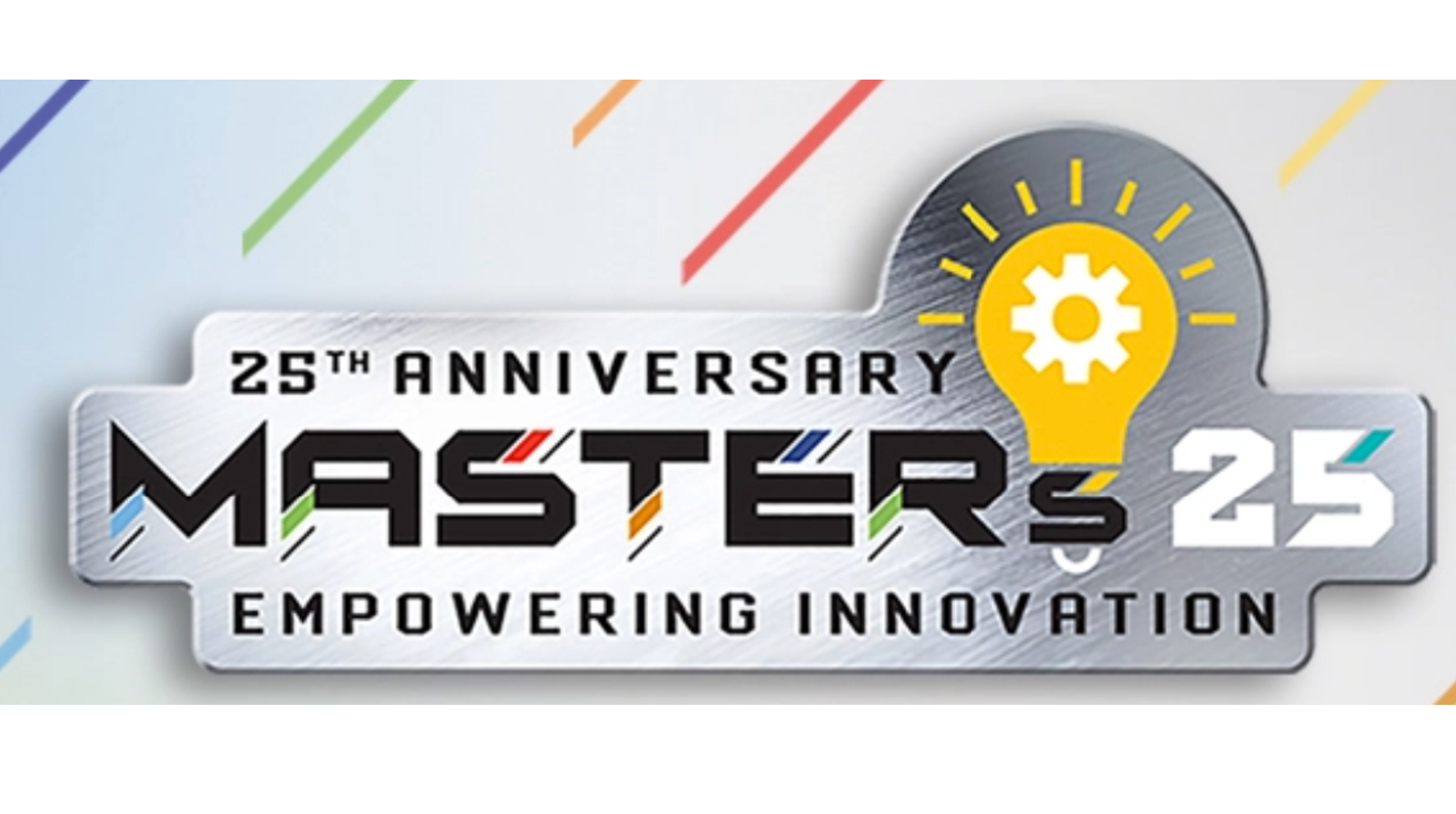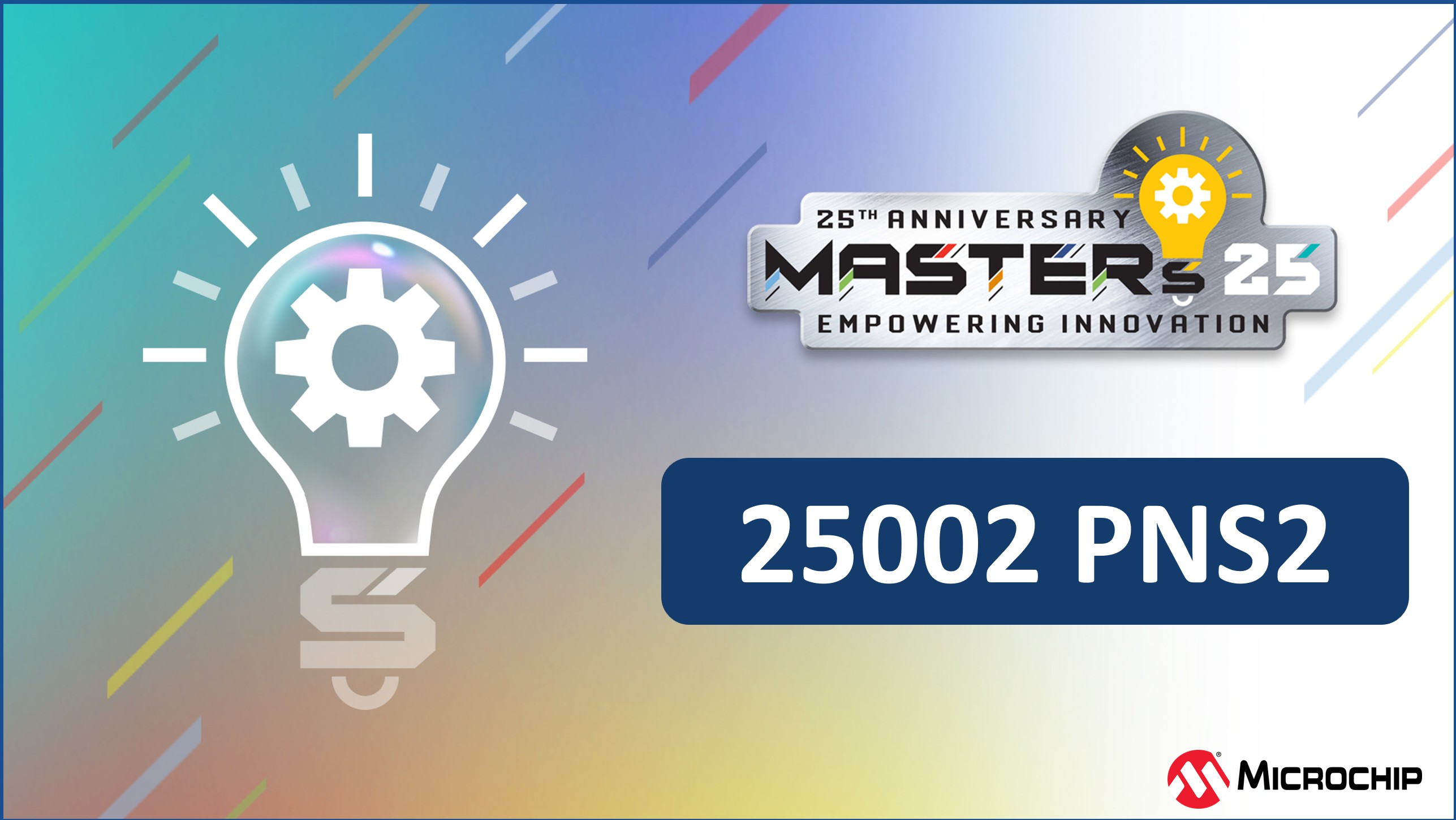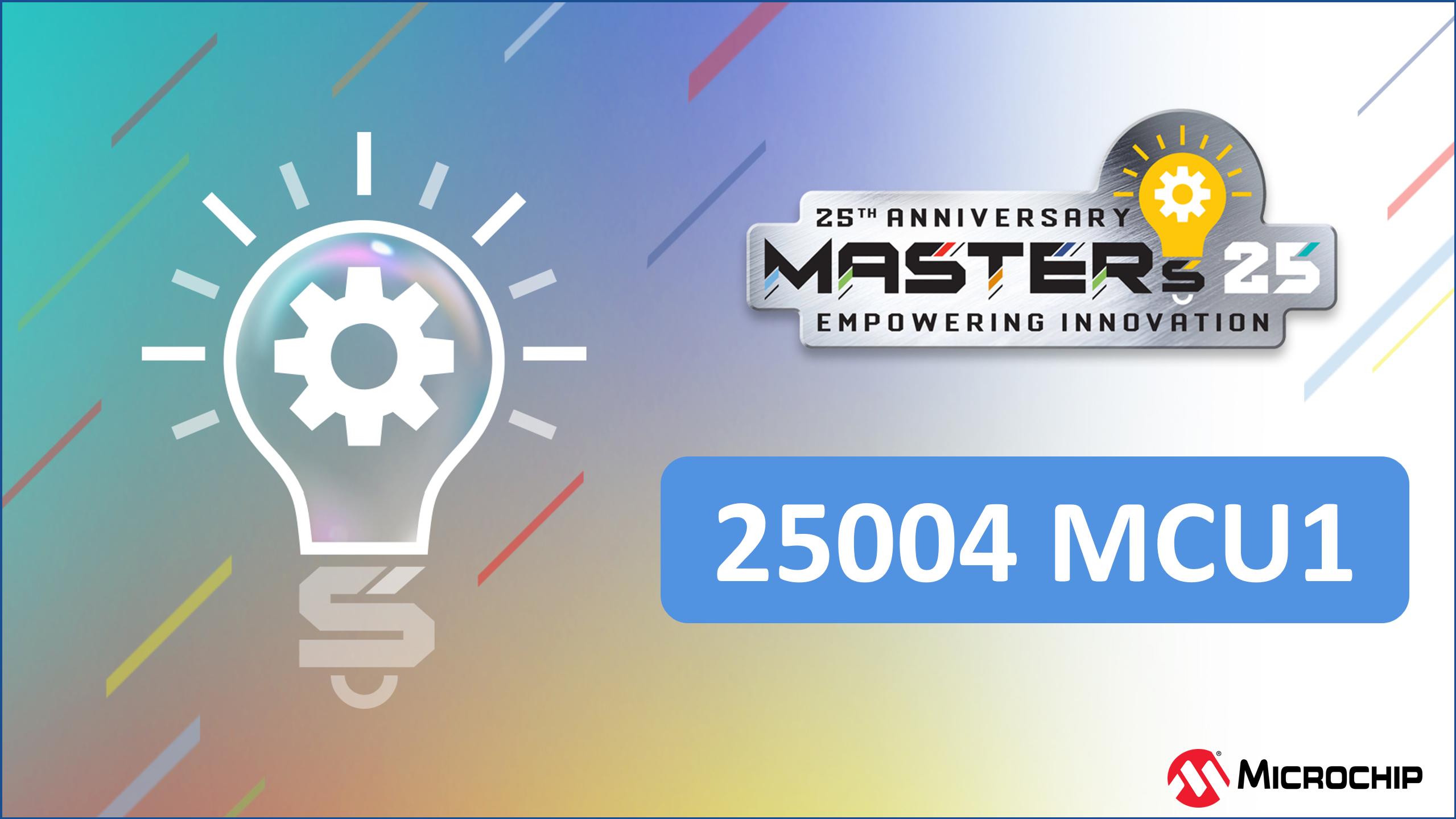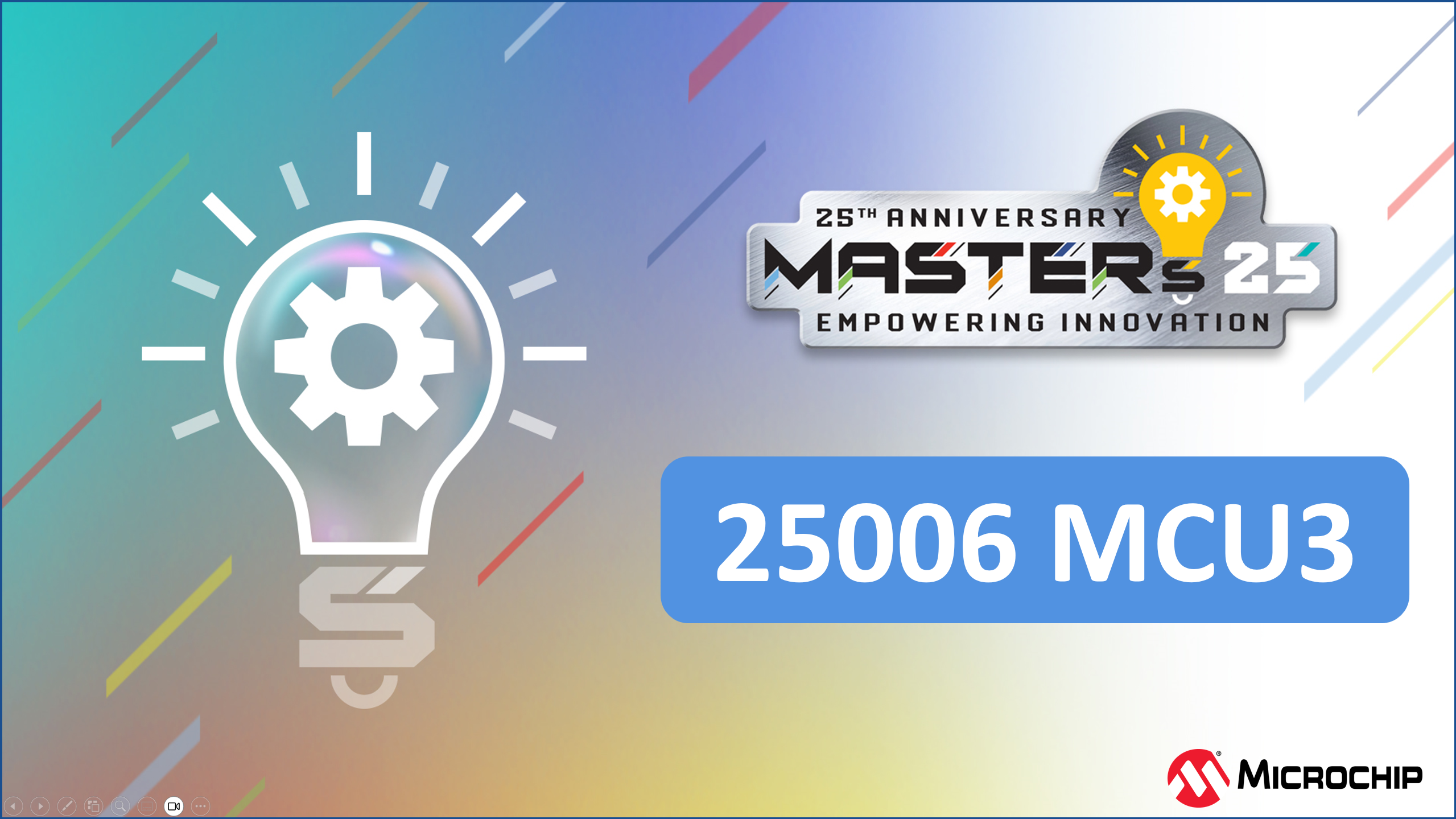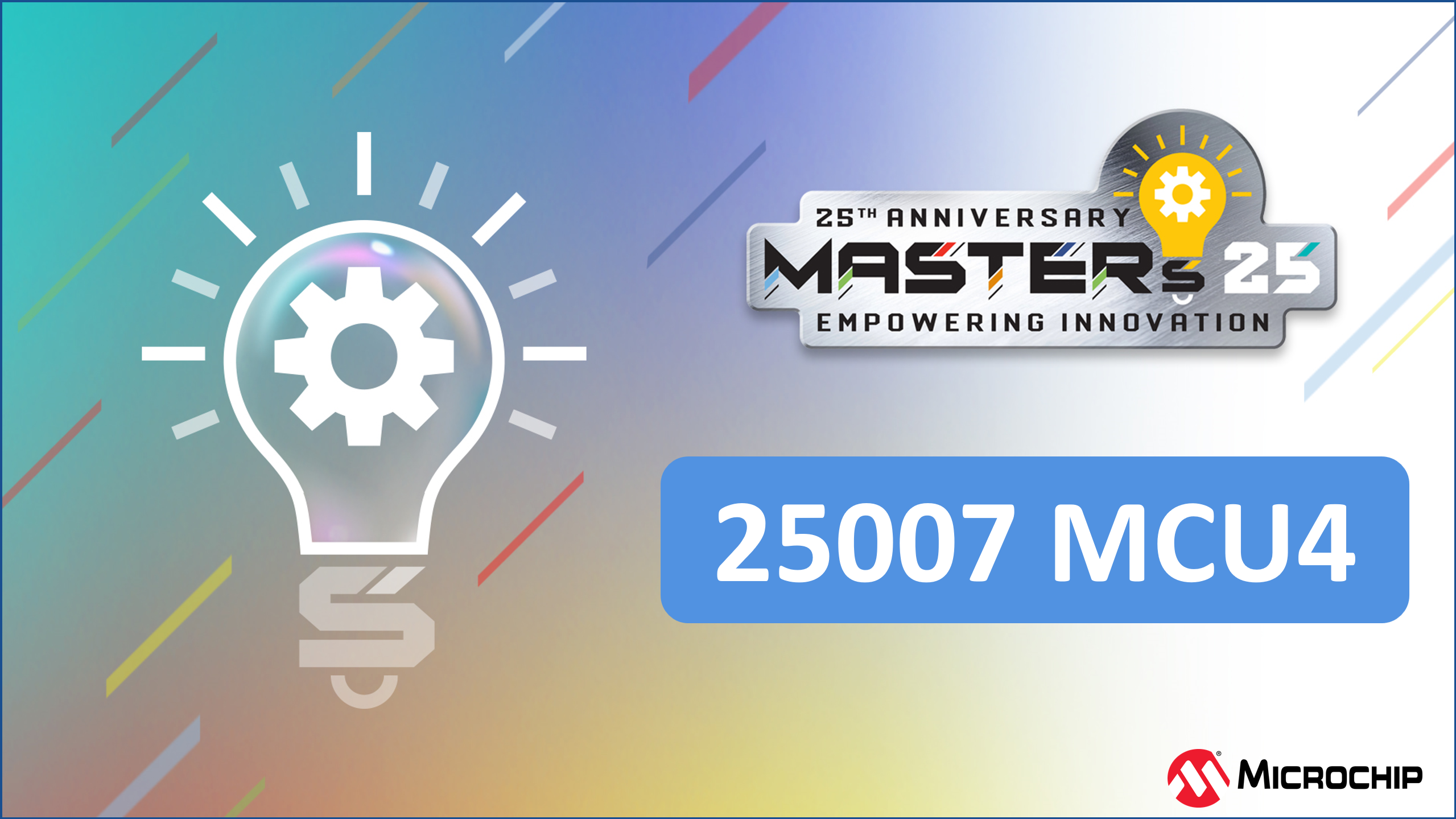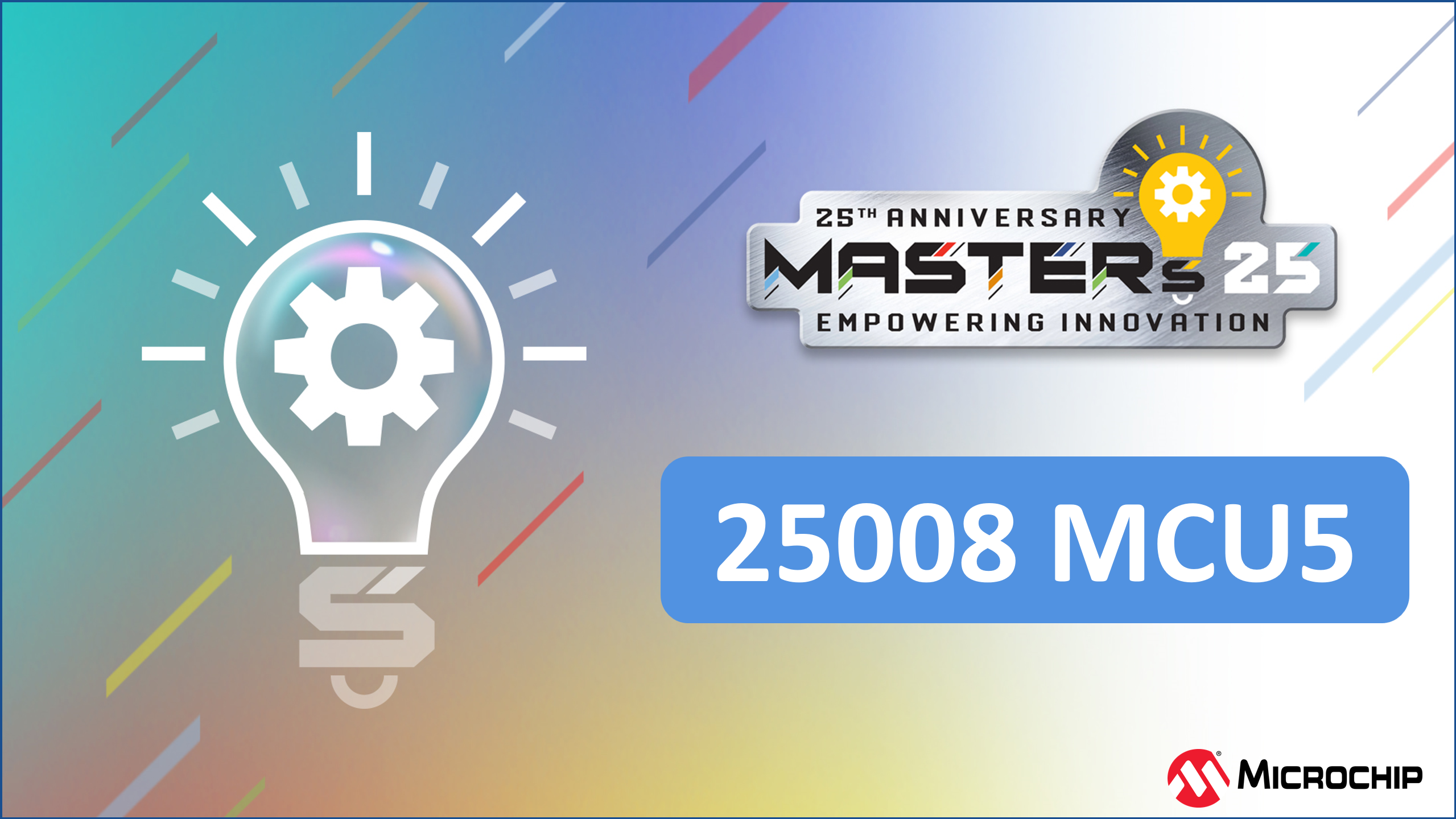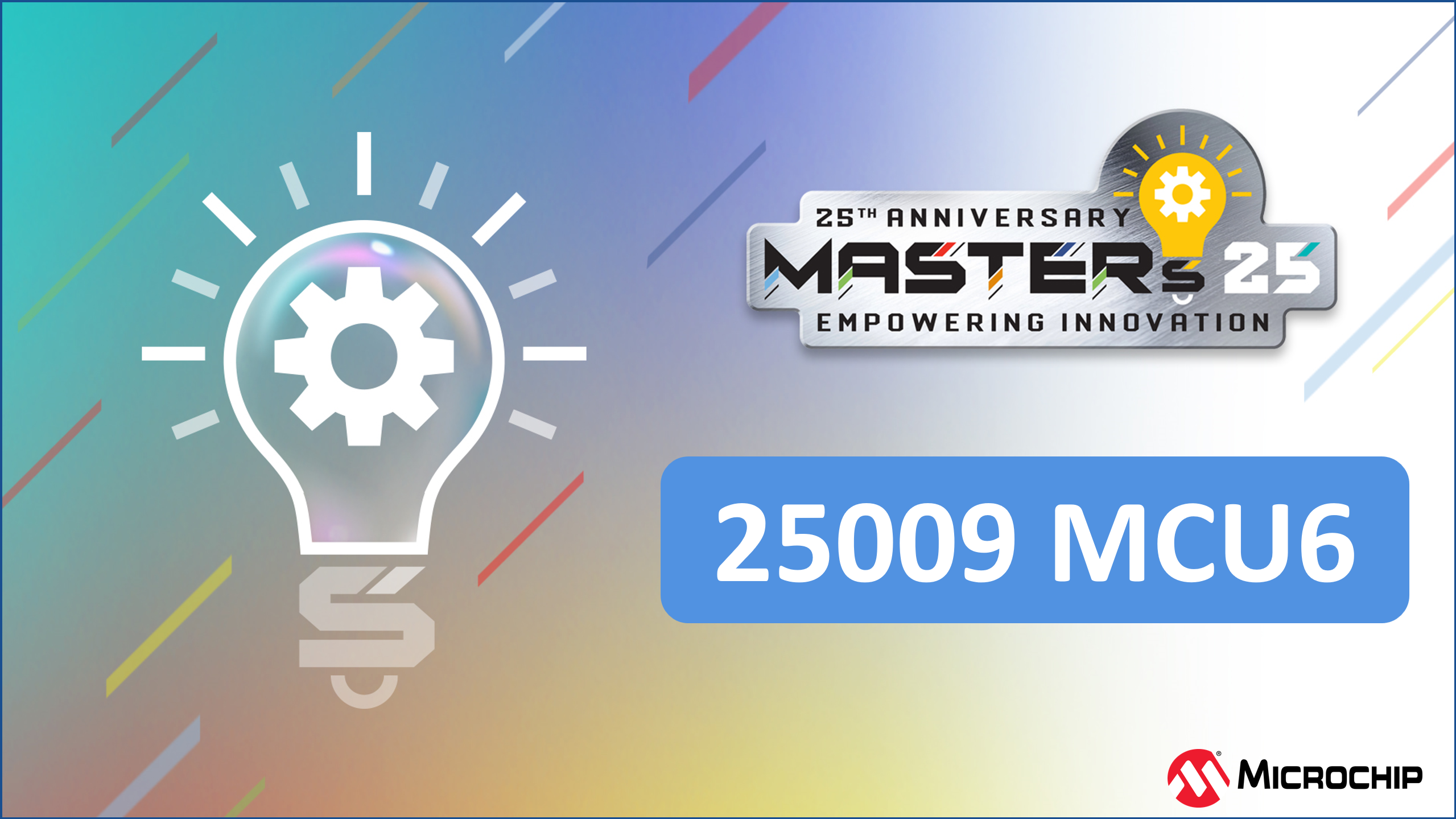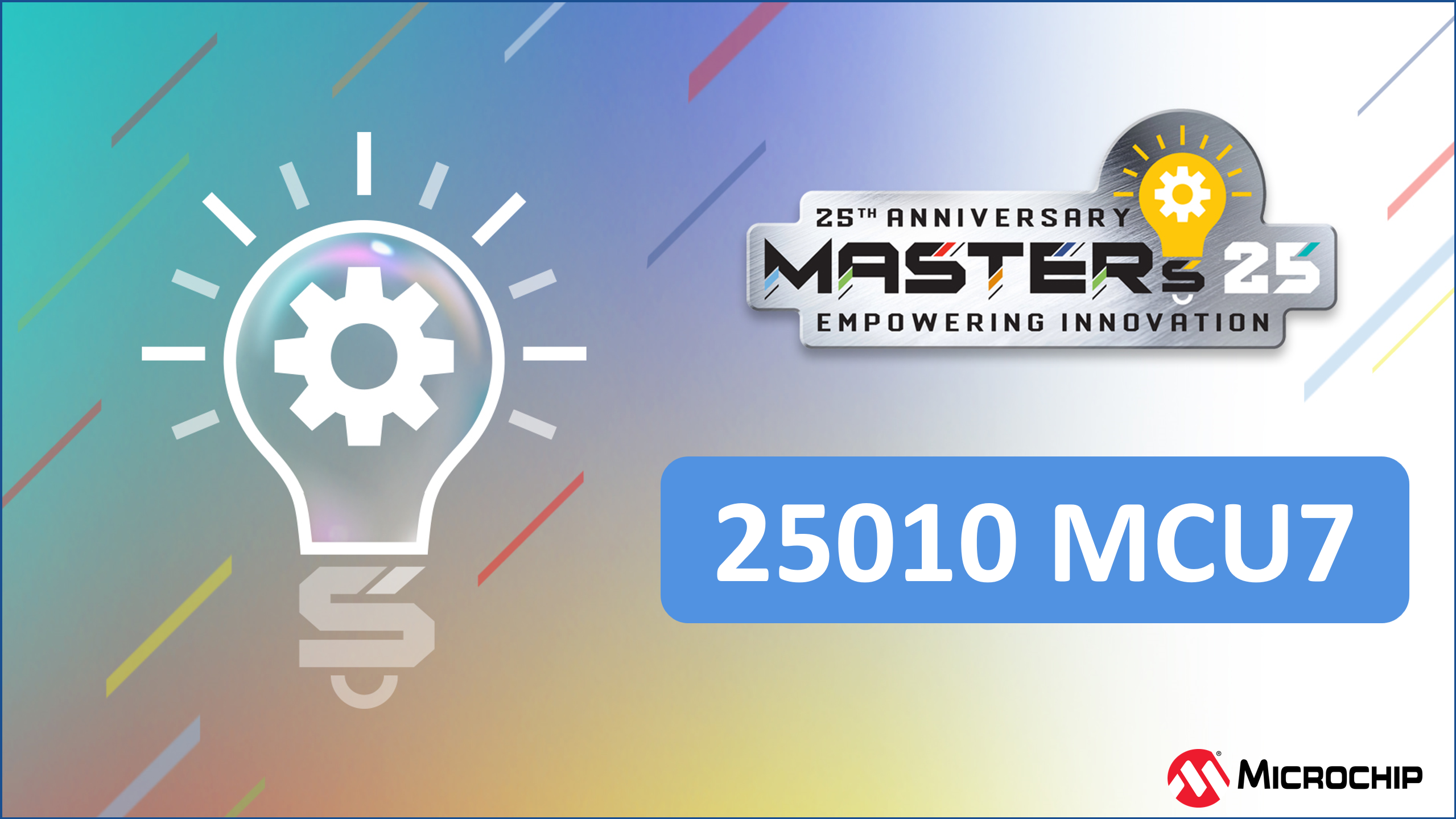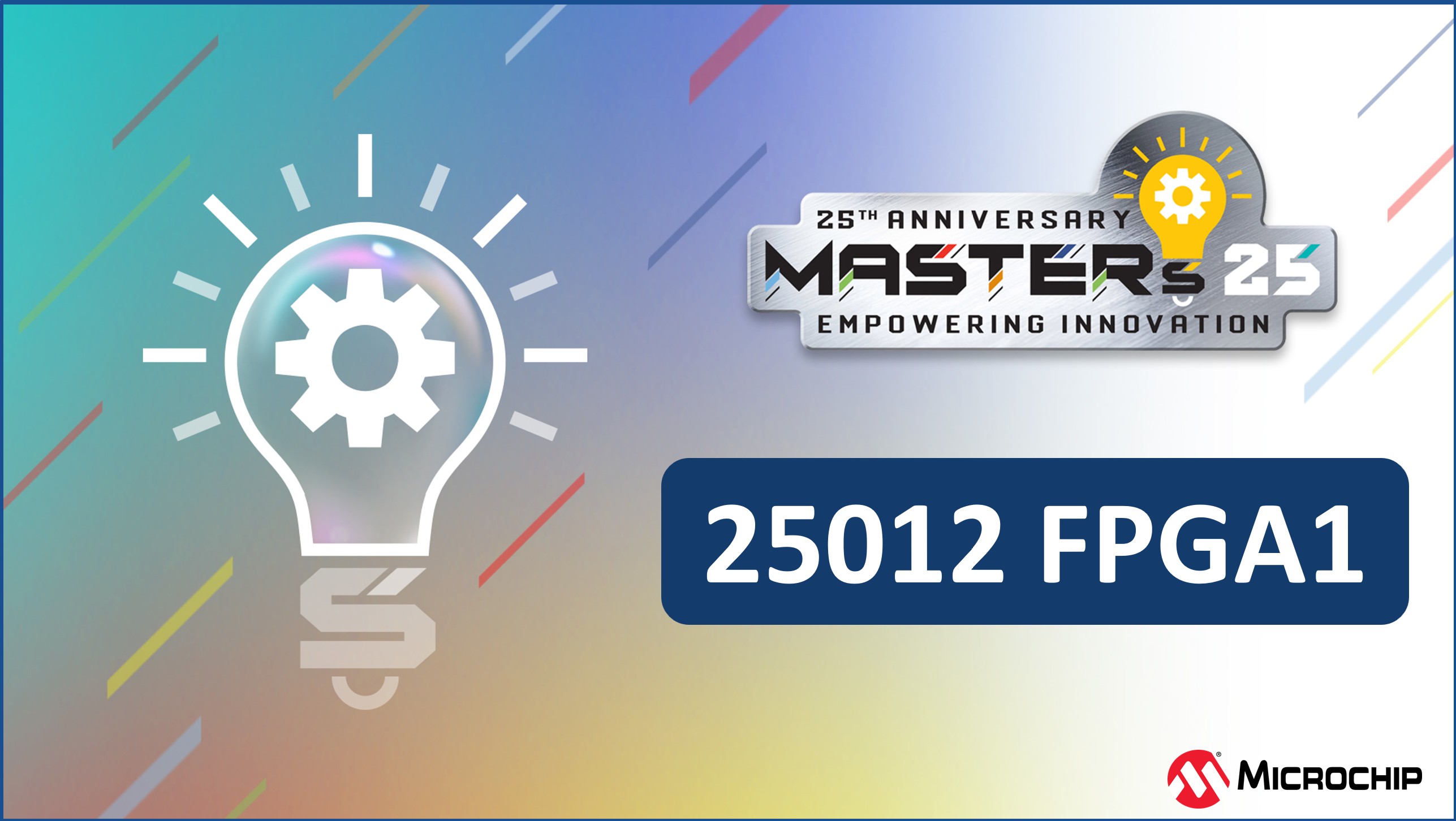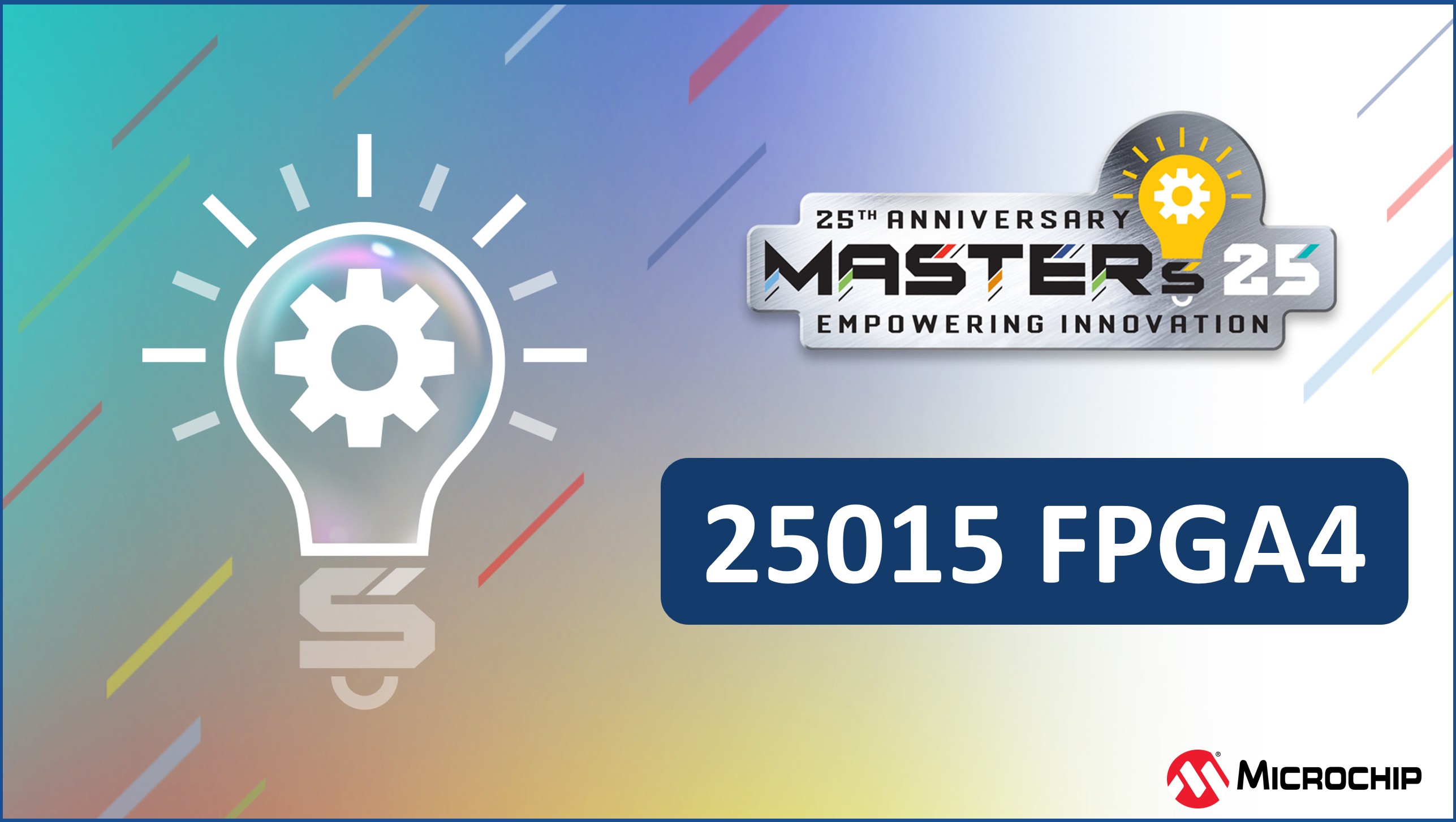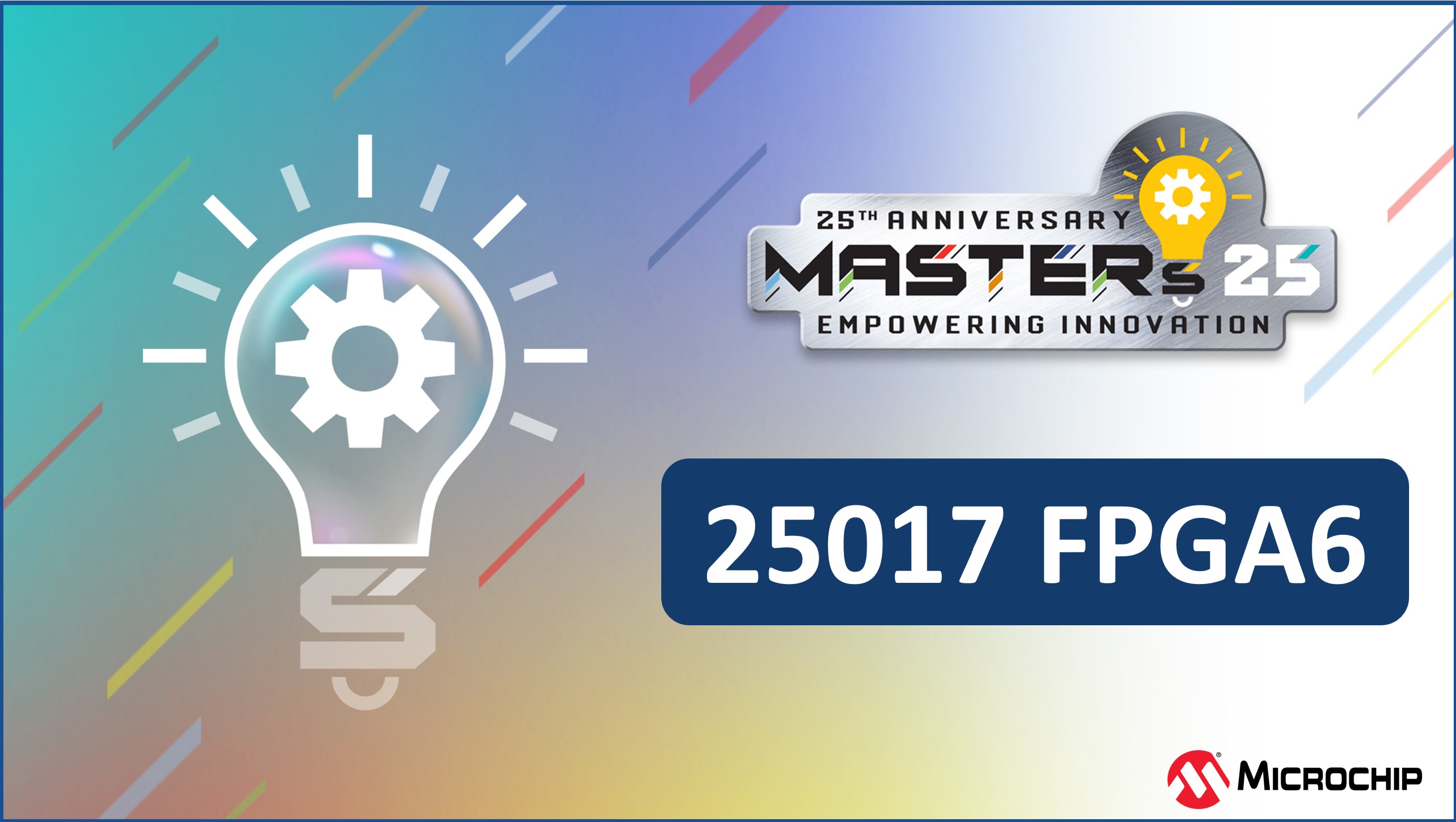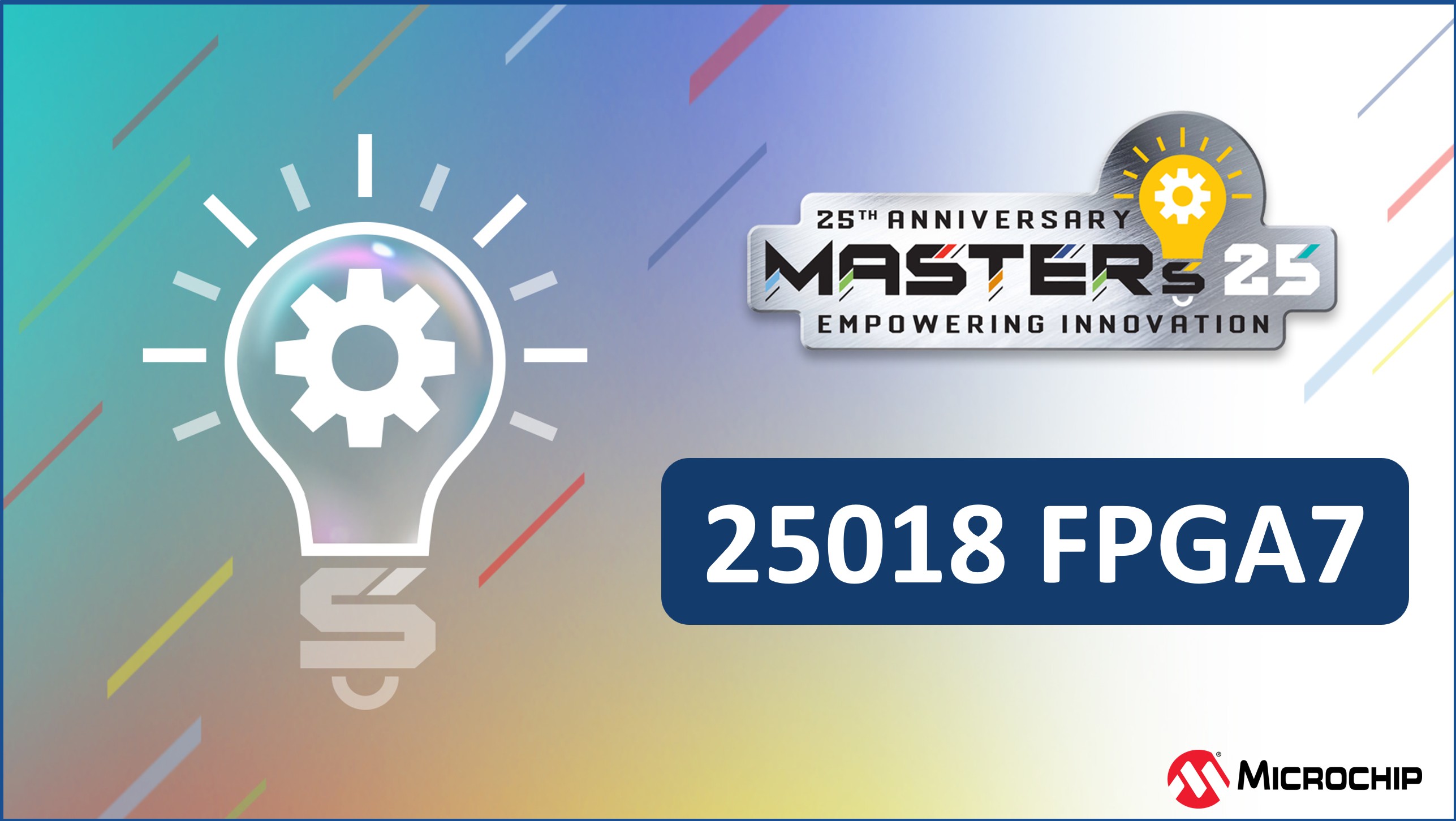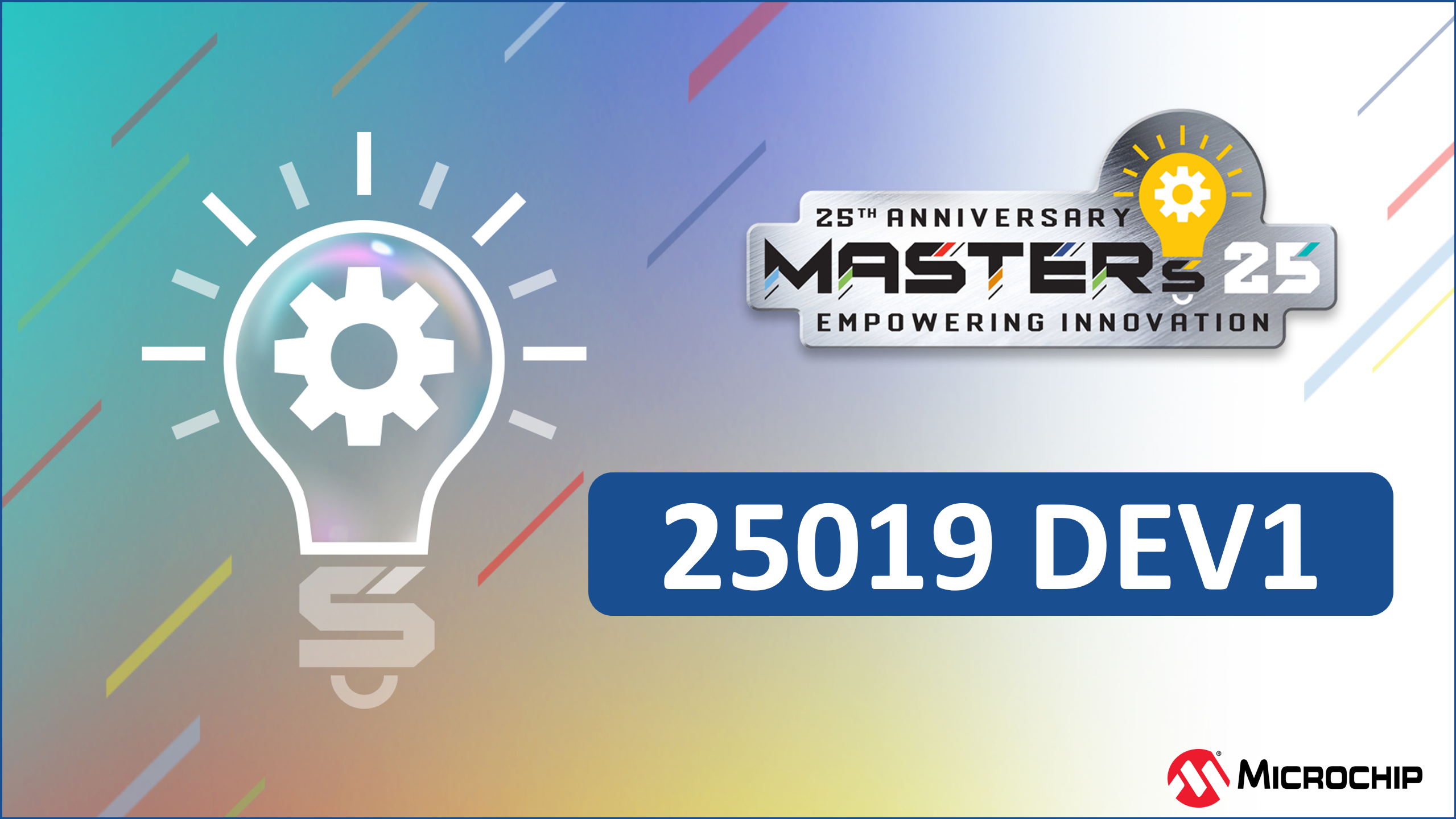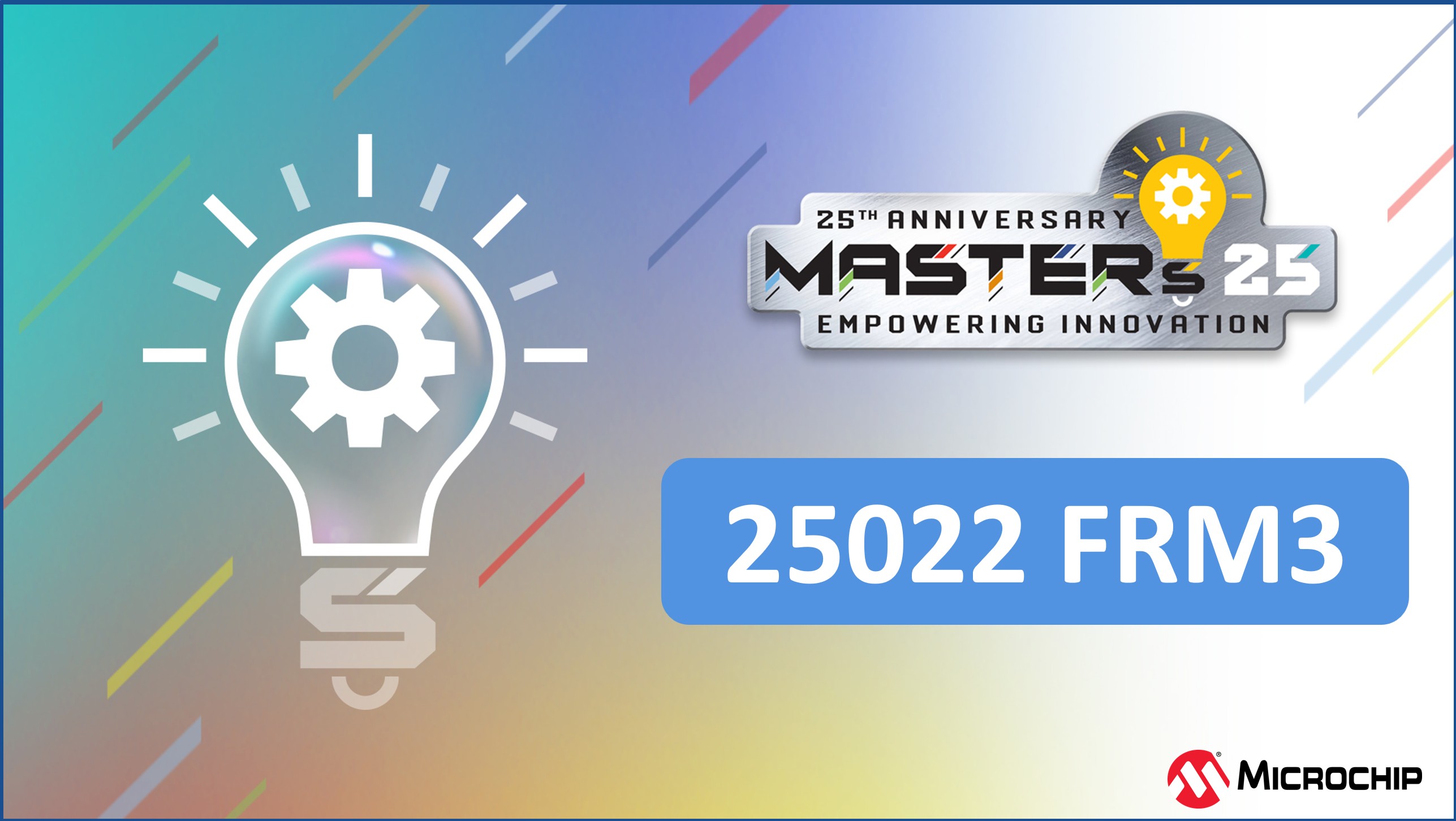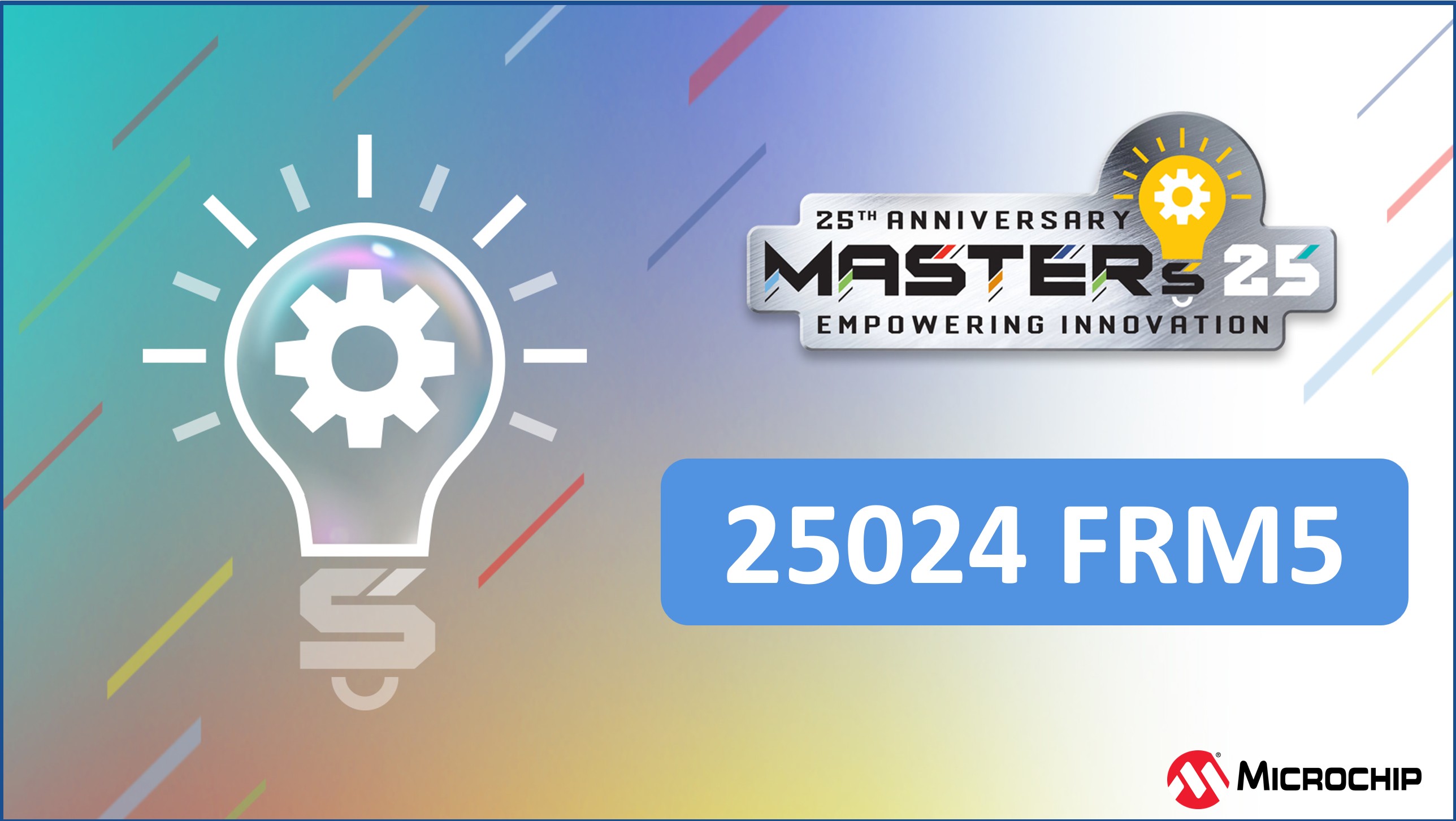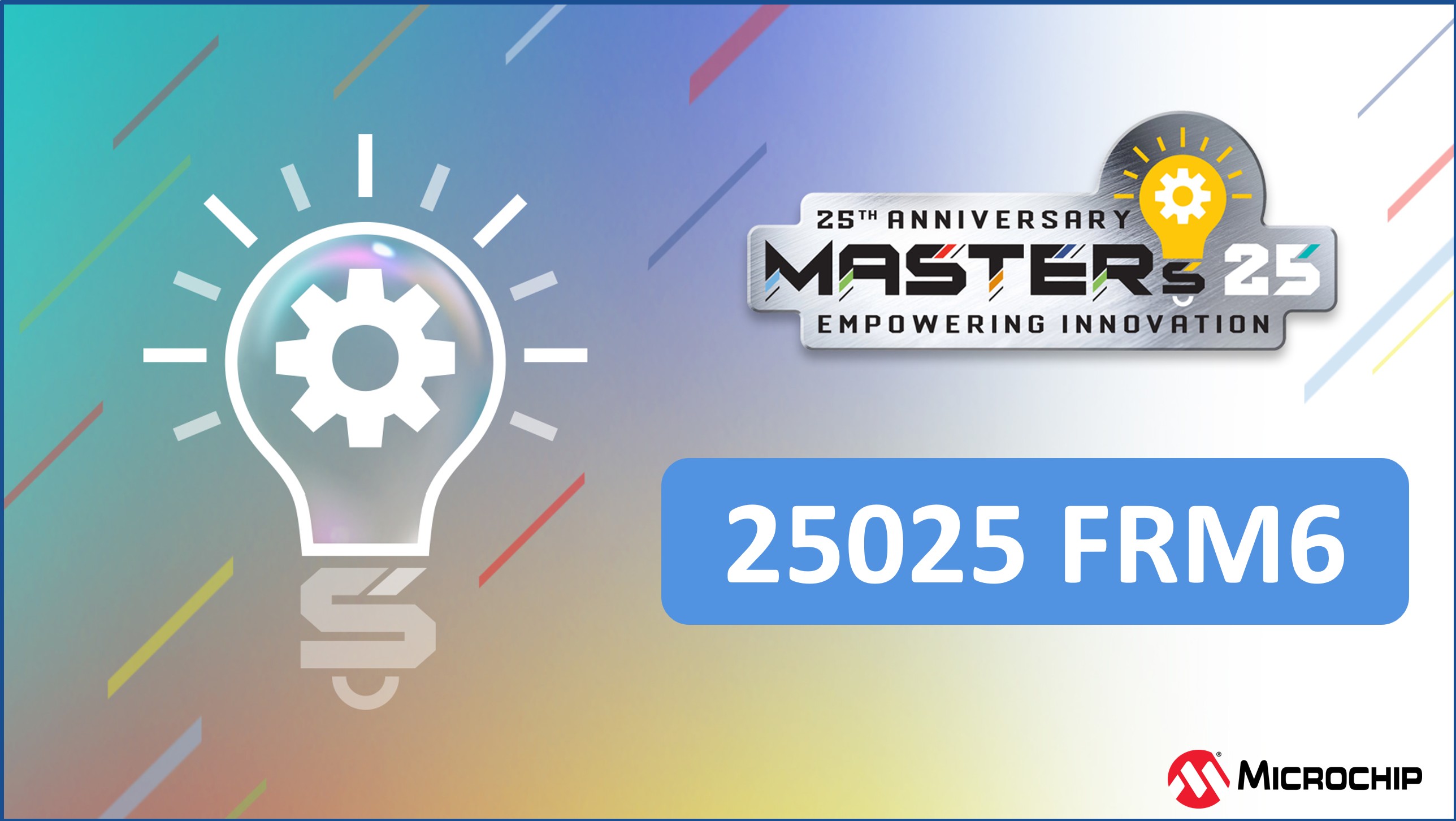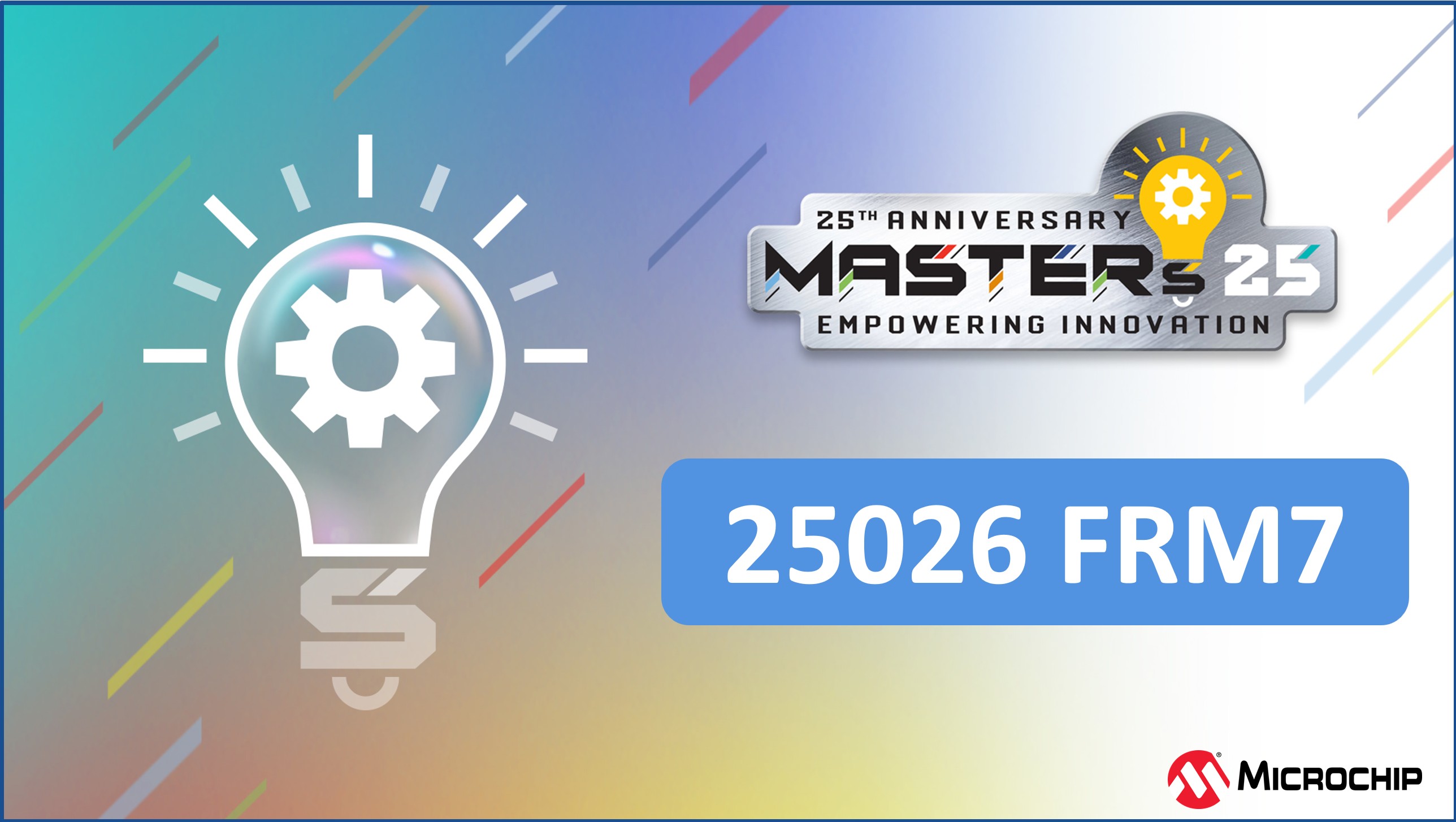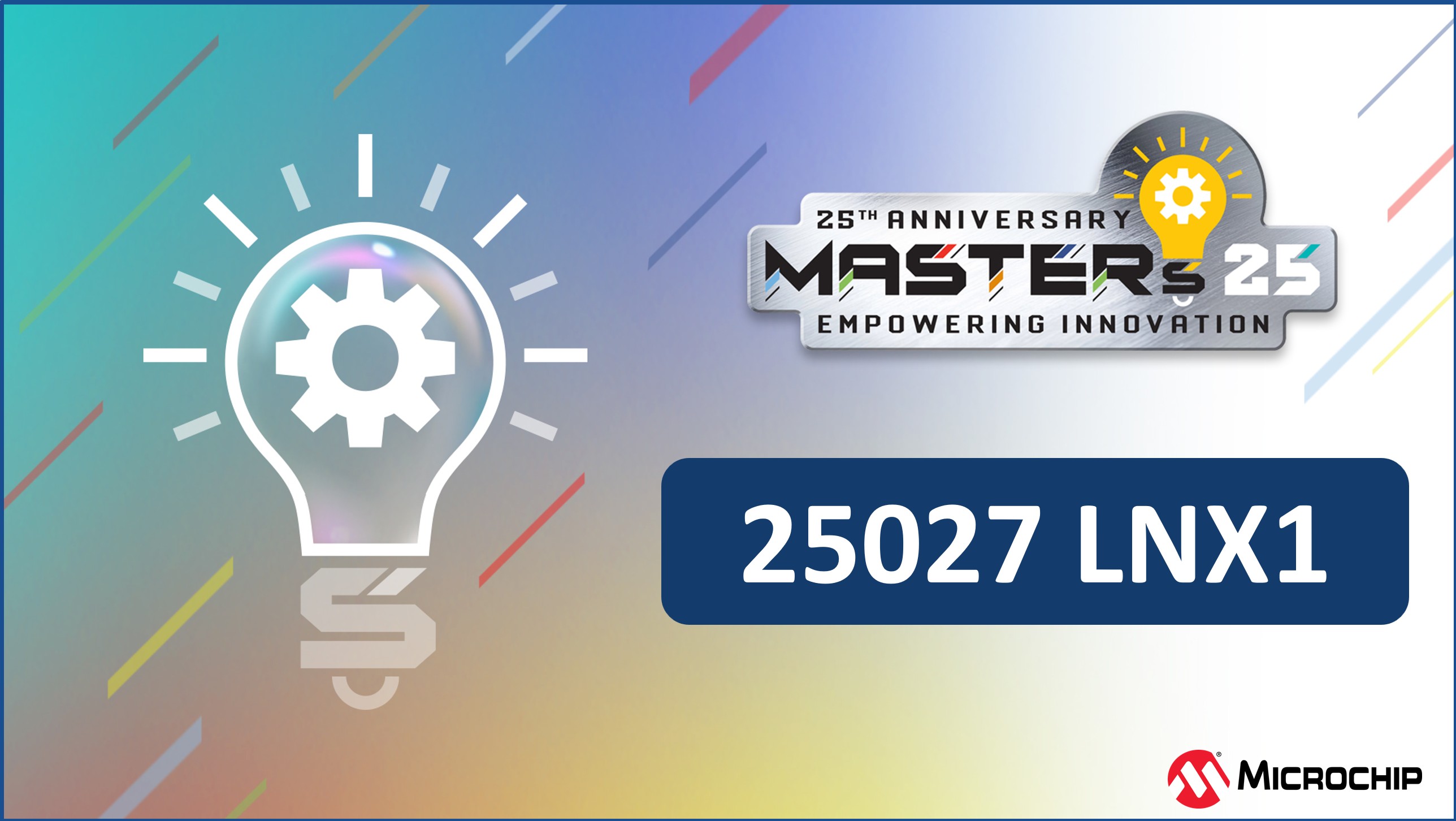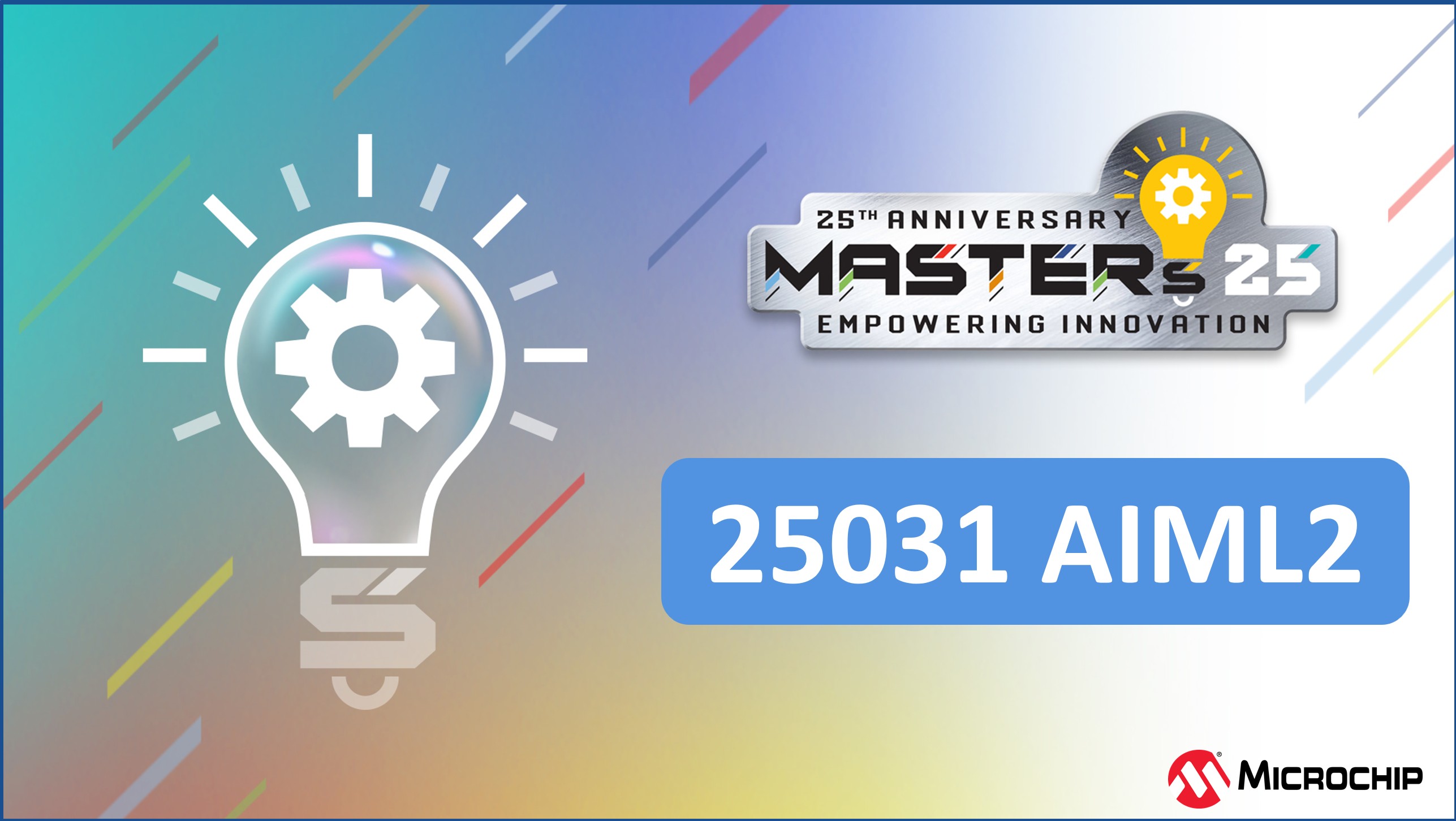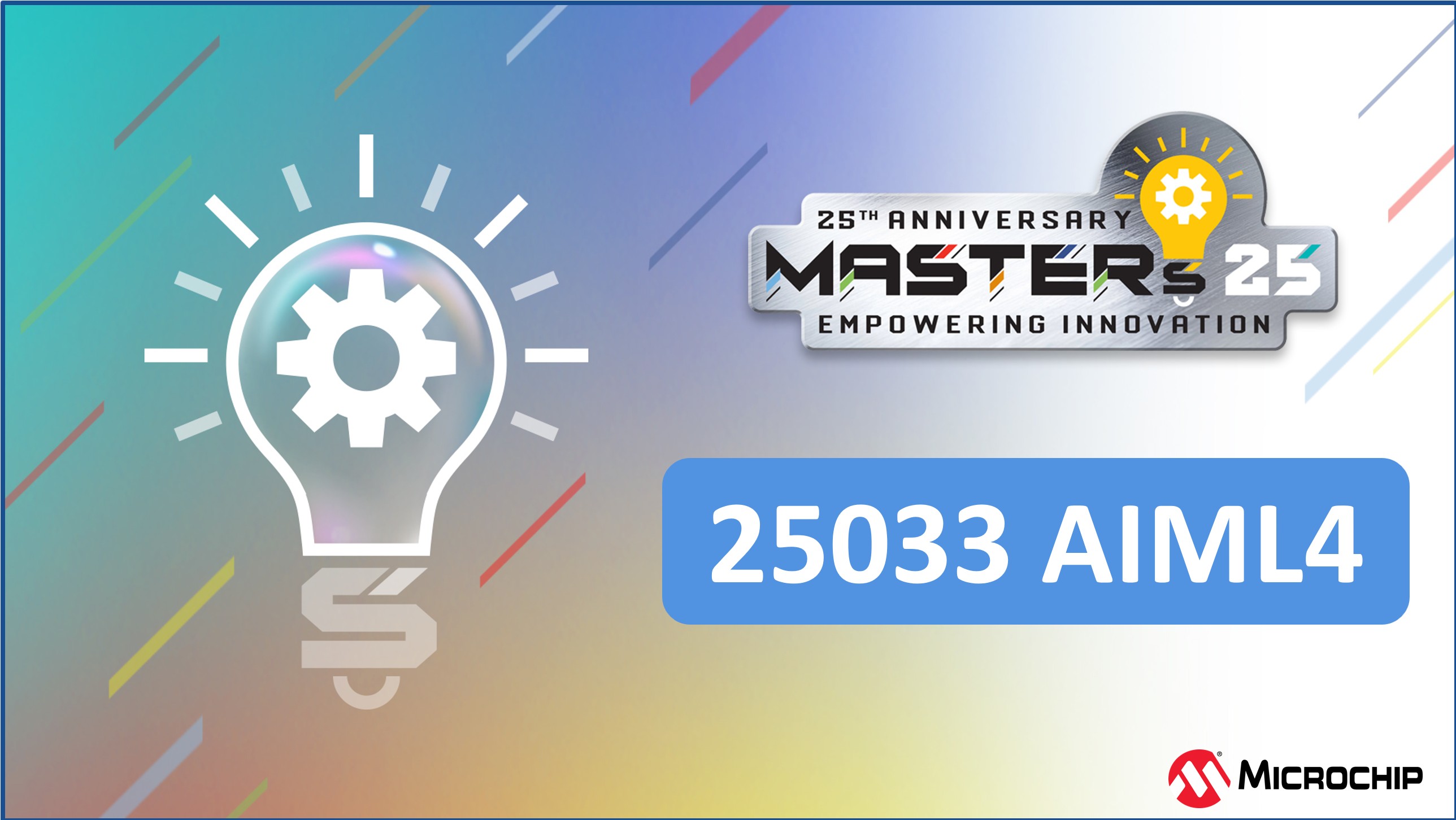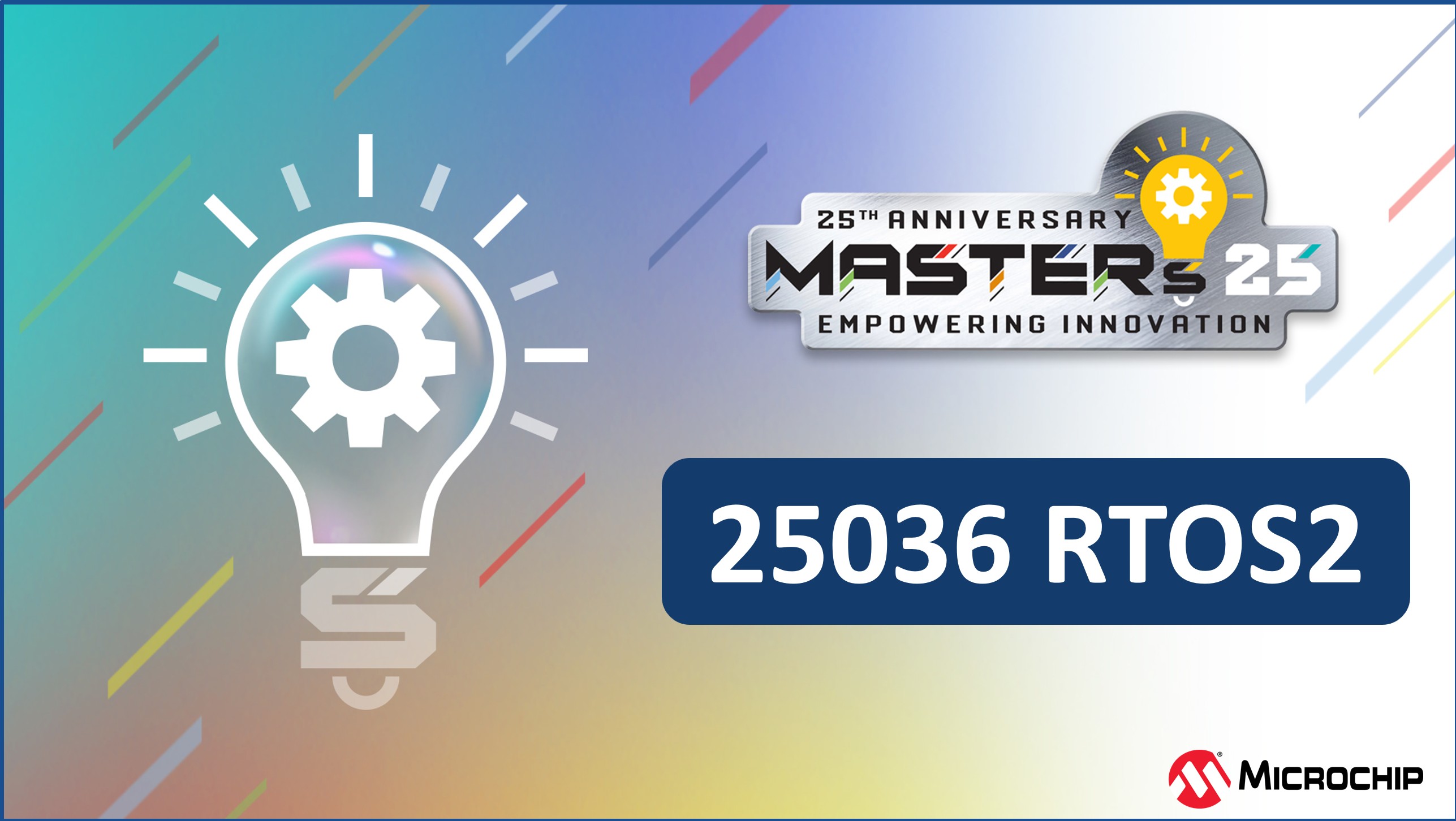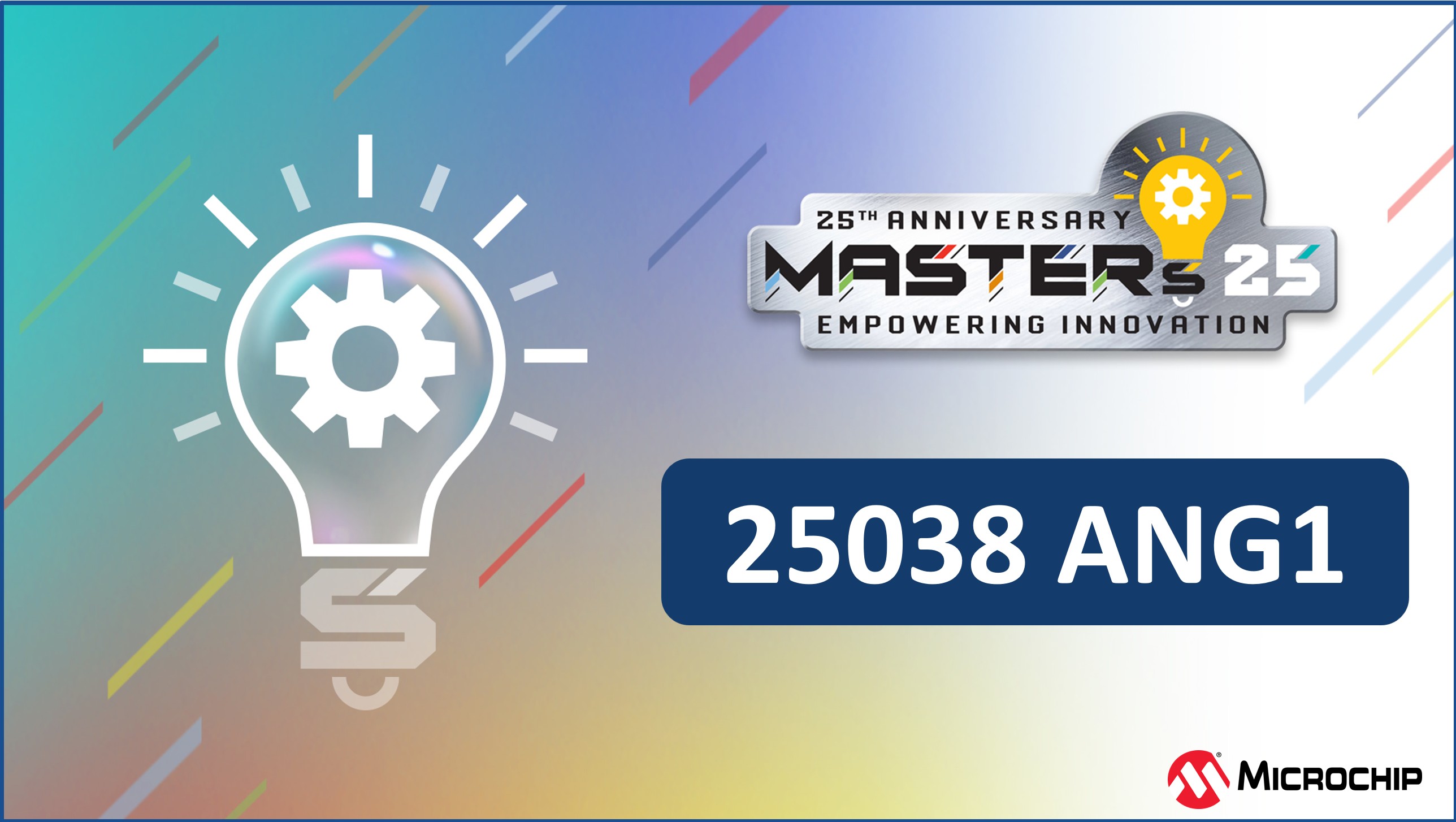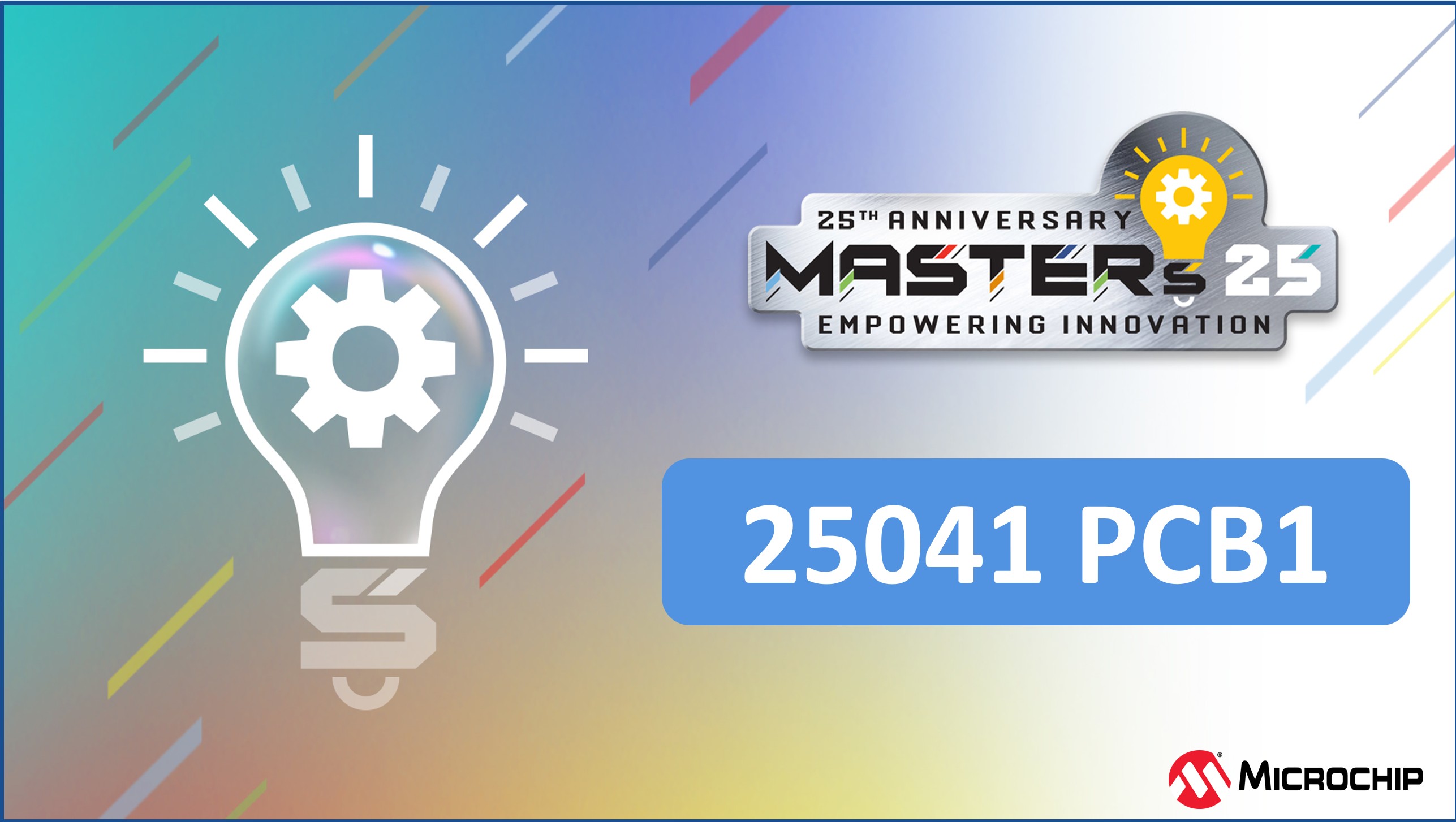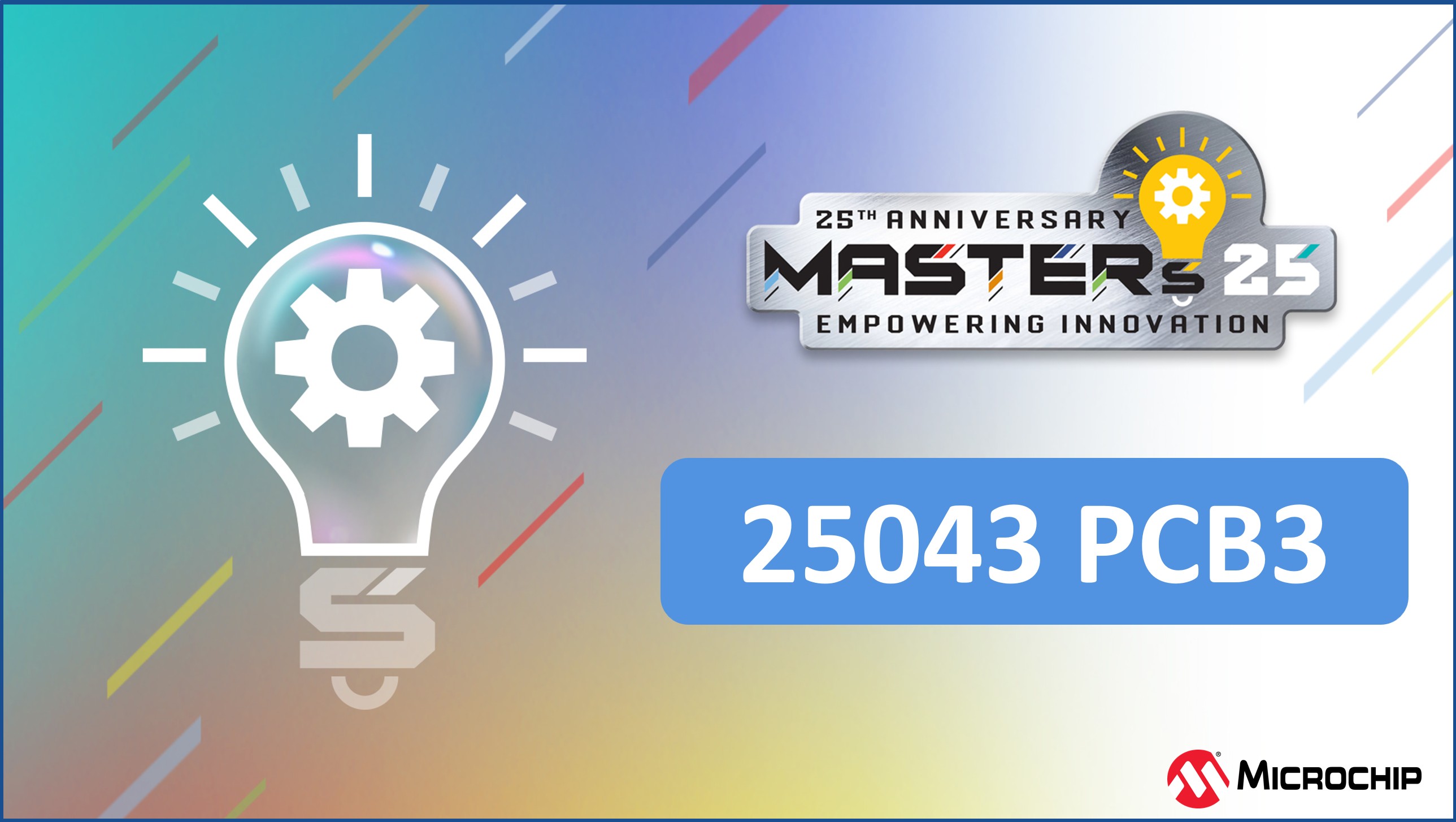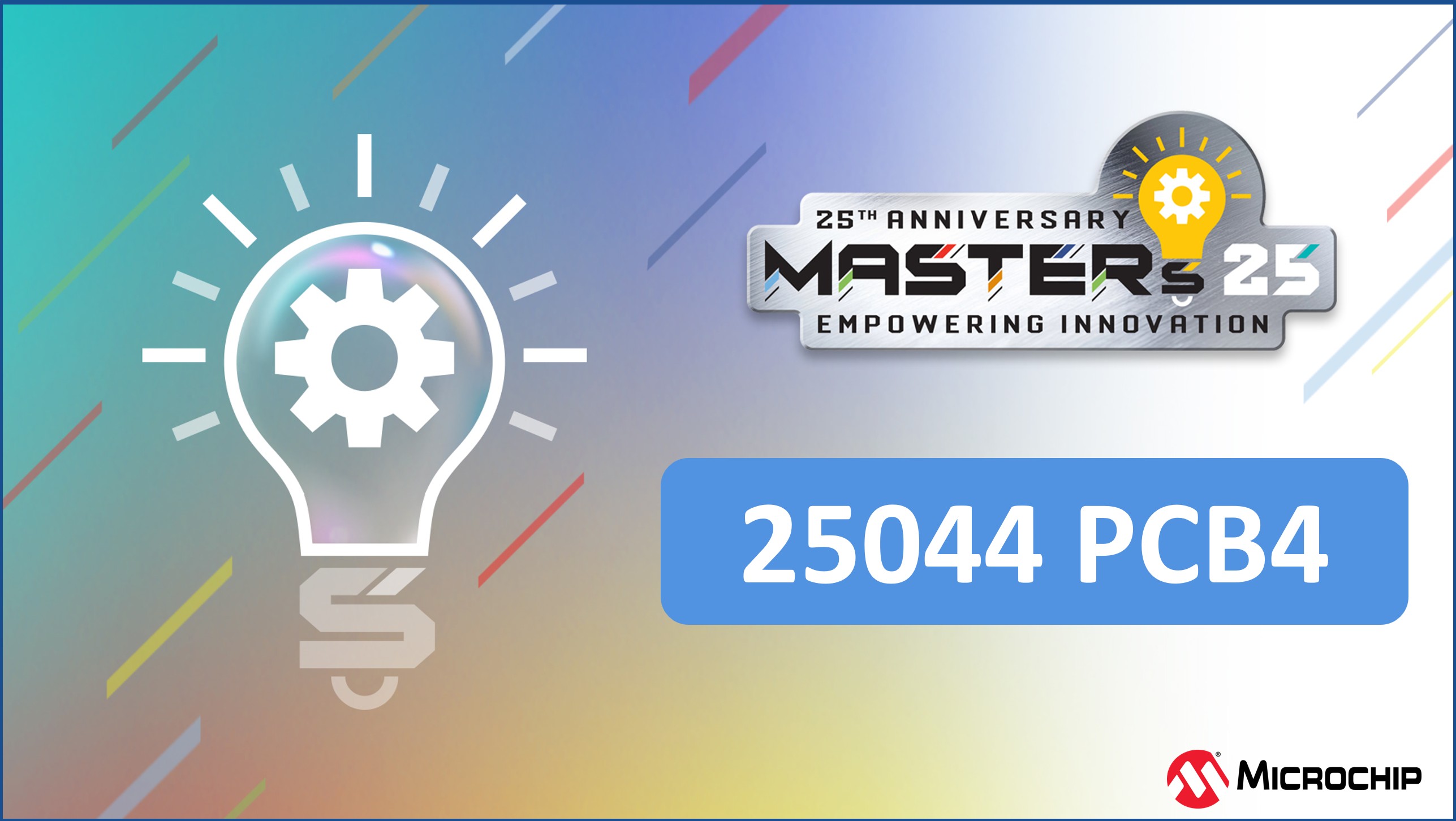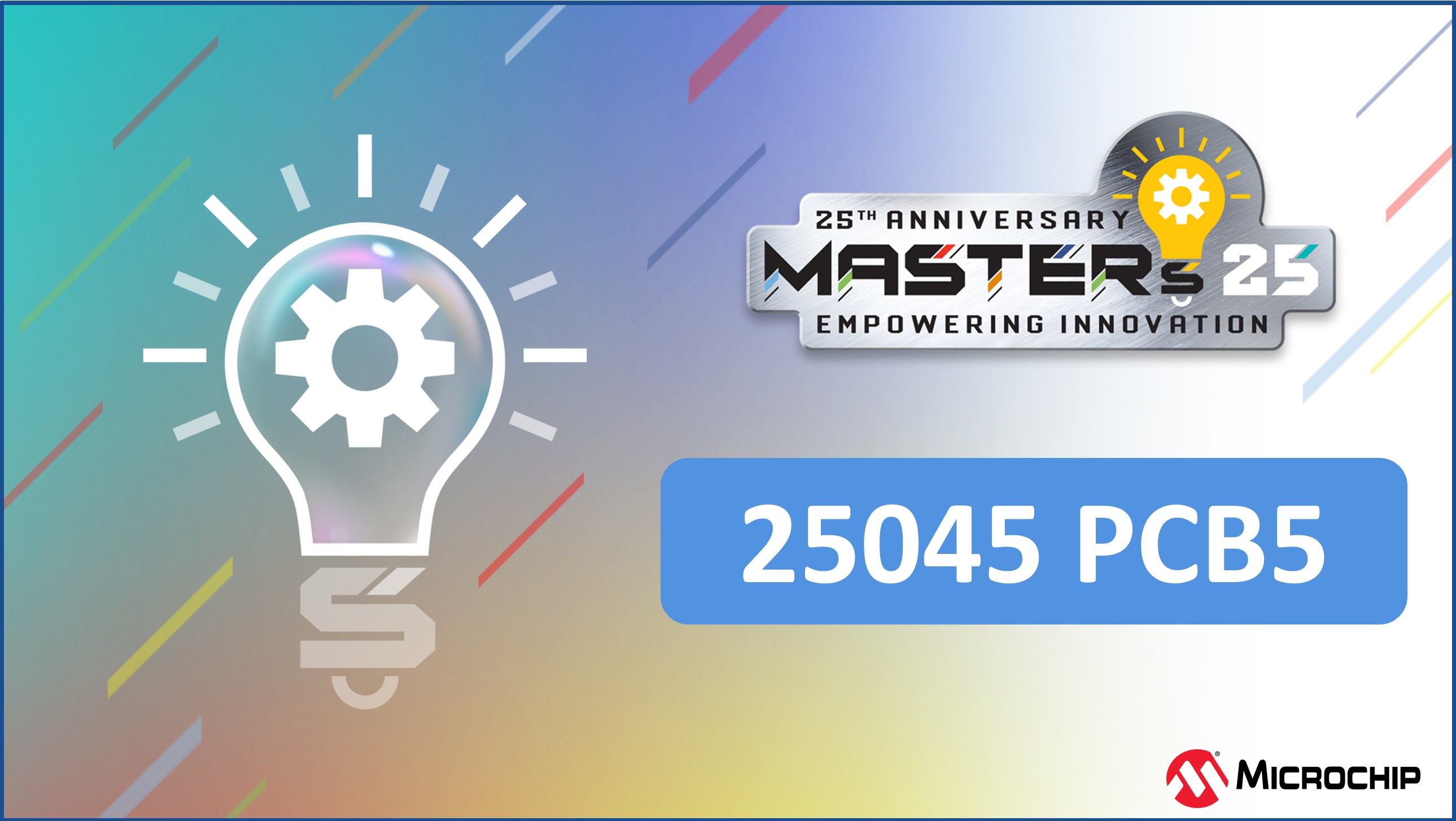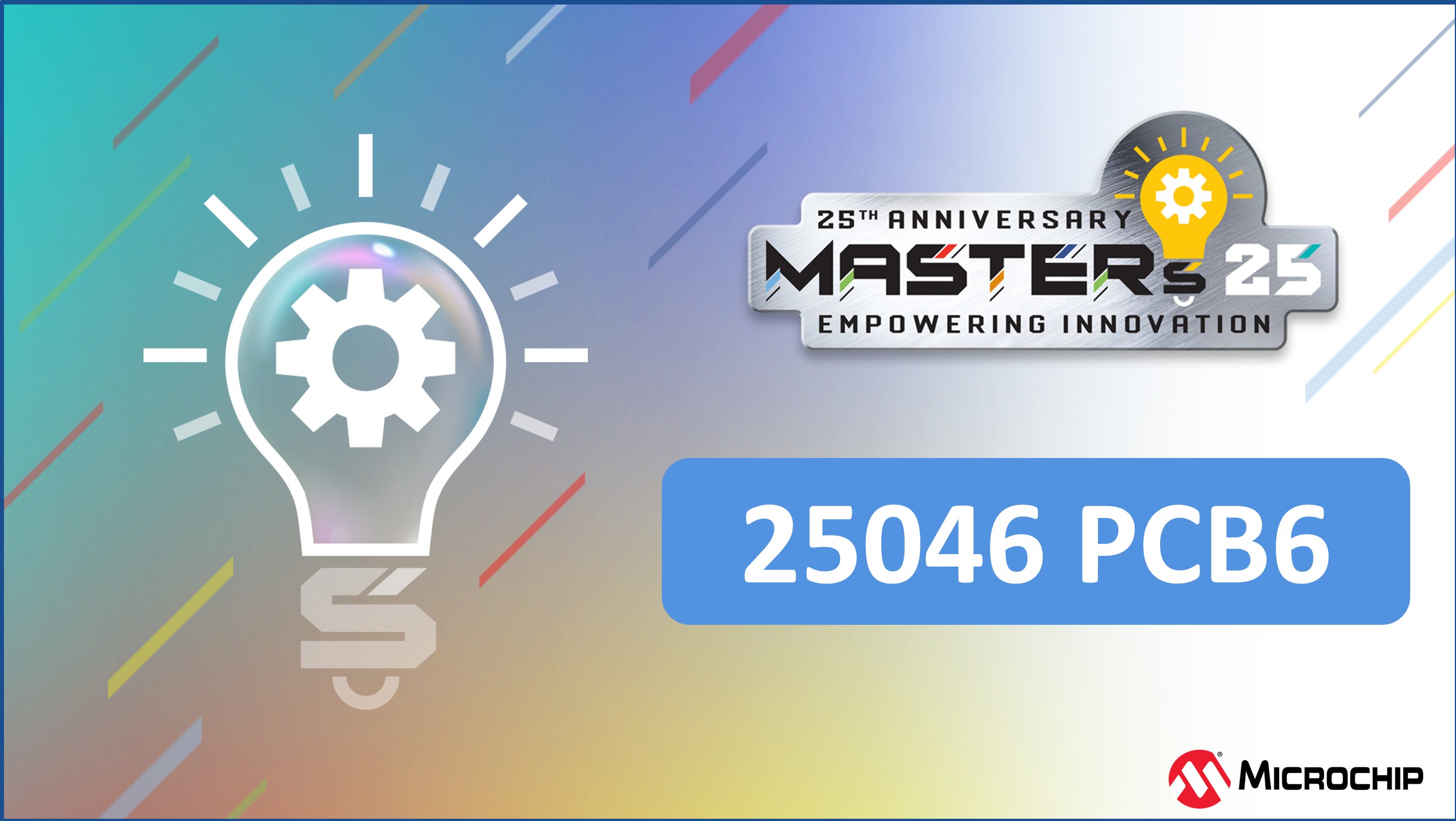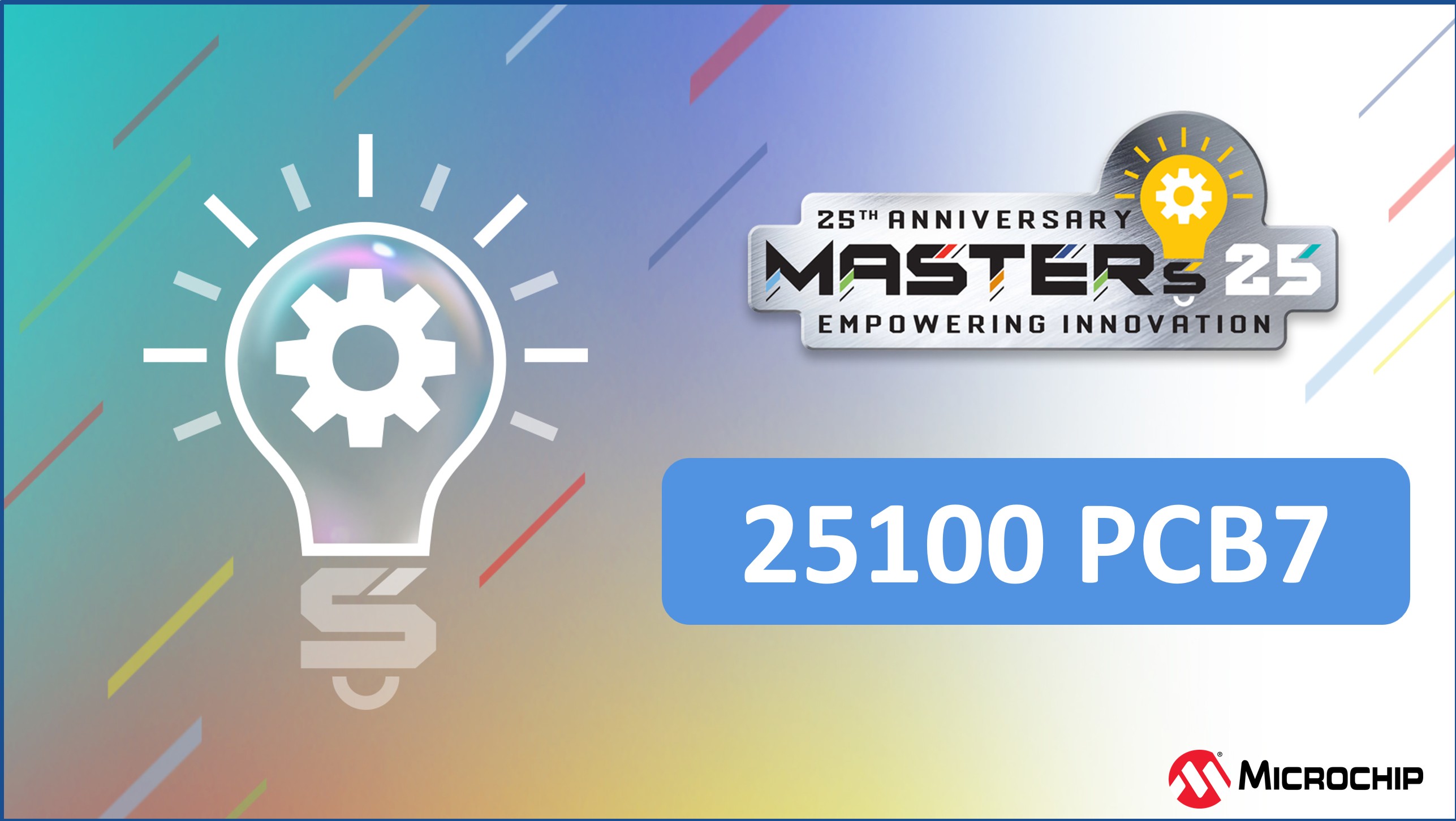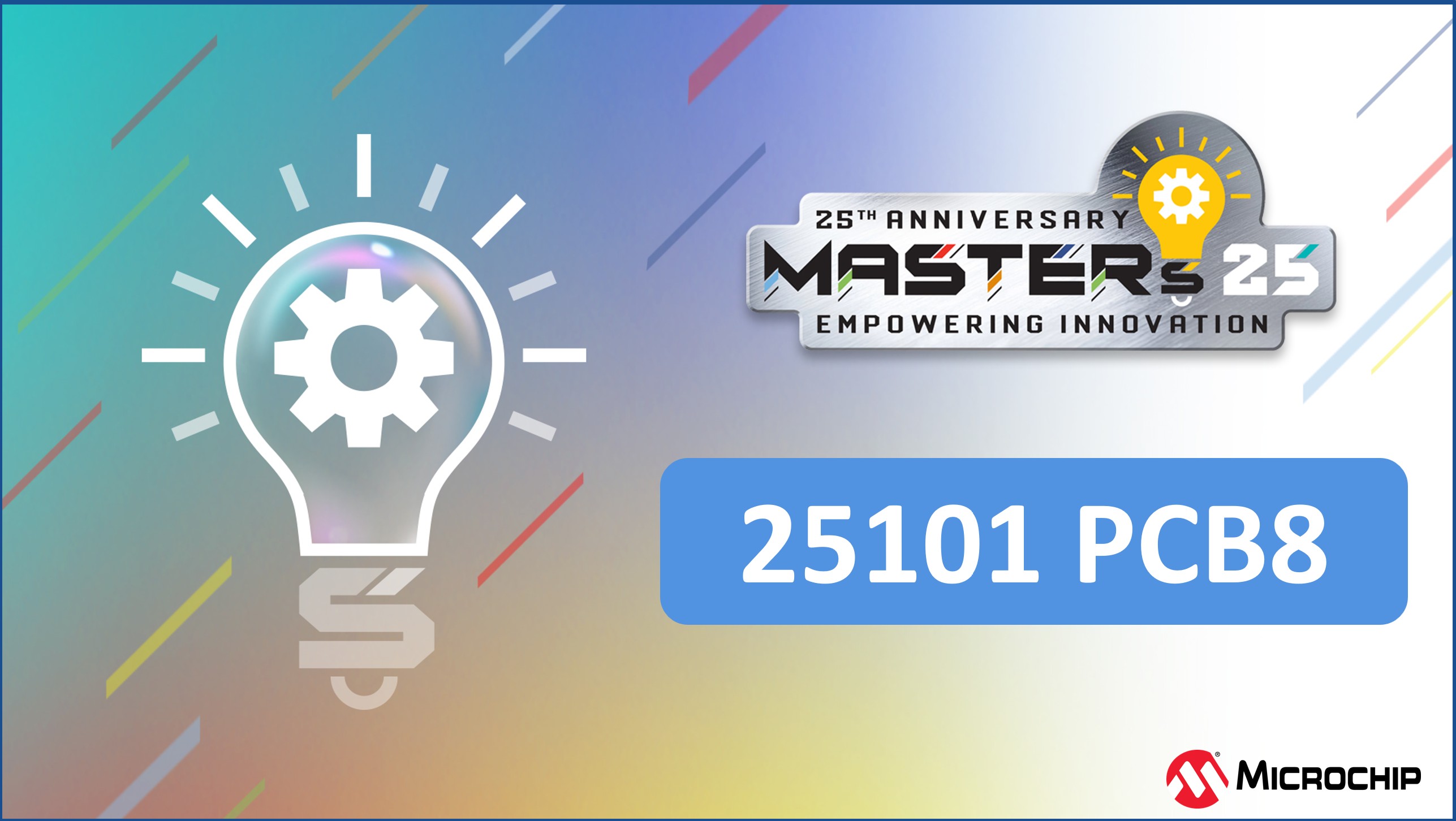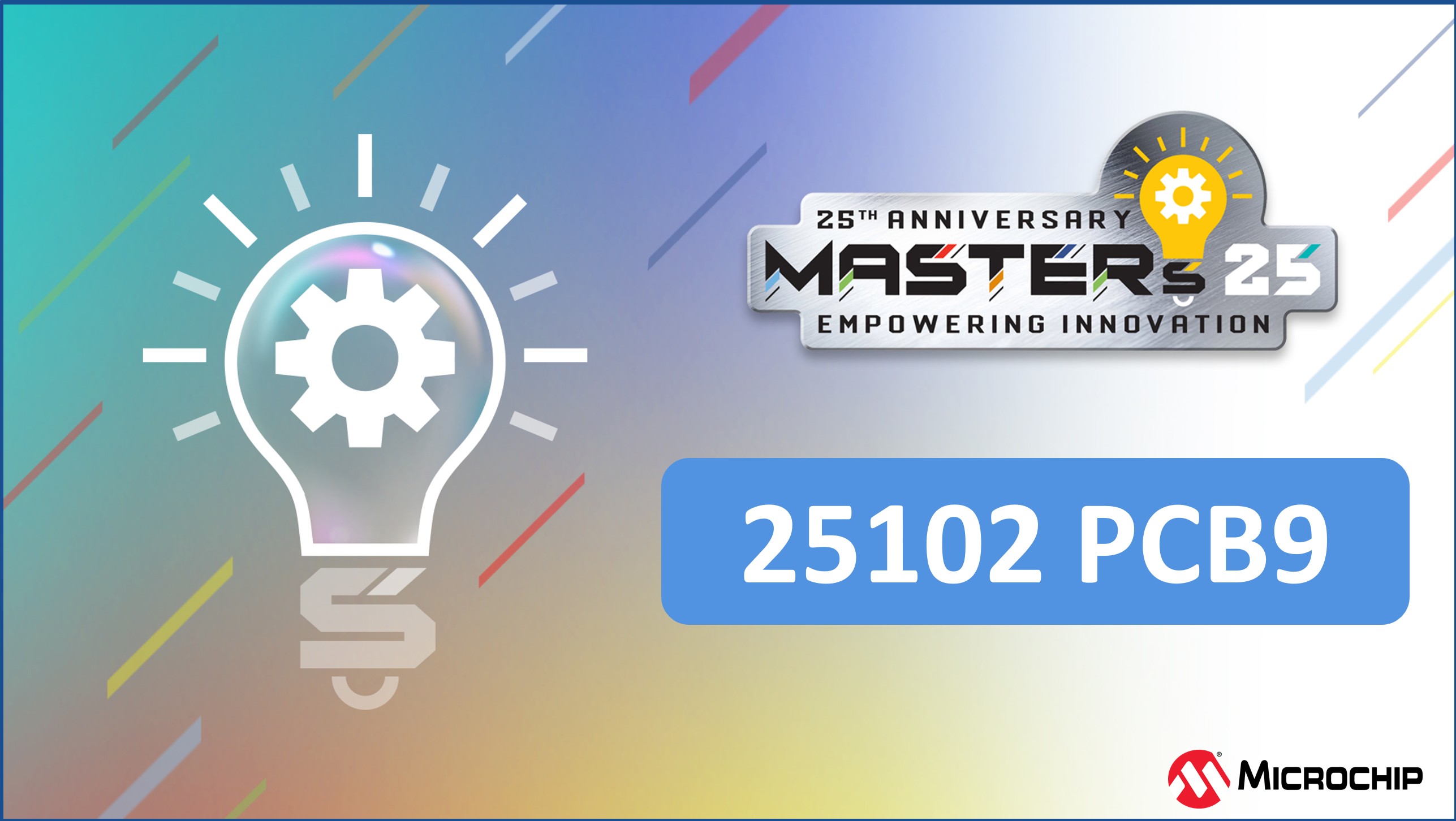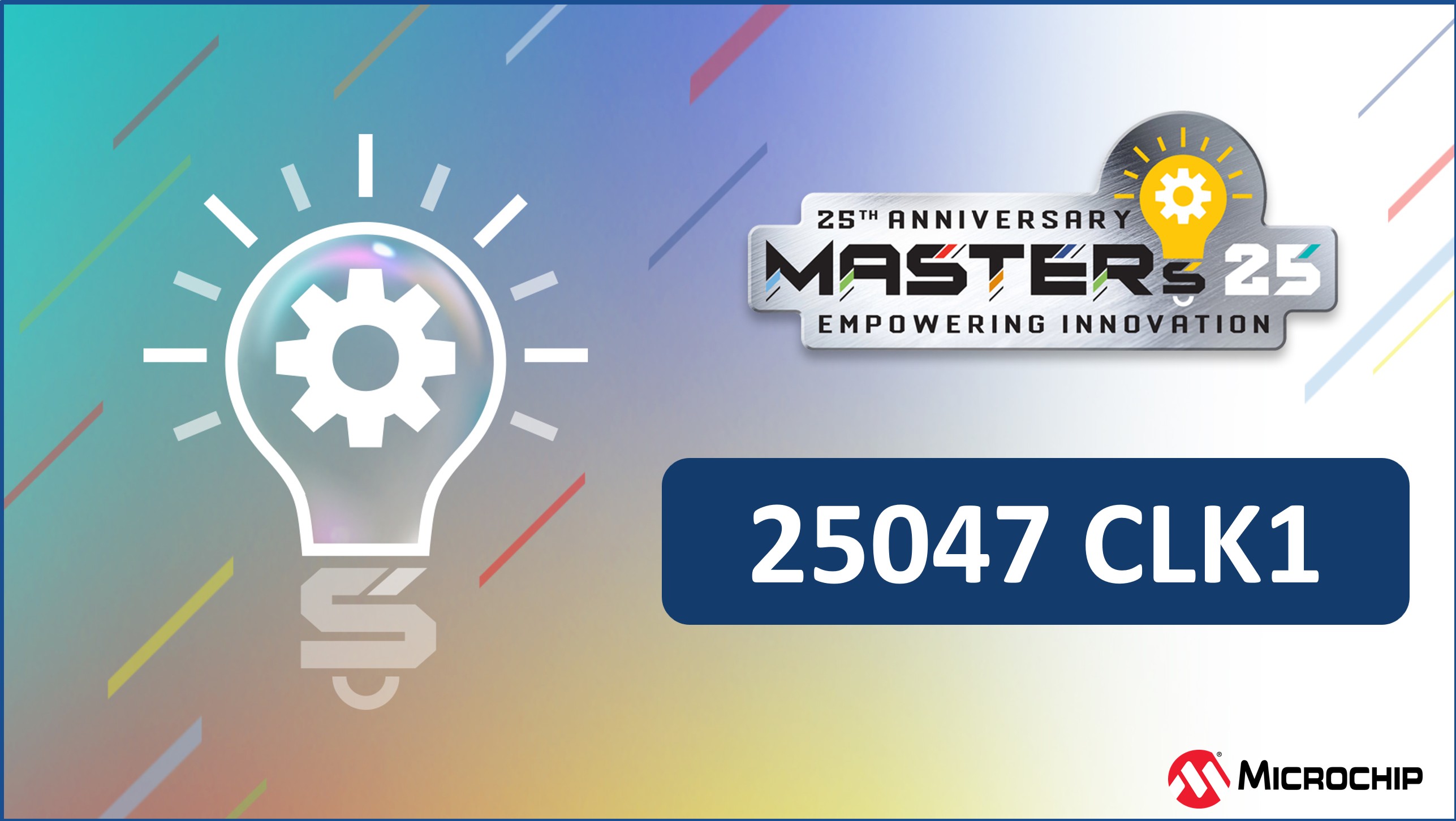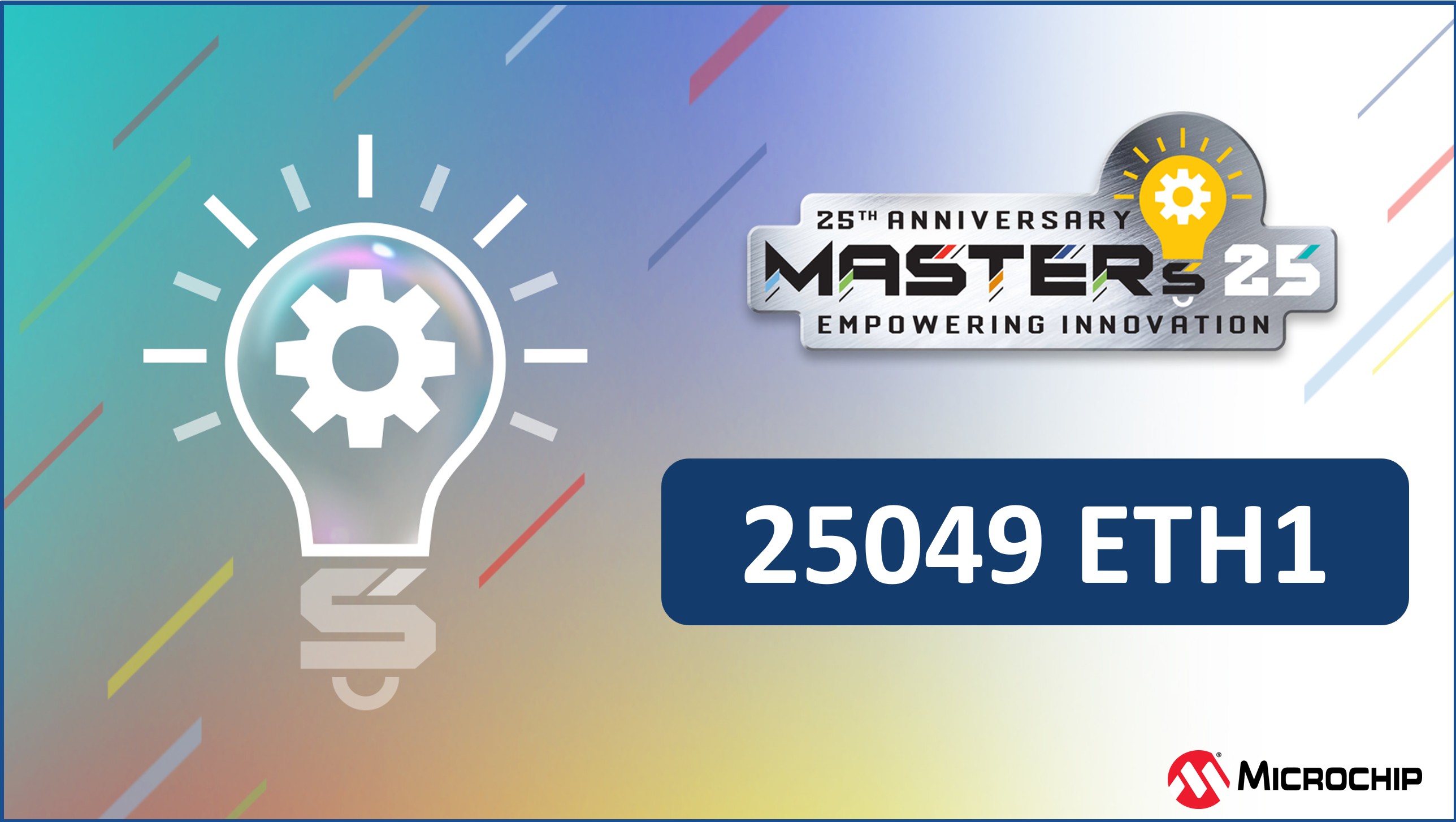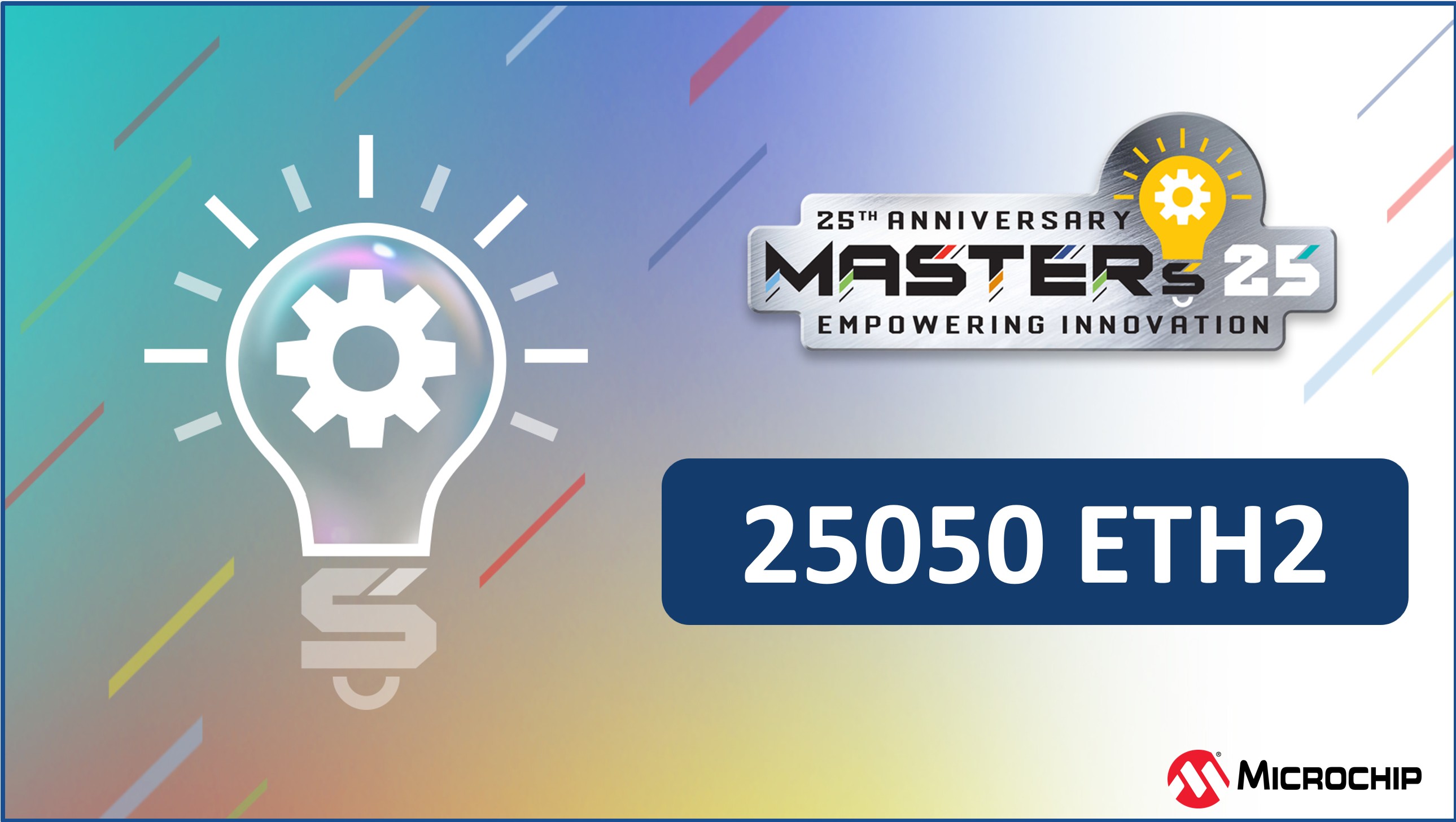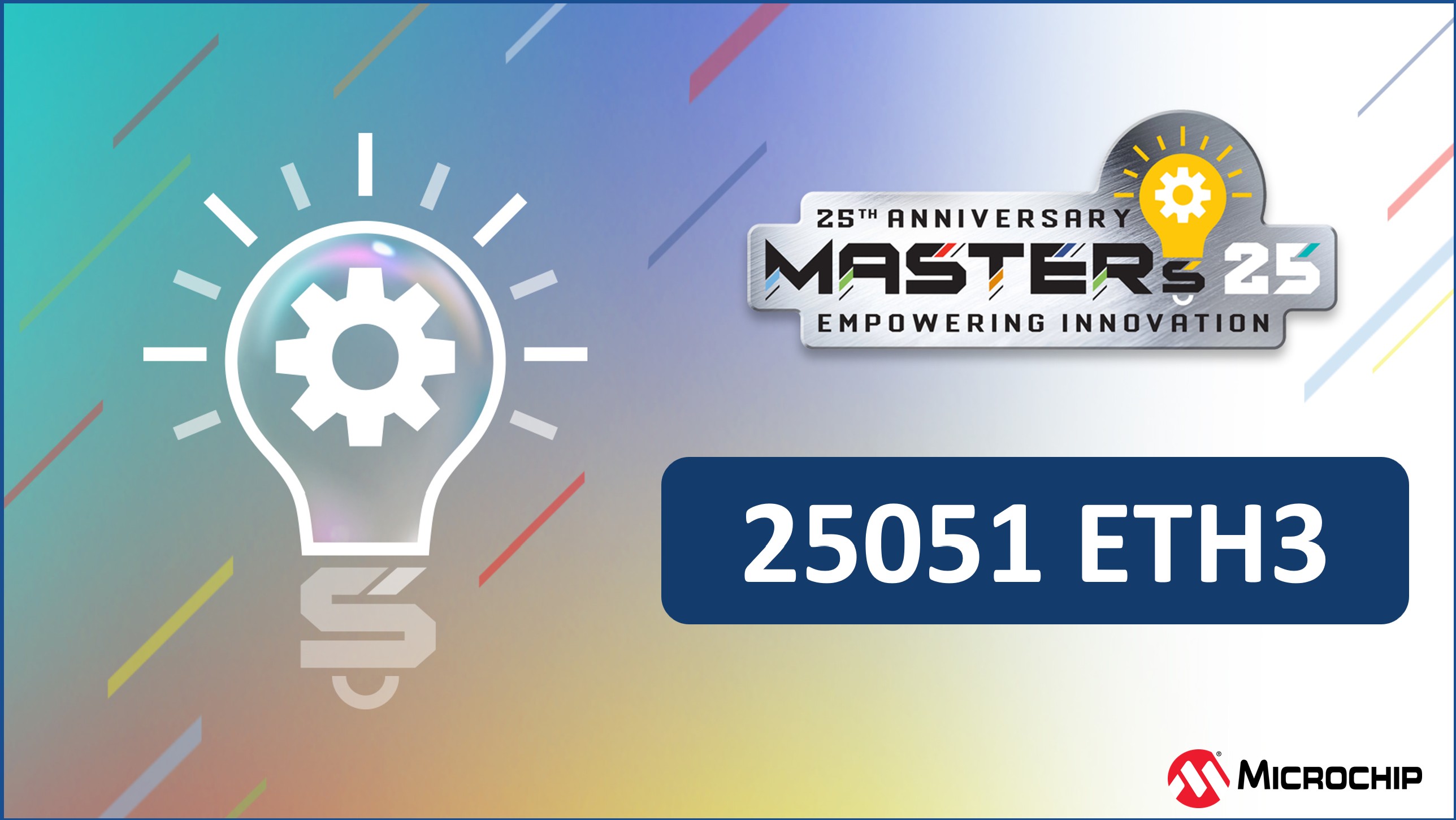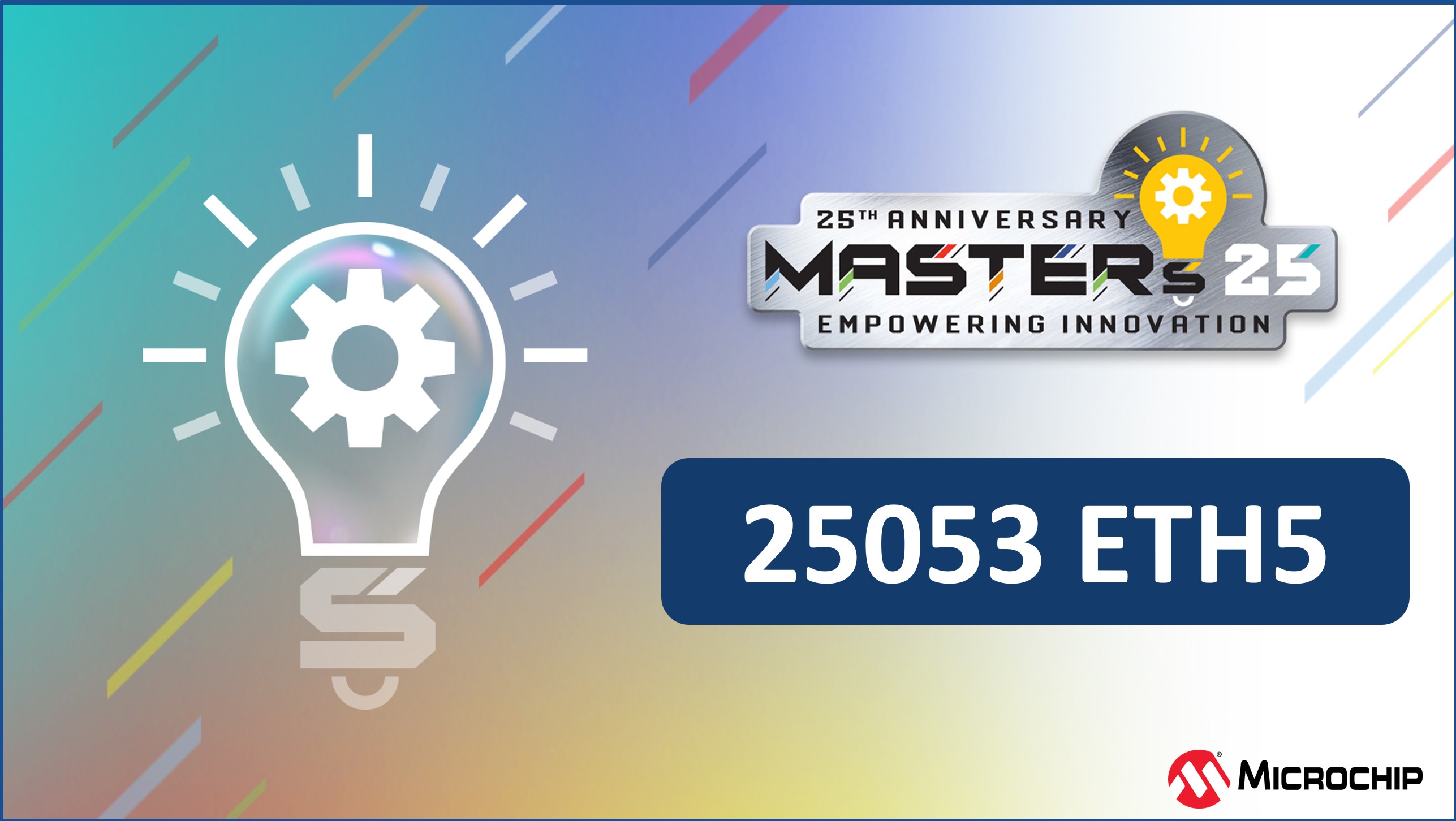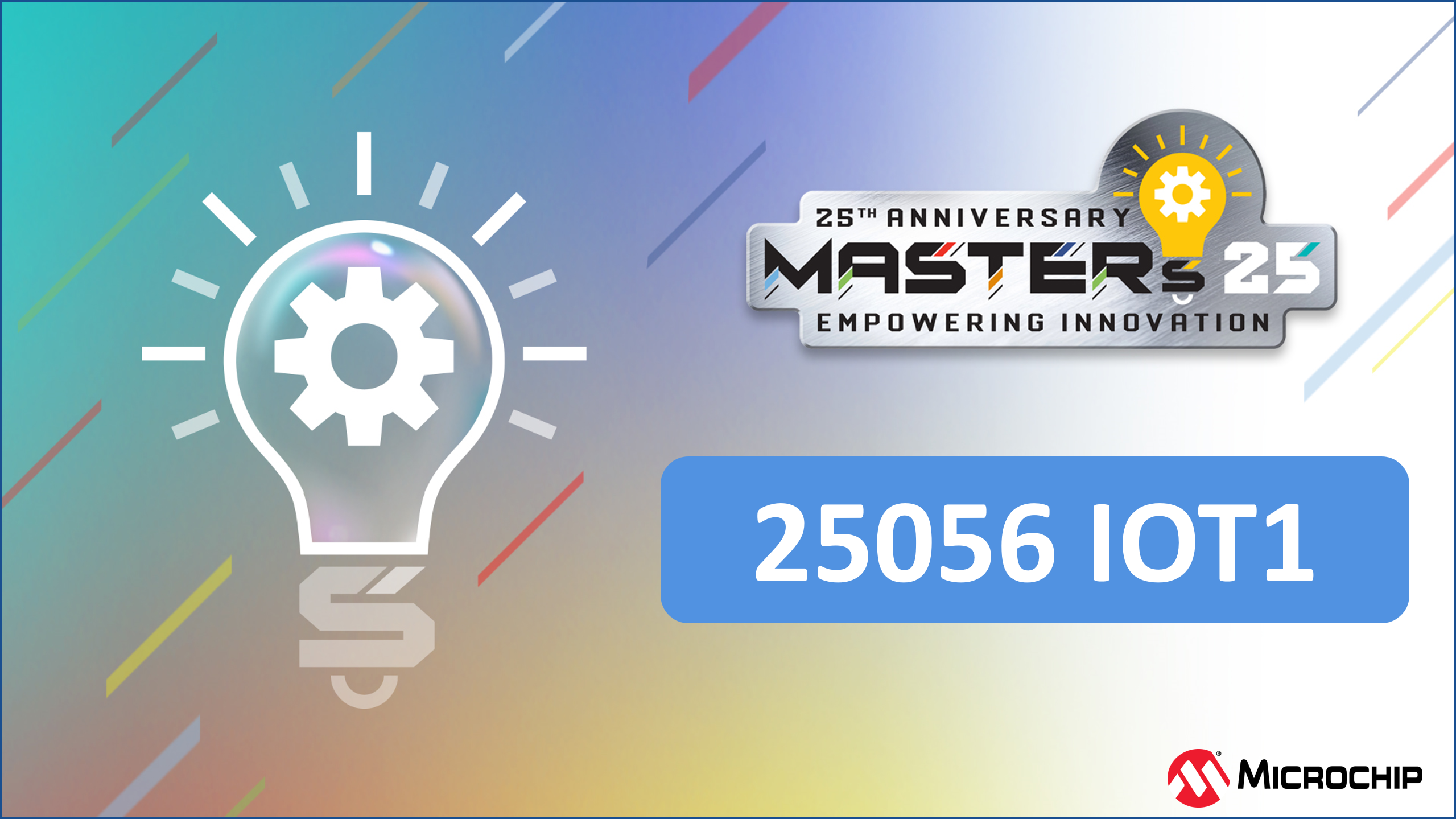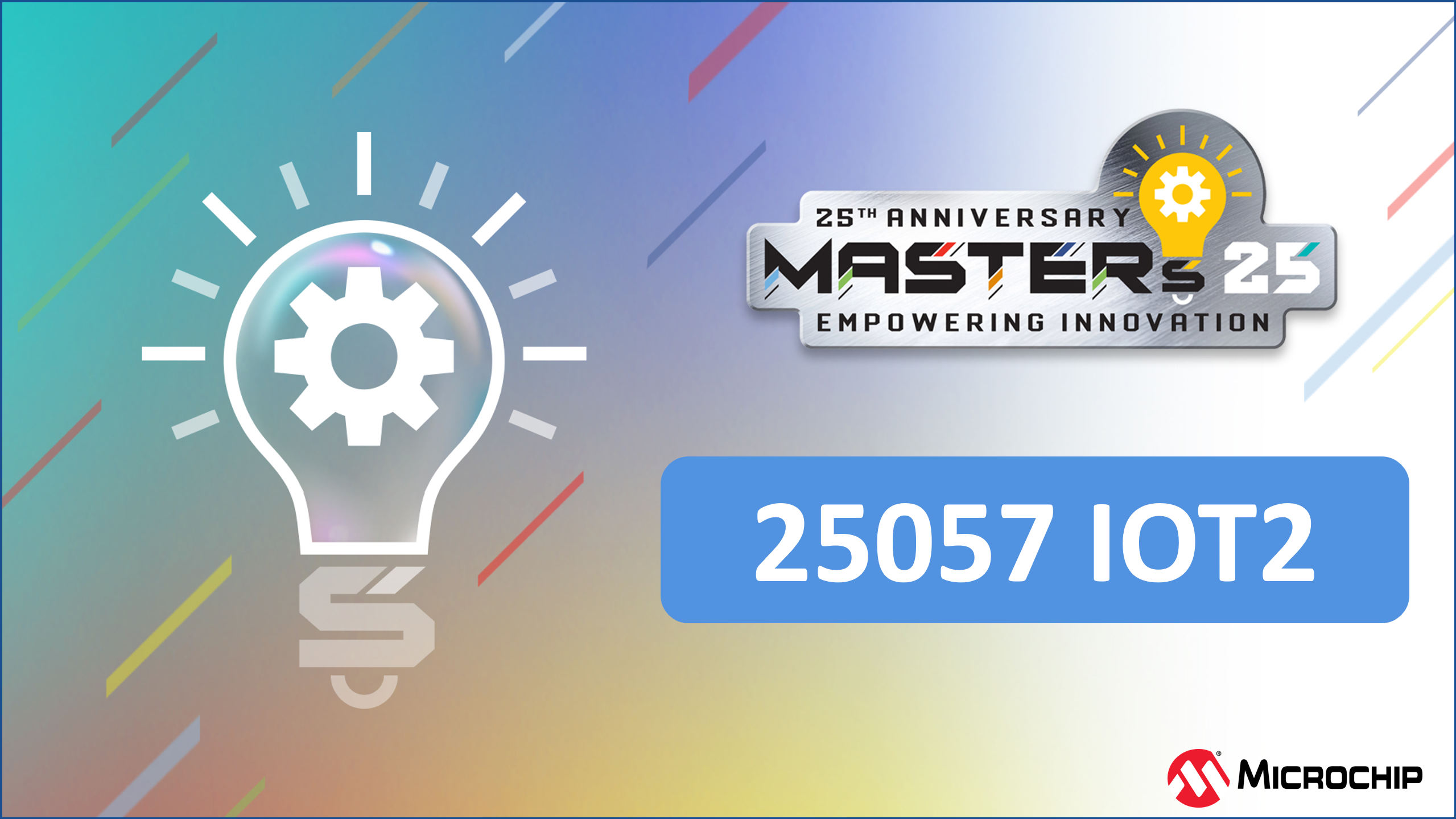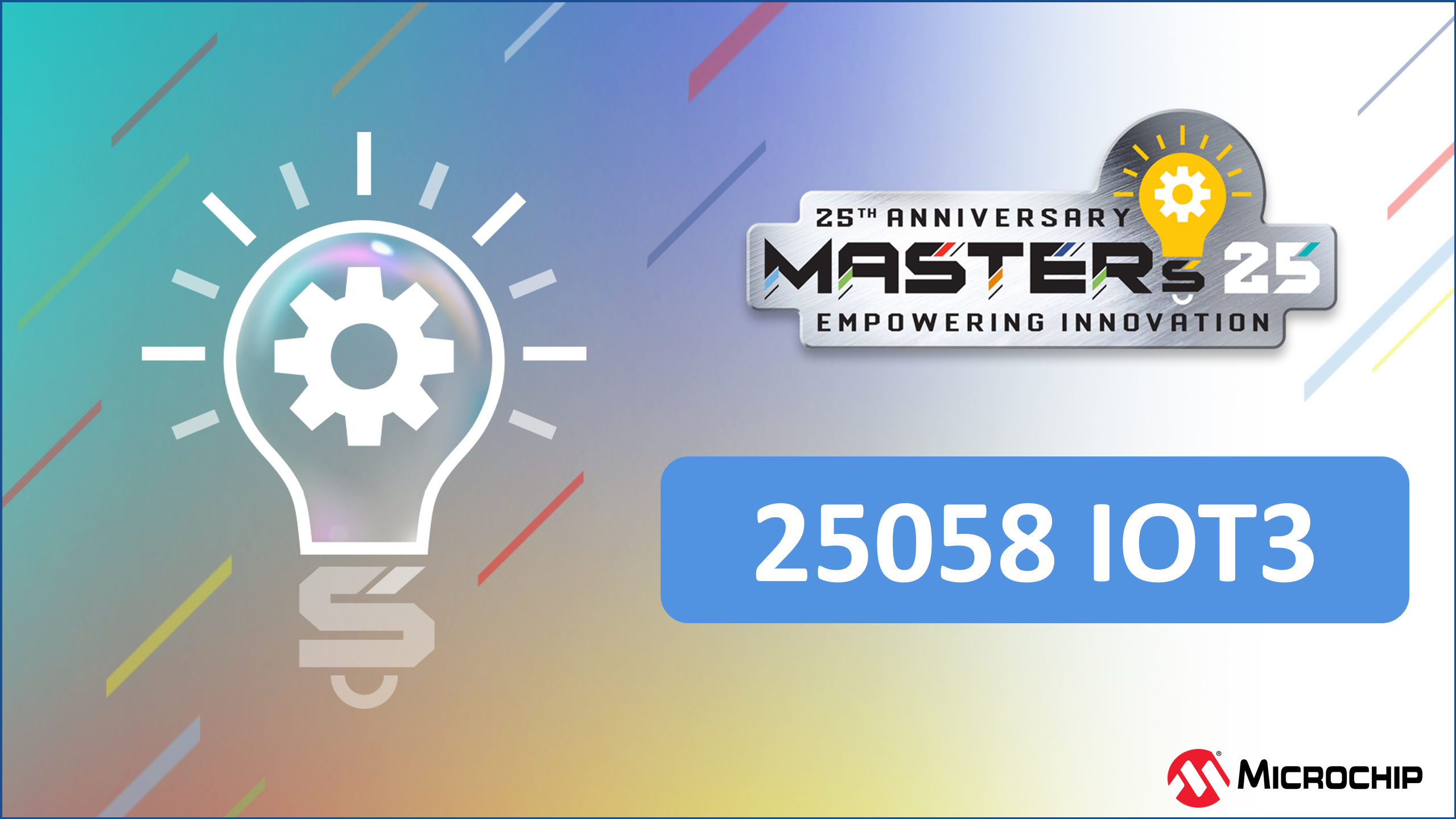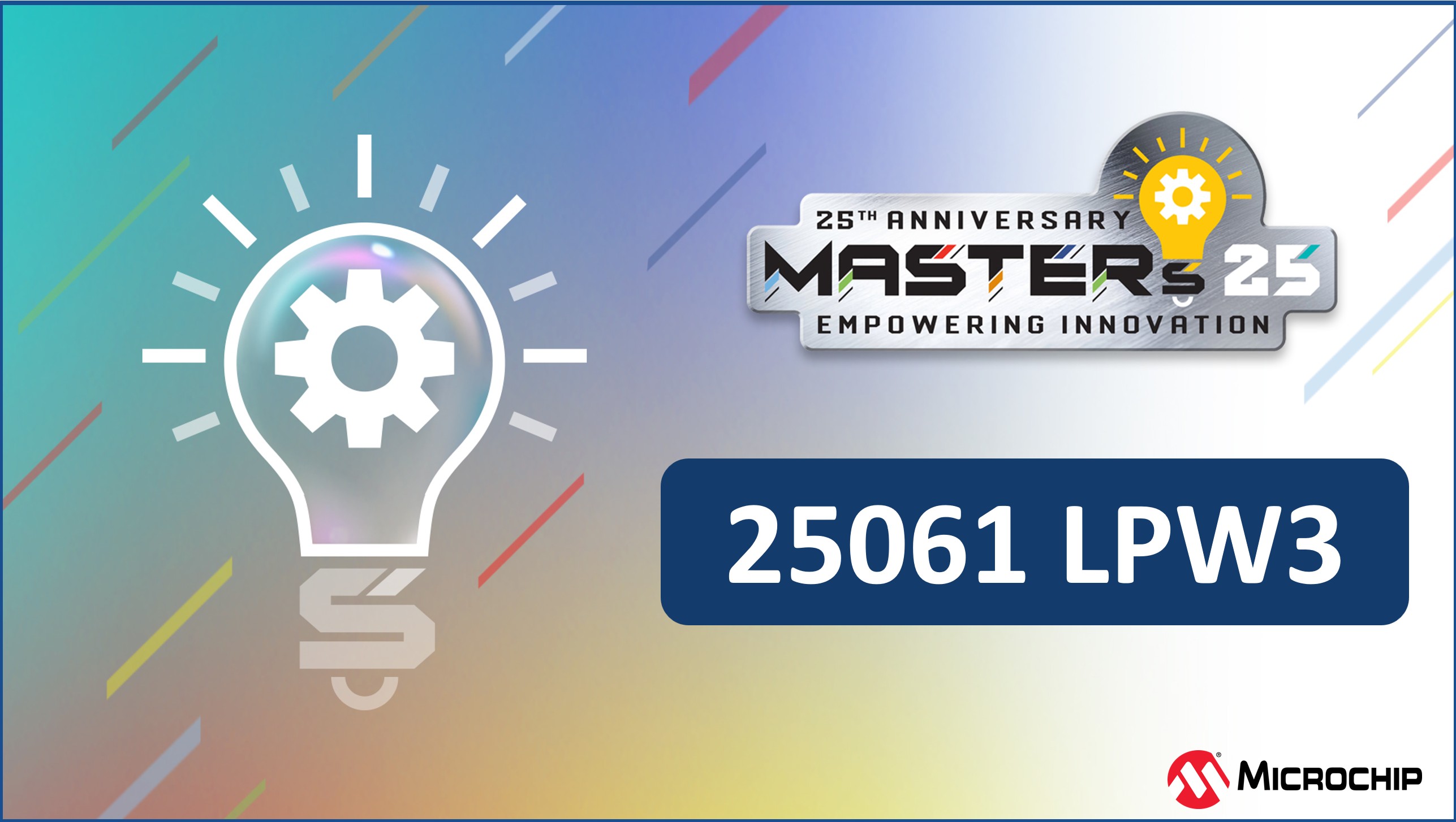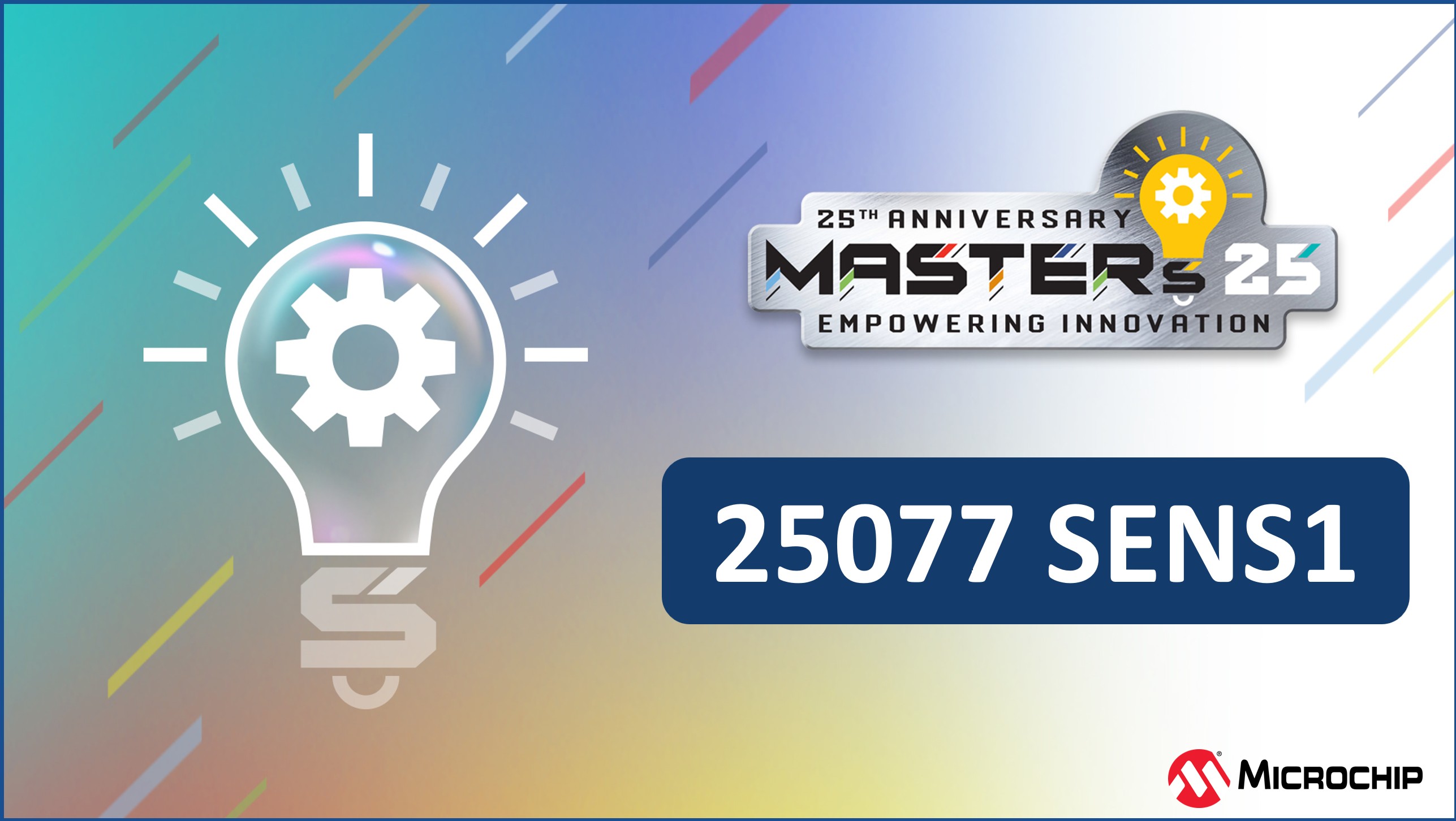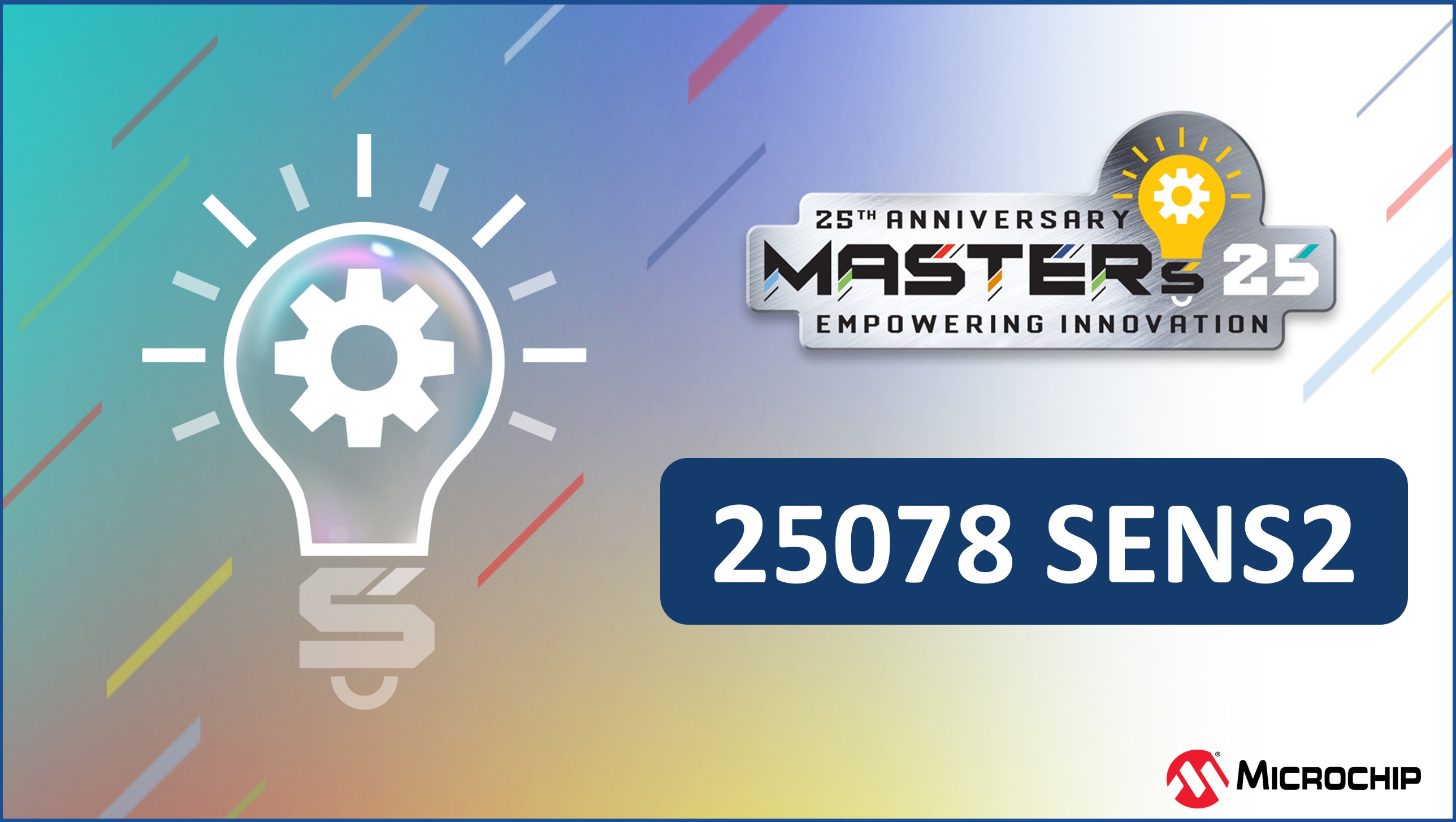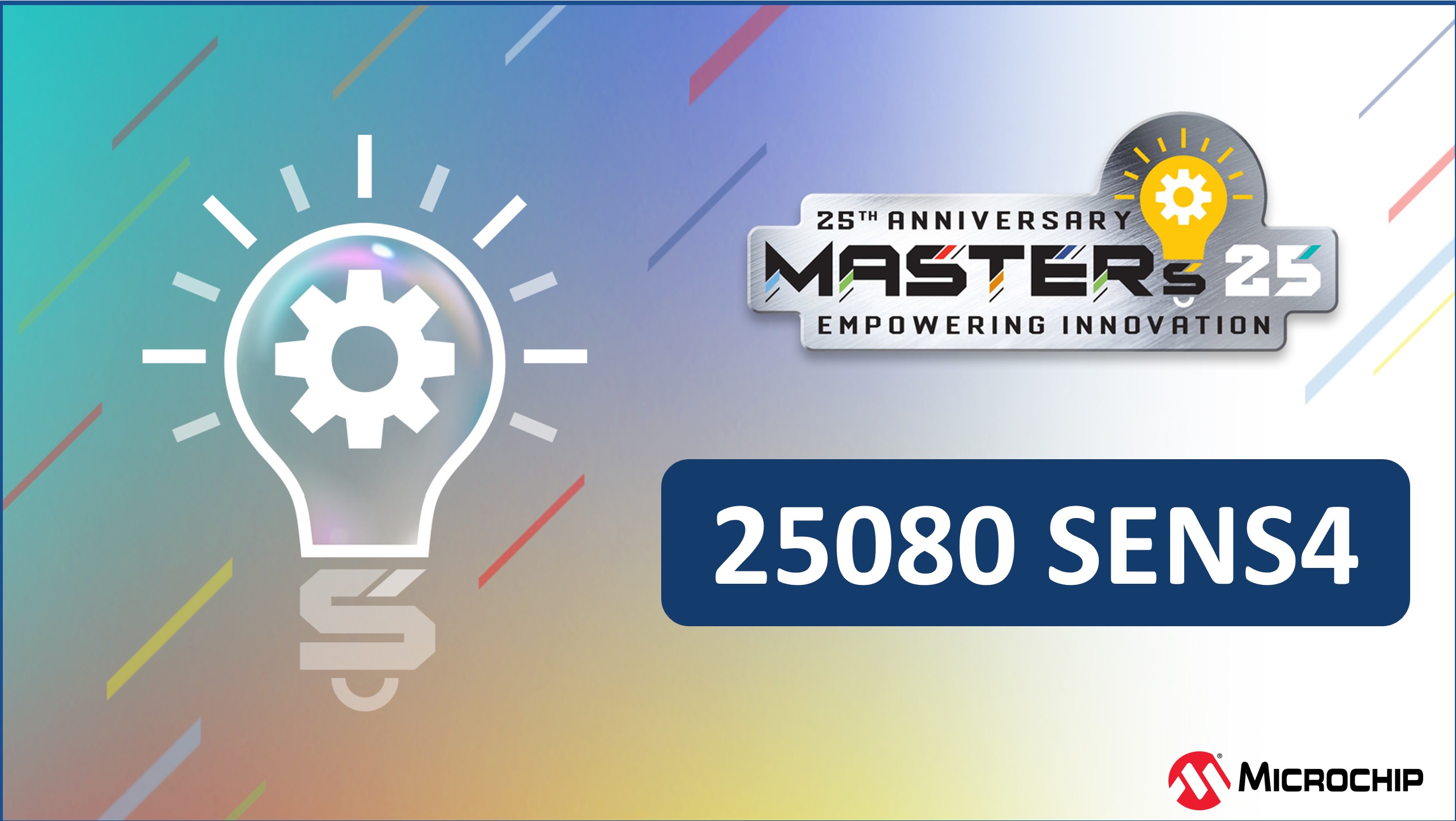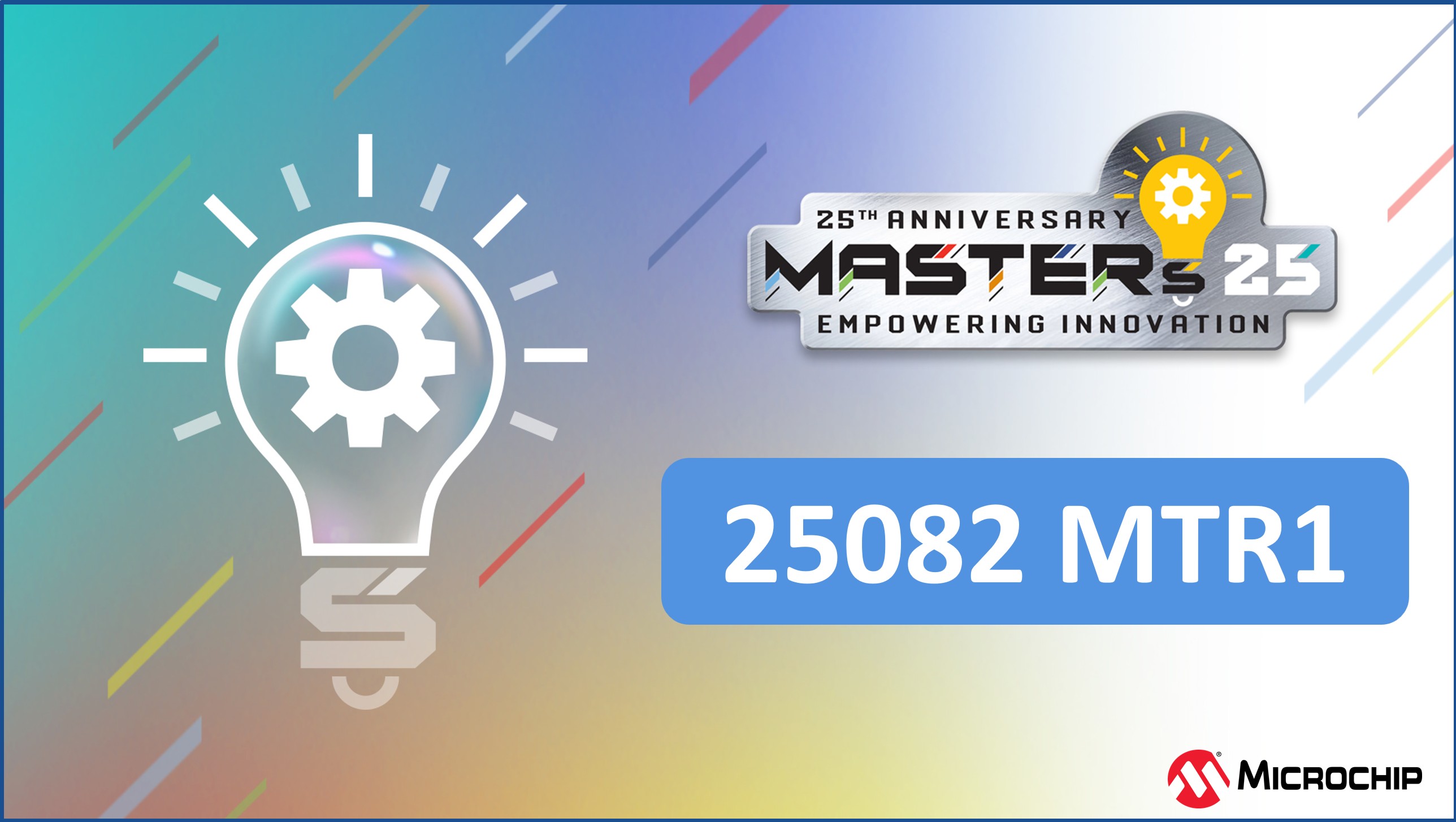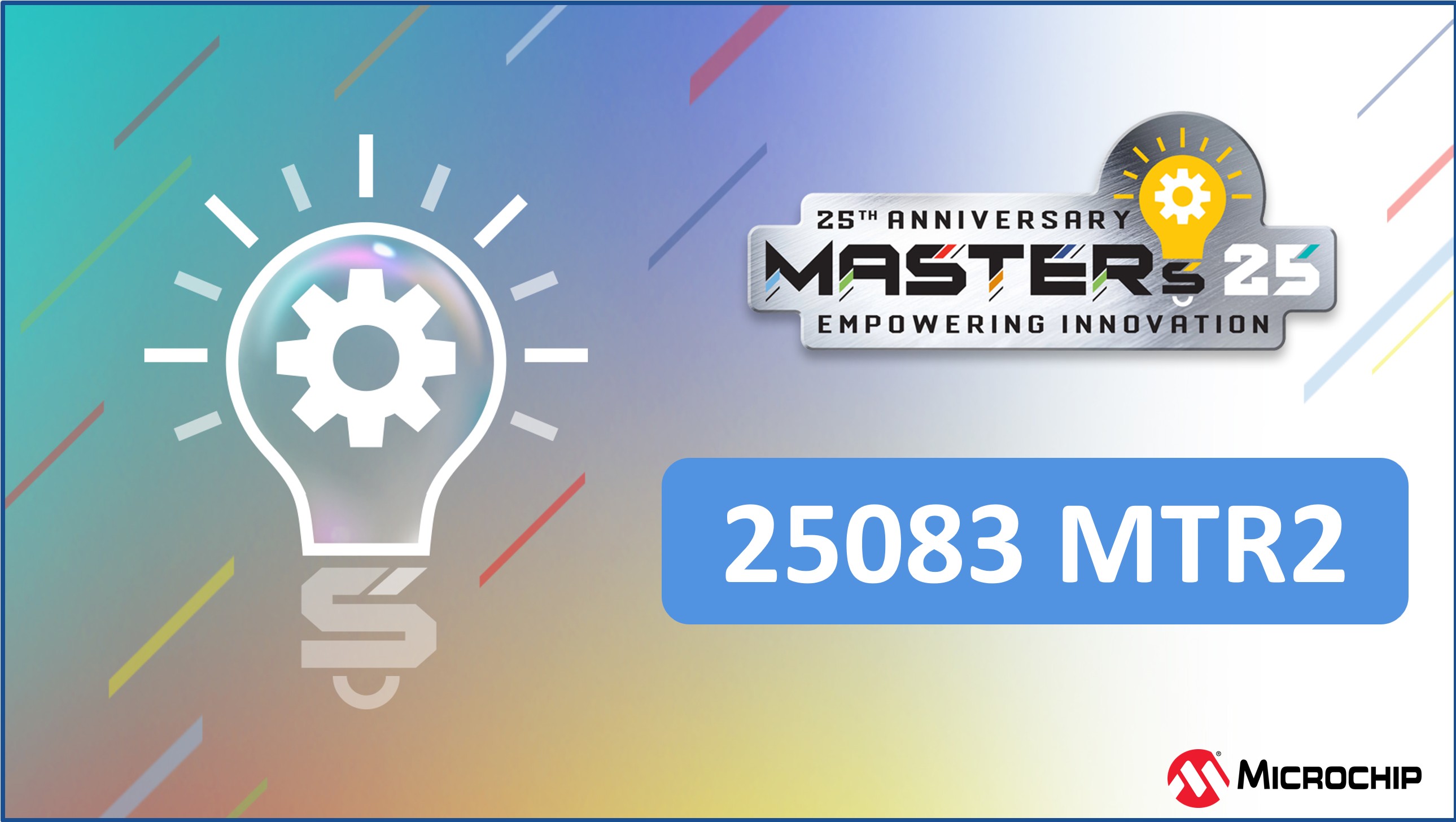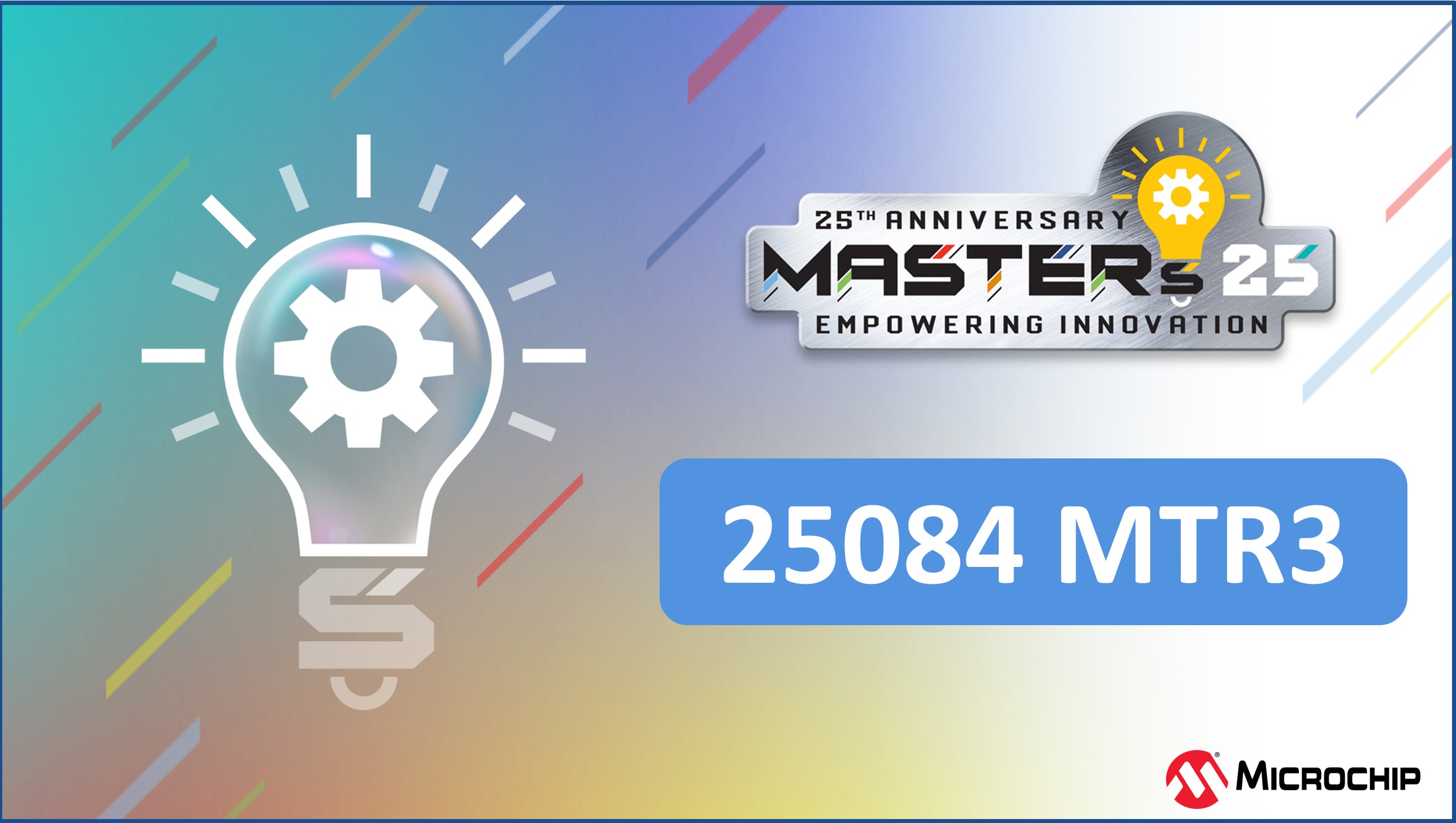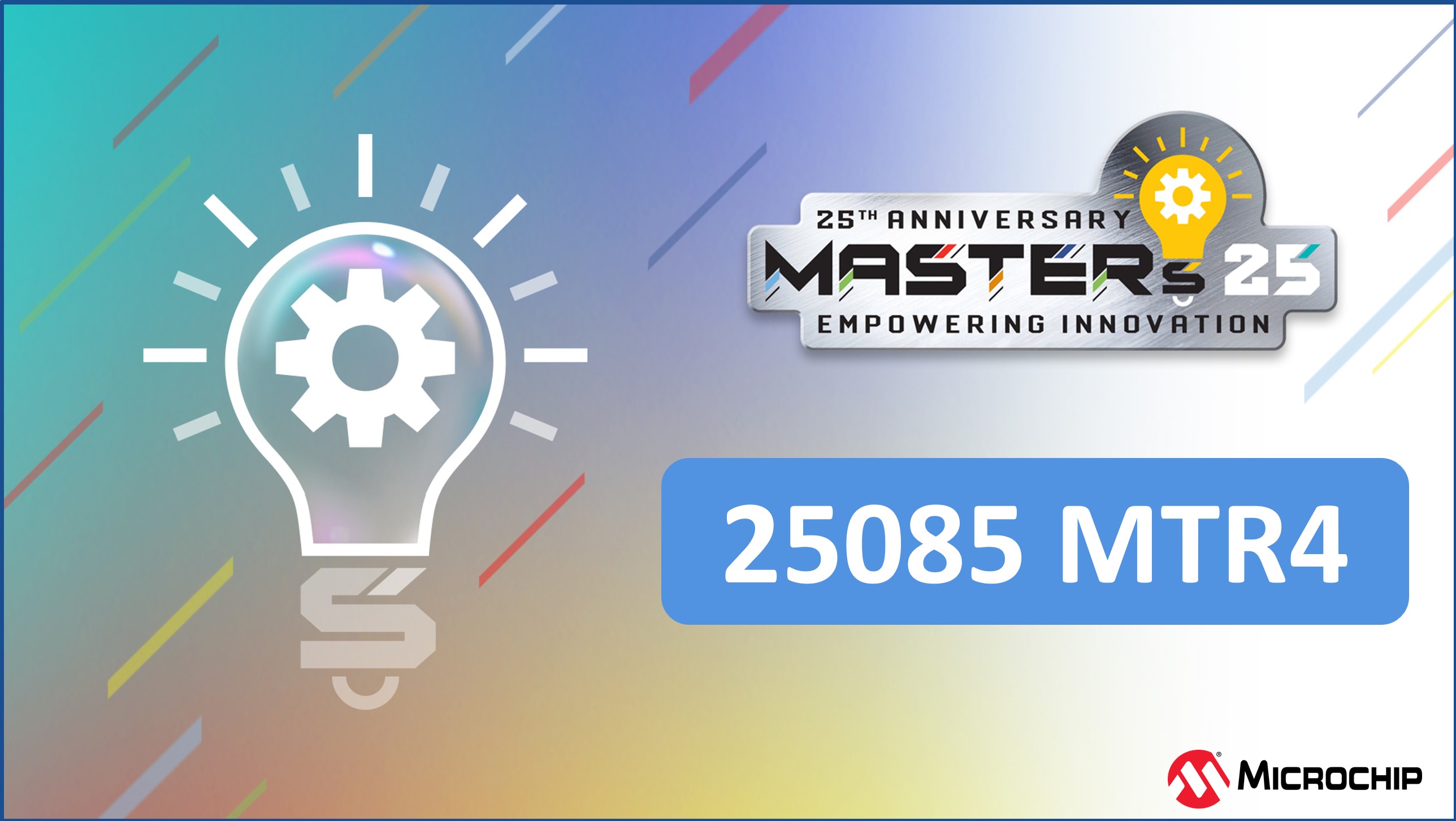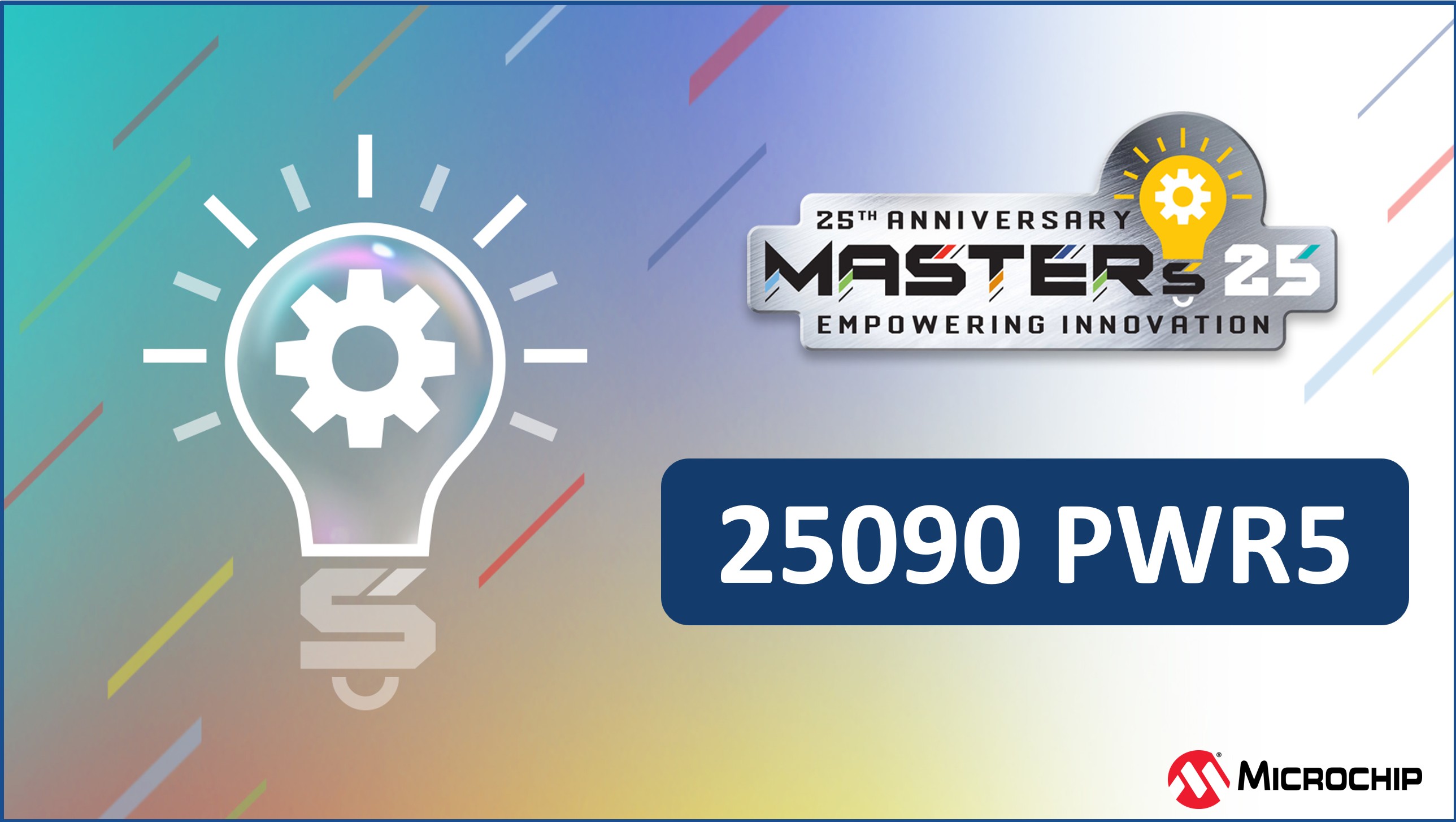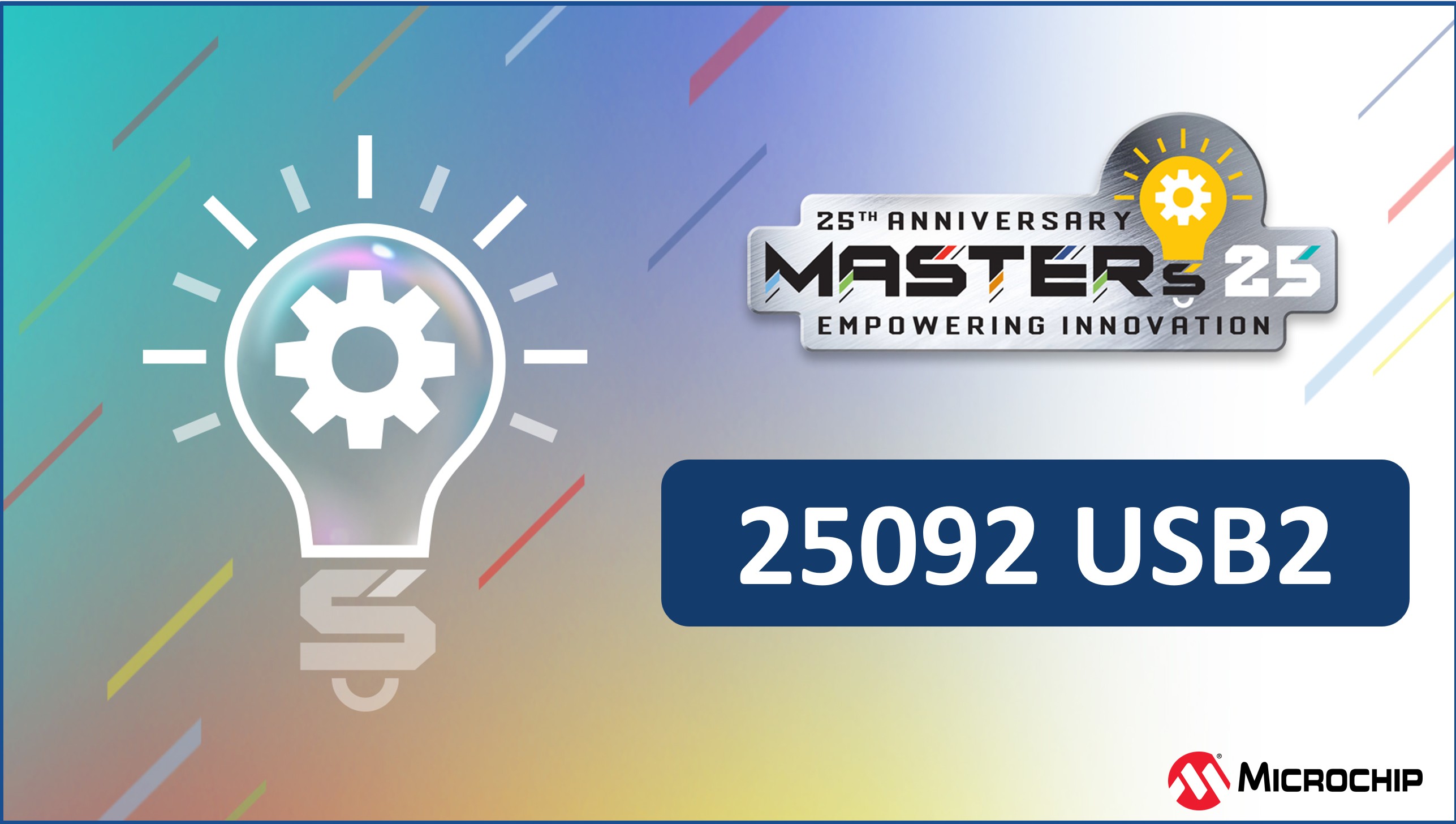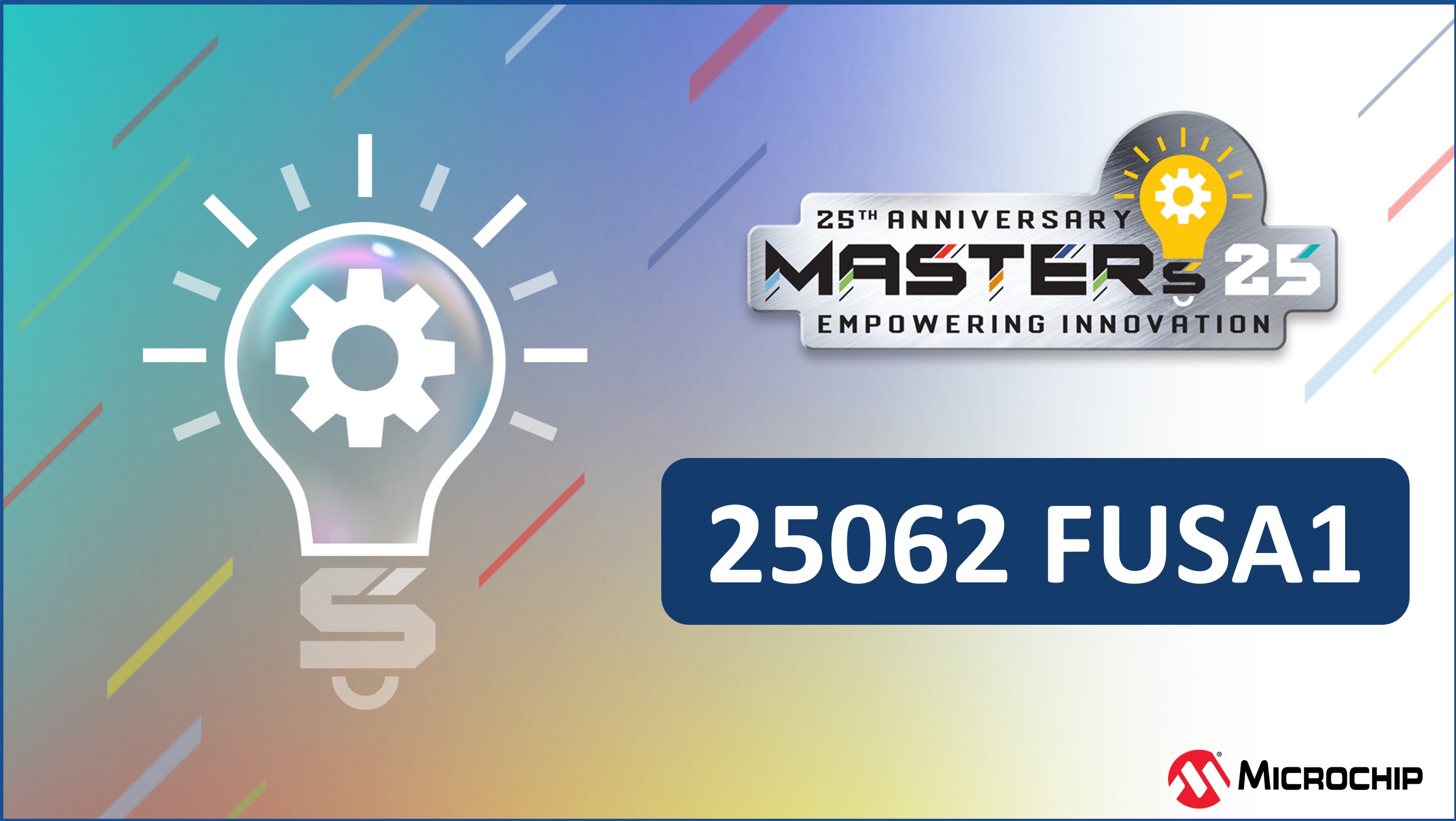
25062 FUSA1: Introduction to Functional Safety (August 2025)
In this class you will learn the principles and standards of functional safety, including how to identify, assess, and manage risks associated with system failures, understand the safety lifecycle, and implement functional safety measures to prevent and mitigate risks in your projects.
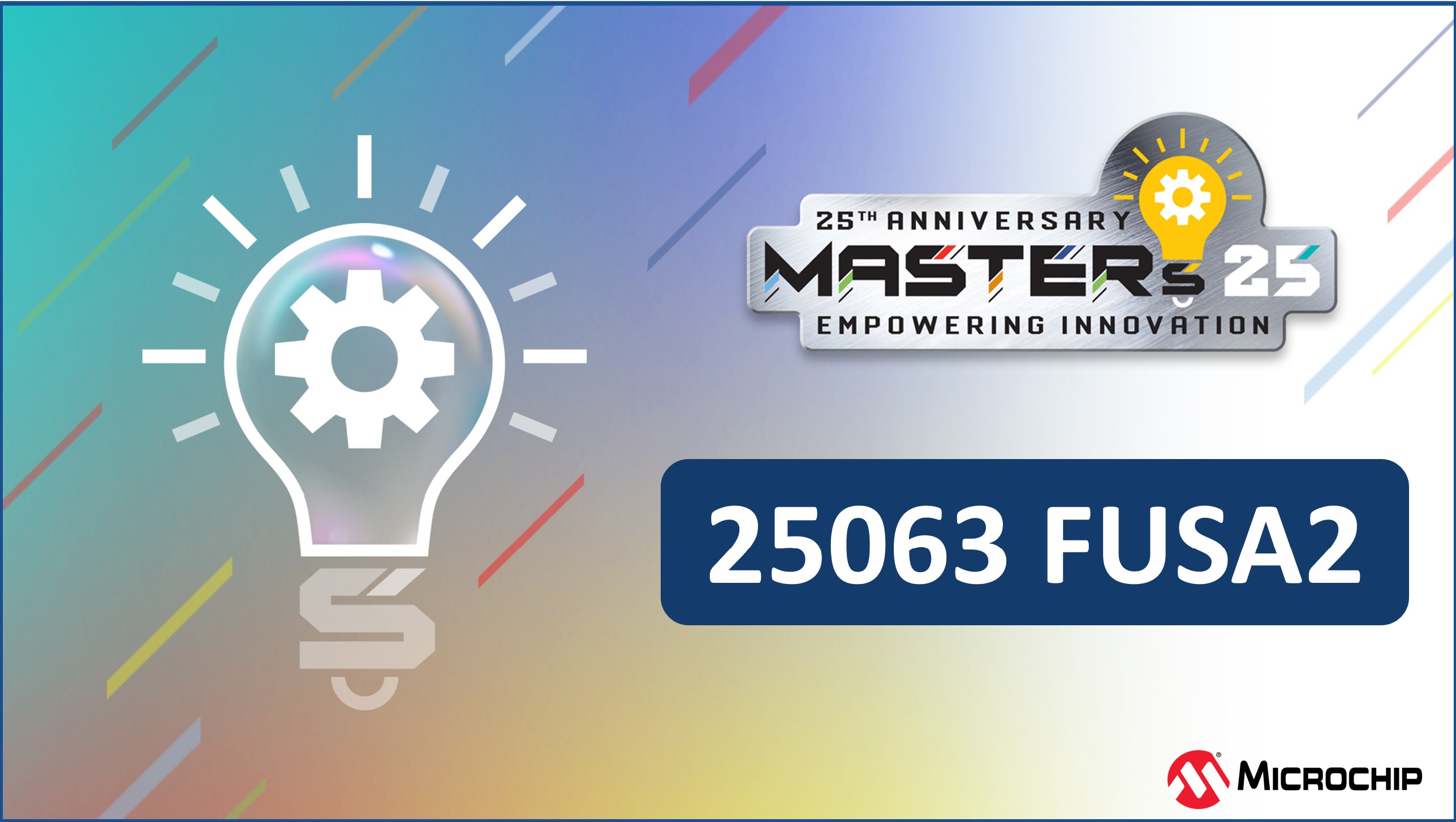
25063 FUSA2: Functional Safety Hardware Development (August 2025)
In this class you will learn how to design safety-critical hardware with a focus on ISO 26262, including understanding hardware safety requirements, best practices for safety and reliability, hardware design techniques, and how to use vendor-provided safety collateral and built-in safety mechanisms to ensure compliance.
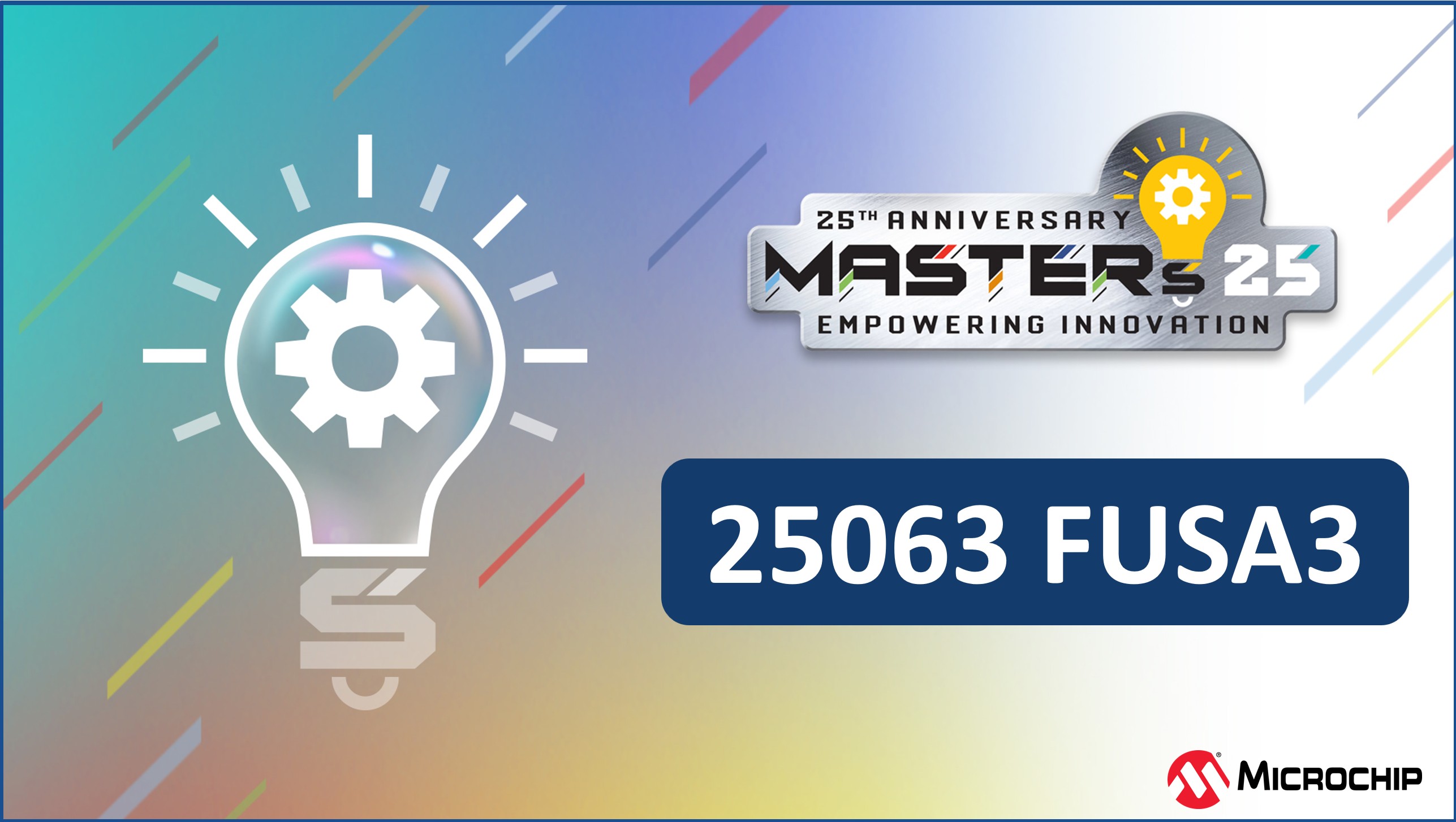
25064 FUSA3: Functional Safety Software Development (August 2025)
In this class you will learn how to develop safety-critical software with a focus on ISO 26262, including software safety requirements, best practices for safety-critical systems, verification and validation techniques, the importance of traceability, and hands-on experience with static code analysis, unit testing, and fault injection testing to ensure reliability and compliance.
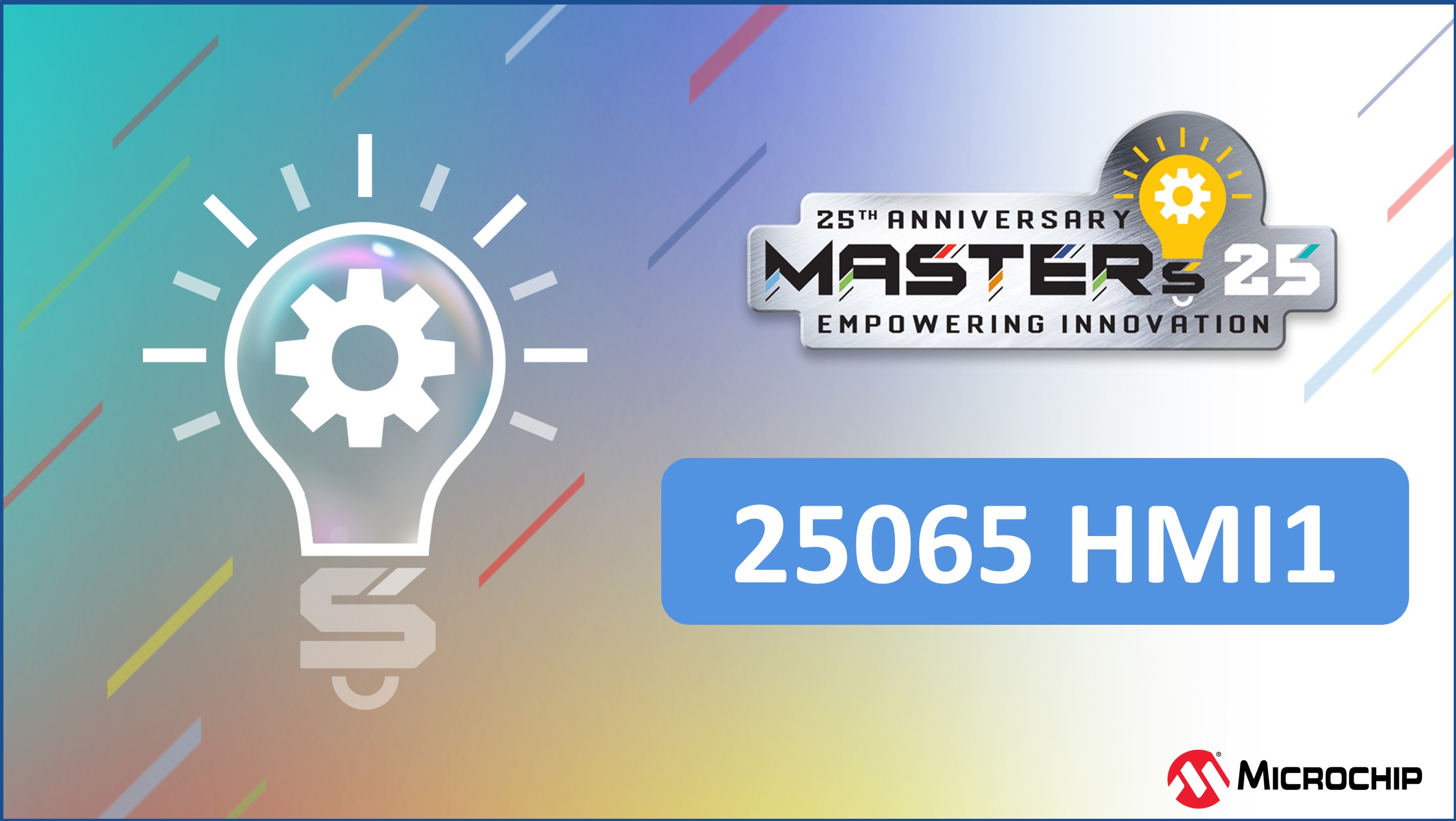
25065 HMI1: Innovations in Capacitive touch: the challenging applications that Microchip’s capacitive touch technology can enable (August 2025)
In this class you will learn about Microchip's proprietary touch technology and its new use cases—including moisture resistance, high noise environments, and safety certification—how to use Microchip's tools to minimize development effort, and how to leverage new turn-key and I2C touch parts, as well as maXTouch controllers, to address challenging capacitive touch applications.
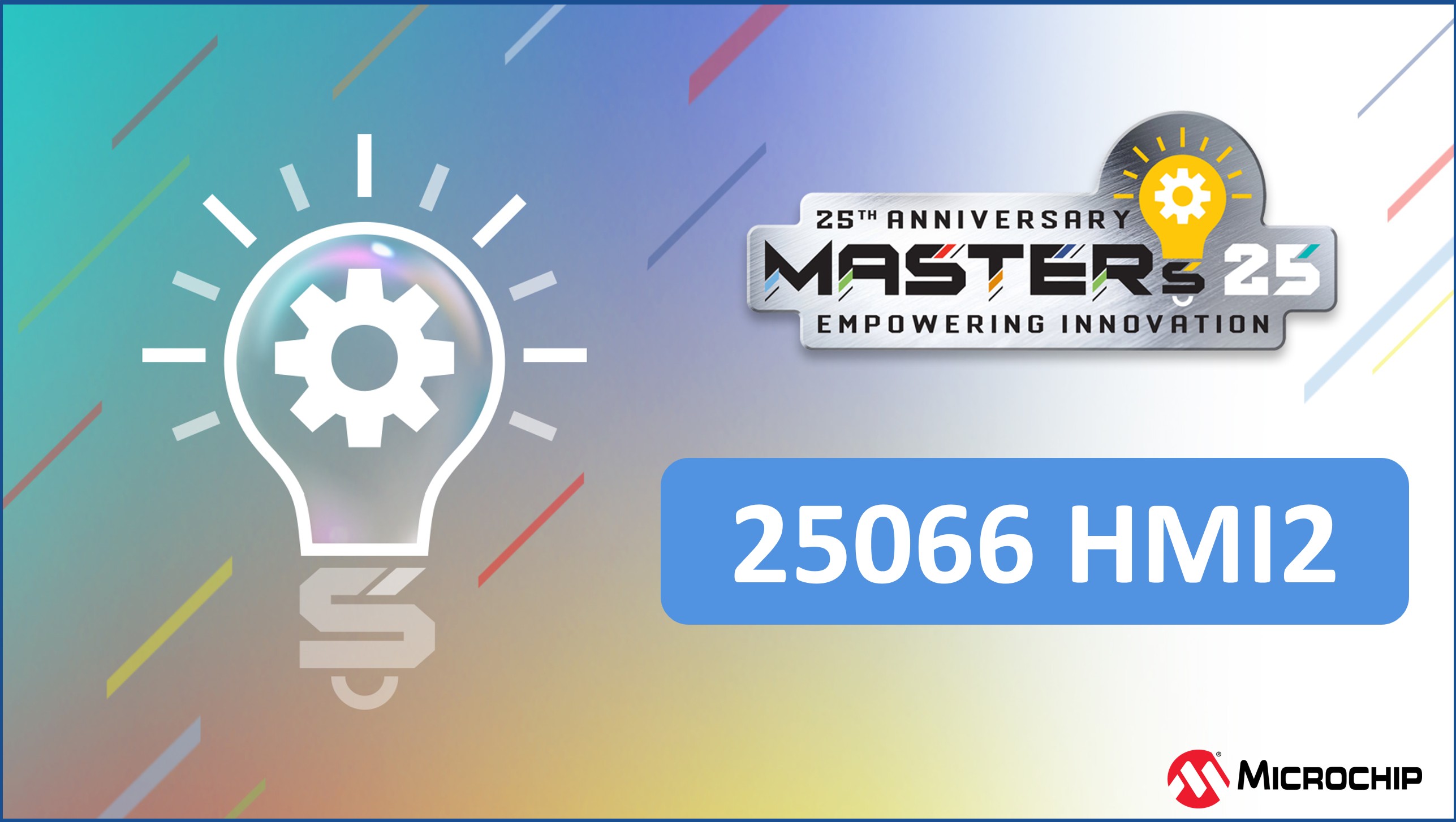
25066 HMI2: How to Easily Create Your First Capacitive Touch Project with MCC Melody (August 2025)
In this class you will learn how to create and tune a capacitive touch project using Microchip's MCUs, MPLAB, MCC Melody, and Data Visualizer, including building a mutual-cap touch project, adding a USART driver to observe sensor responses, and integrating an I2C driver to control the LED driver on the T10 sensor board, giving you practical experience in developing capacitive touch user interfaces.
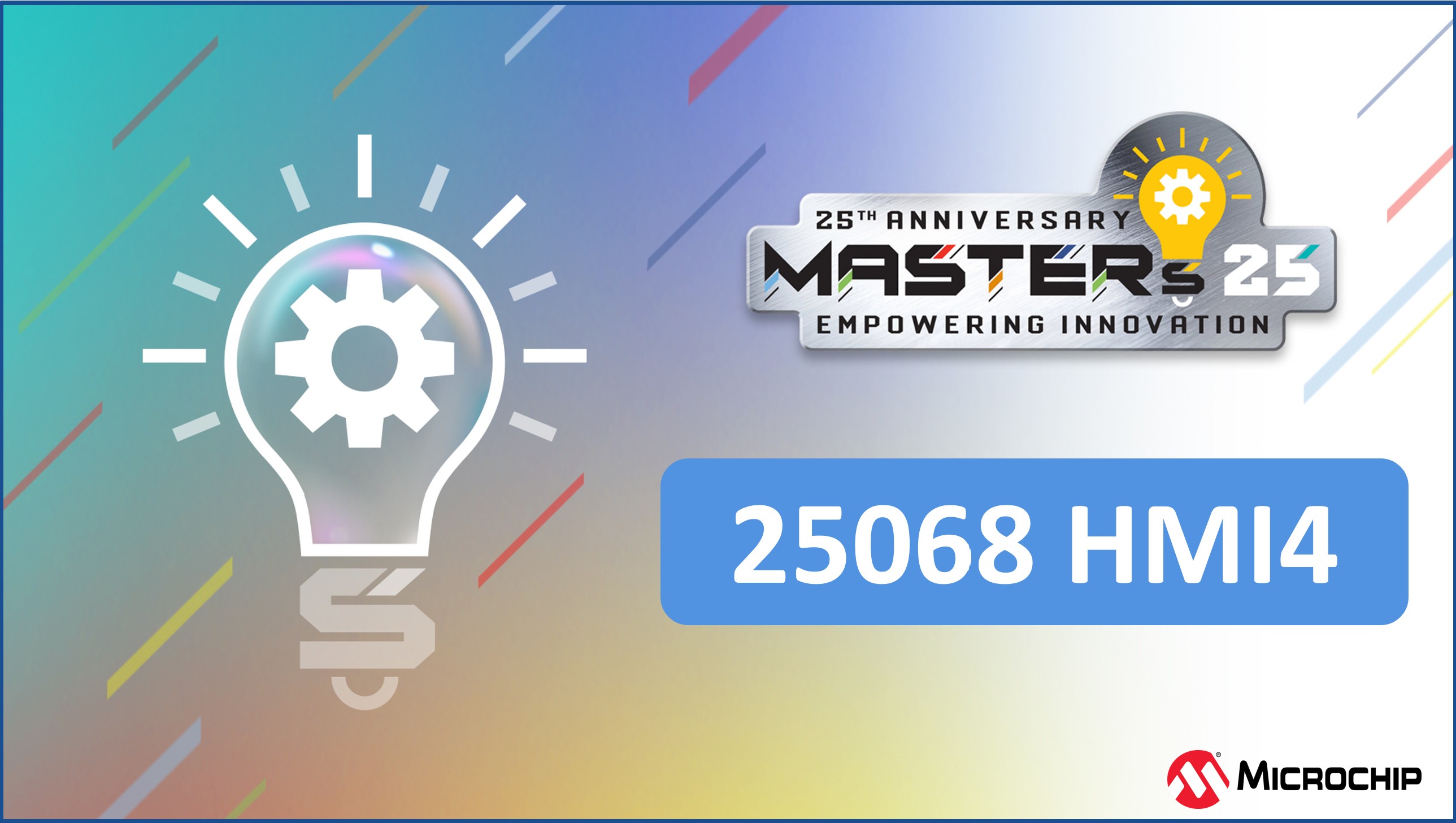
25068 HMI4: Implementing Capacitive Touch I2C Host Interface for MTCH2120 (August 2025)
In this class you will learn how to implement the MCC Harmony I2C Host Driver for the MTCH2120 capacitive touch sensing controller, including understanding its architecture, commands, and capabilities, adding the I2C host module to an MCC Harmony project, and modifying the host interface to read and display touch sensor status.
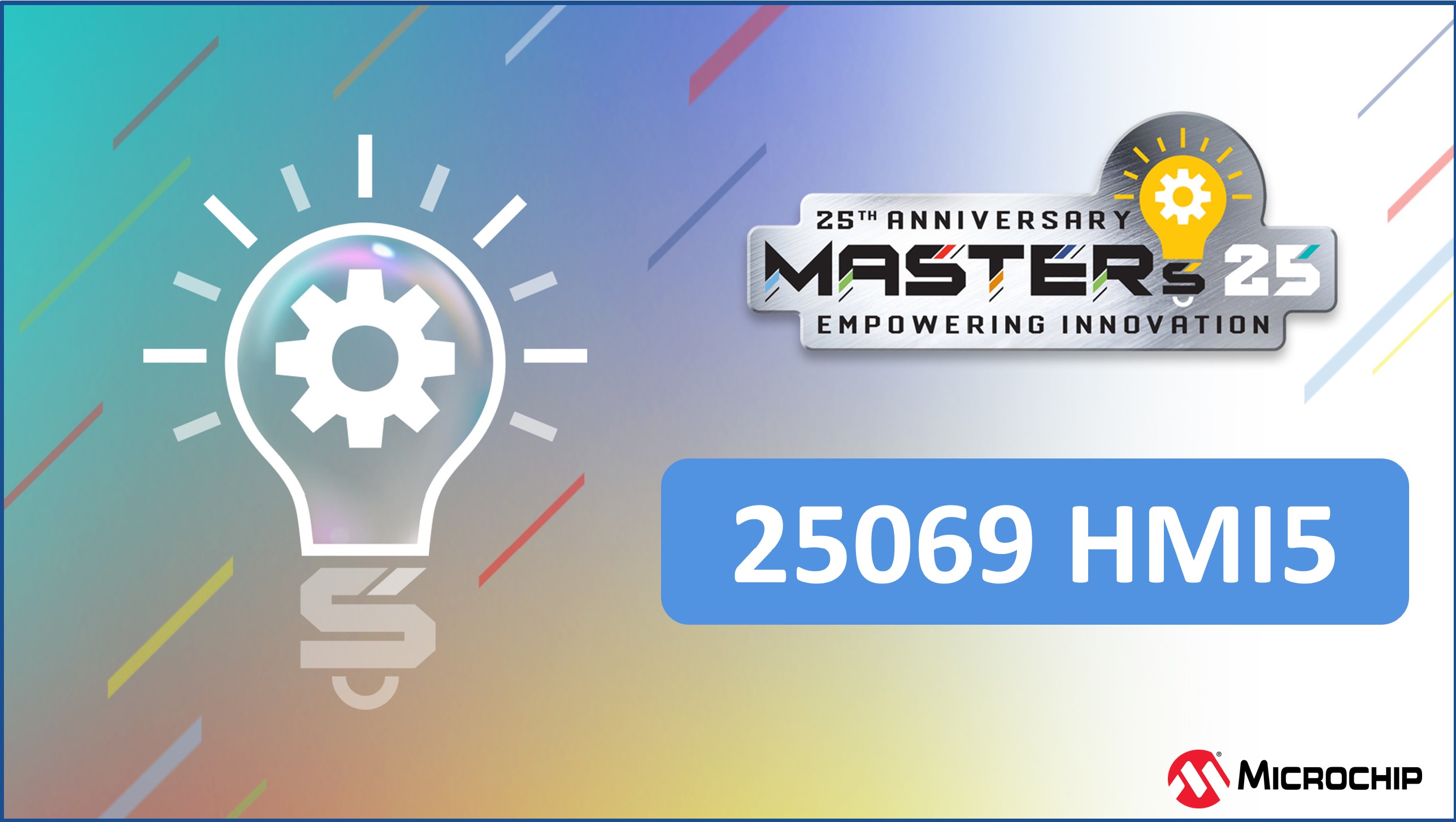
25069 HMI5: Capacitive Digital Level Sensing for Liquids and more… (August 2025)
In this class you will learn the basic theory behind Microchip’s Digital Level Sensing (DLS) algorithm, how its dual ADC approach eliminates ground shifts and electrical noise, the principles of DLS sensor design and customization, and how to access libraries via SDE, use MPLAB to program the PIC16LF DLS Evaluation kit, and tune the DLS algorithm for your own digital level sensing systems.
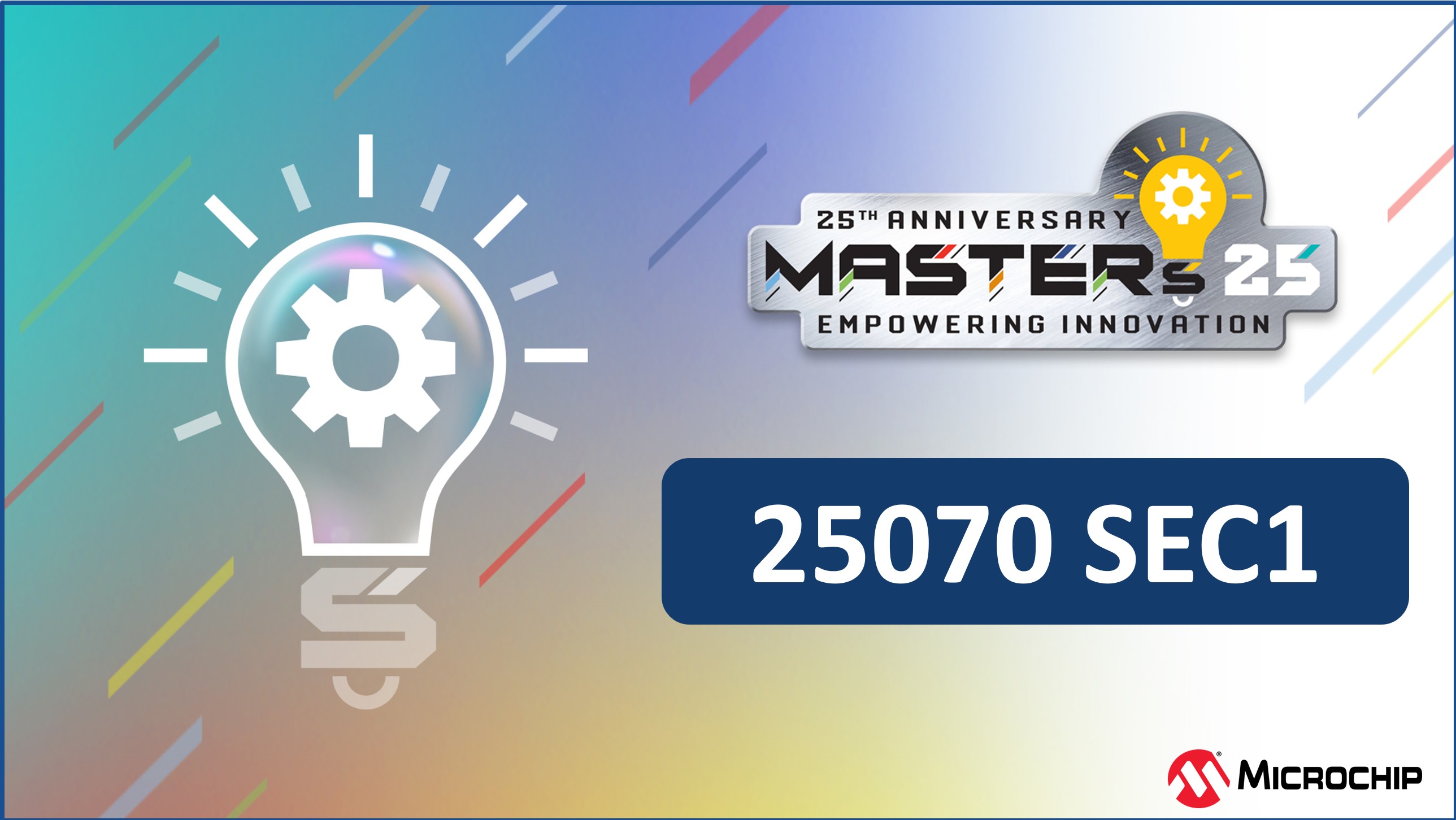
25070 SEC1: Introduction to Cryptography: Demystifying the Magic (August 2025)
In this class you will learn key security concepts such as ECC256, SHA256, AES128, MAC, HMAC, CMAC, and RSA, how to identify and implement security requirements in a design, methods for storing and protecting critical keys, and the basic principles of cryptography—including authentication, hashing, signing, and verification—focusing on practical applications of both symmetric and asymmetric cryptography for secure designs.
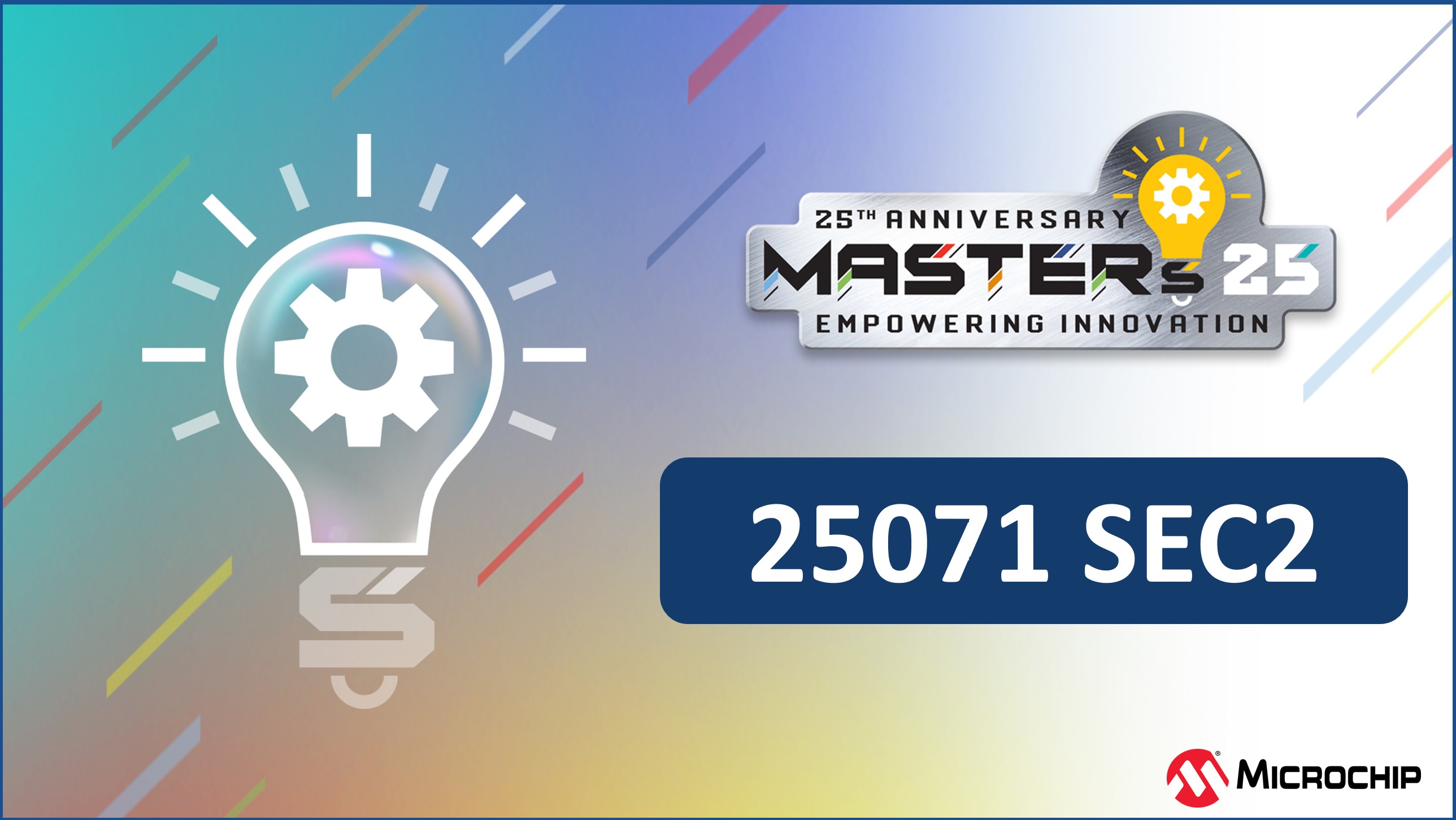
25071 SEC2: Cyber Regulations: Impact on Product Development and Business Risk (August 2025)
In this class you will gain a comprehensive understanding of the evolving cyber legislative landscape and its key requirements, learn essential cyber product design features, understand the impact of cyber risks on business, and practice basic threat modeling techniques to effectively analyze and apply cybersecurity principles for mitigating business risks.
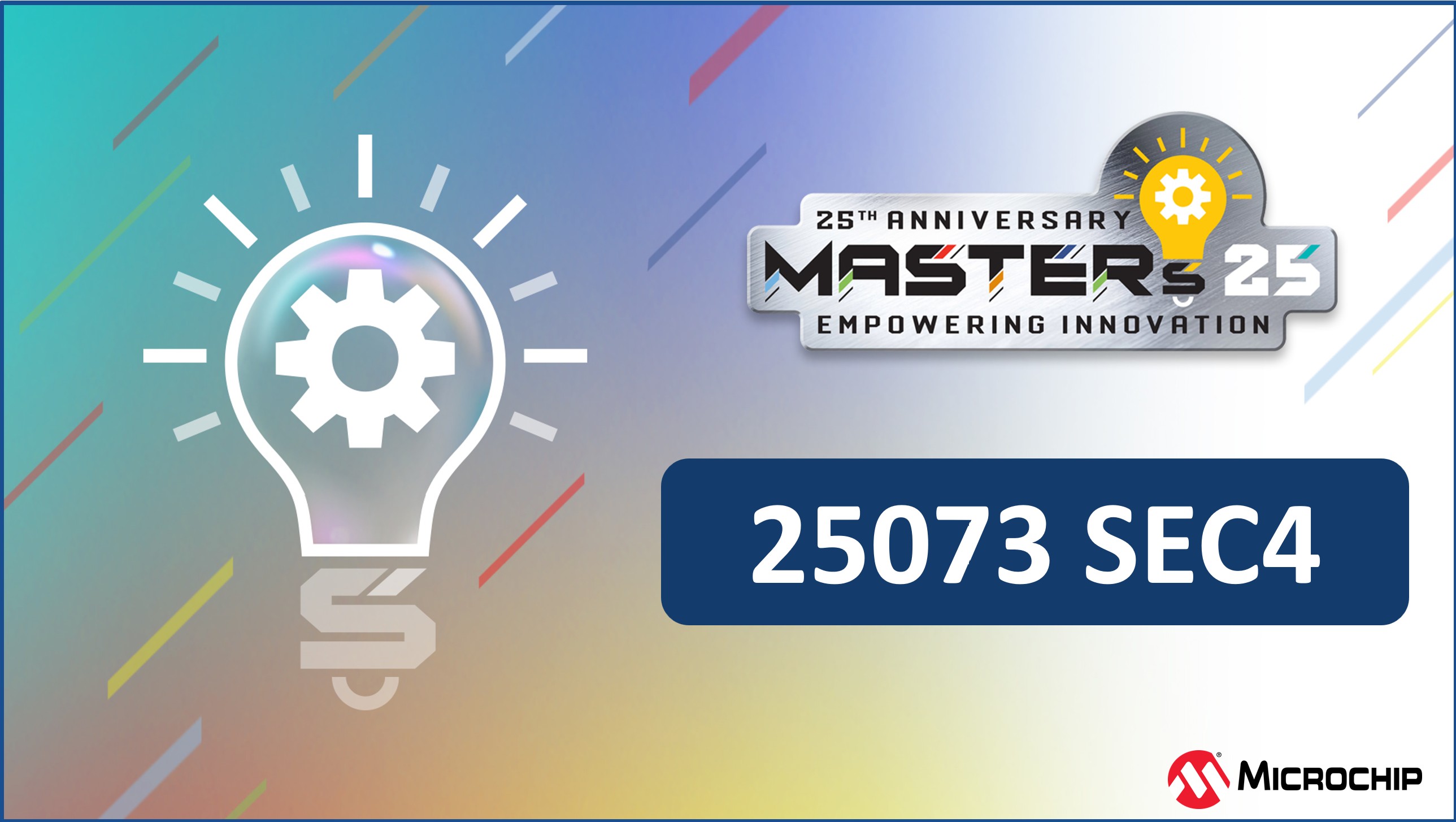
25073 SEC4: Hands-On Security with Secure Elements and HSMs for Embedded Engineers (August 2025)
In this class you will learn the differences between the ATECC608 Secure Element and the PIC32CZ8110CA90 Hardware Security Module, and gain hands-on experience with ECC key generation, AES encryption, secure boot, board-to-board security, X.509 certificates, and TLS 1.3 communication using ECC keys.
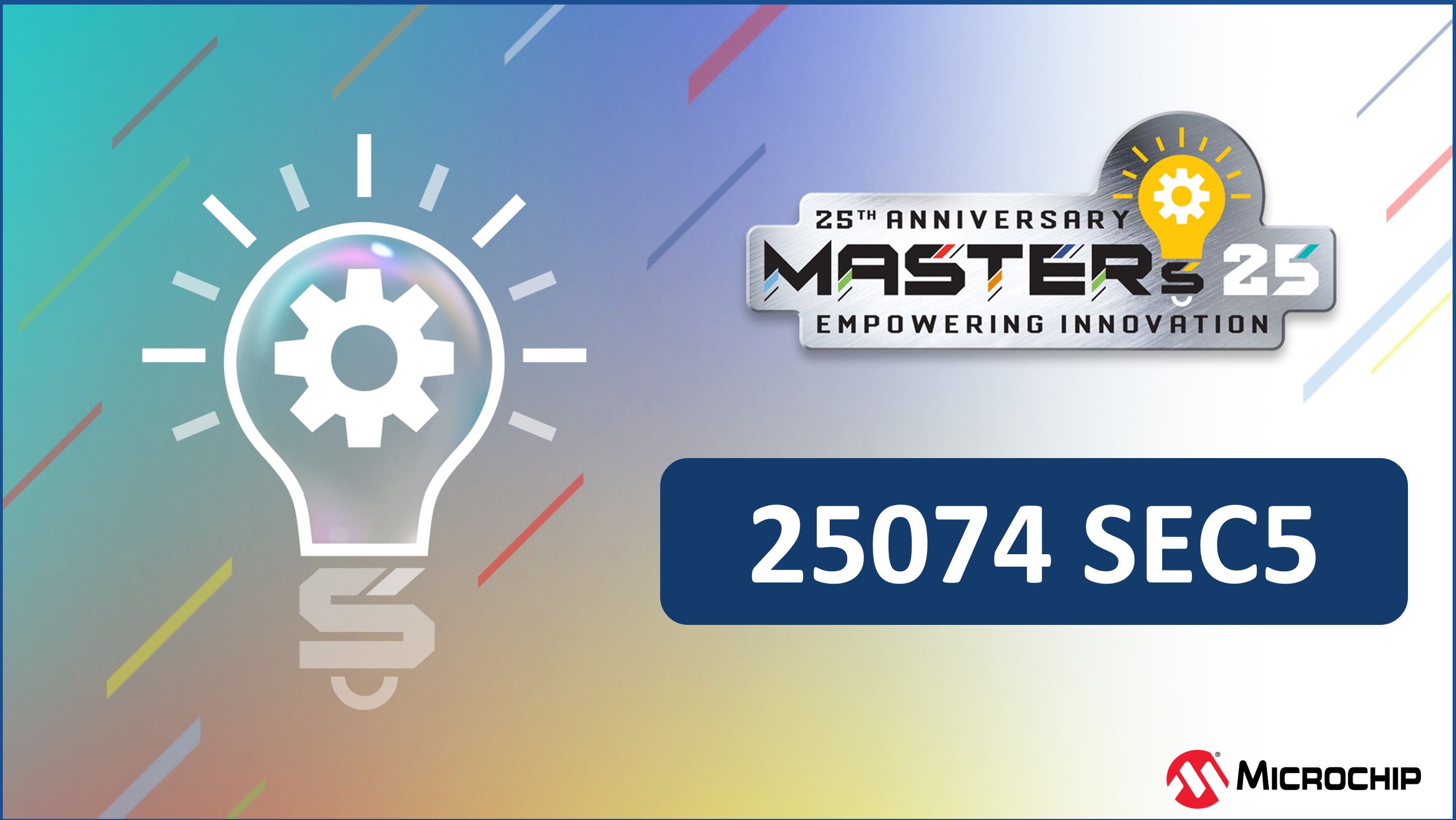
25074 SEC5: Mastering MCU Security: Keeping Your Firmware Safe using an HSM (August 2025)
In this class you will learn how to ensure firmware integrity and authenticity in embedded systems by implementing Secure Boot and Secure Firmware Update using the PIC32CKSG01 Cortex-M4 MCU and its Hardware Security Module (HSM).
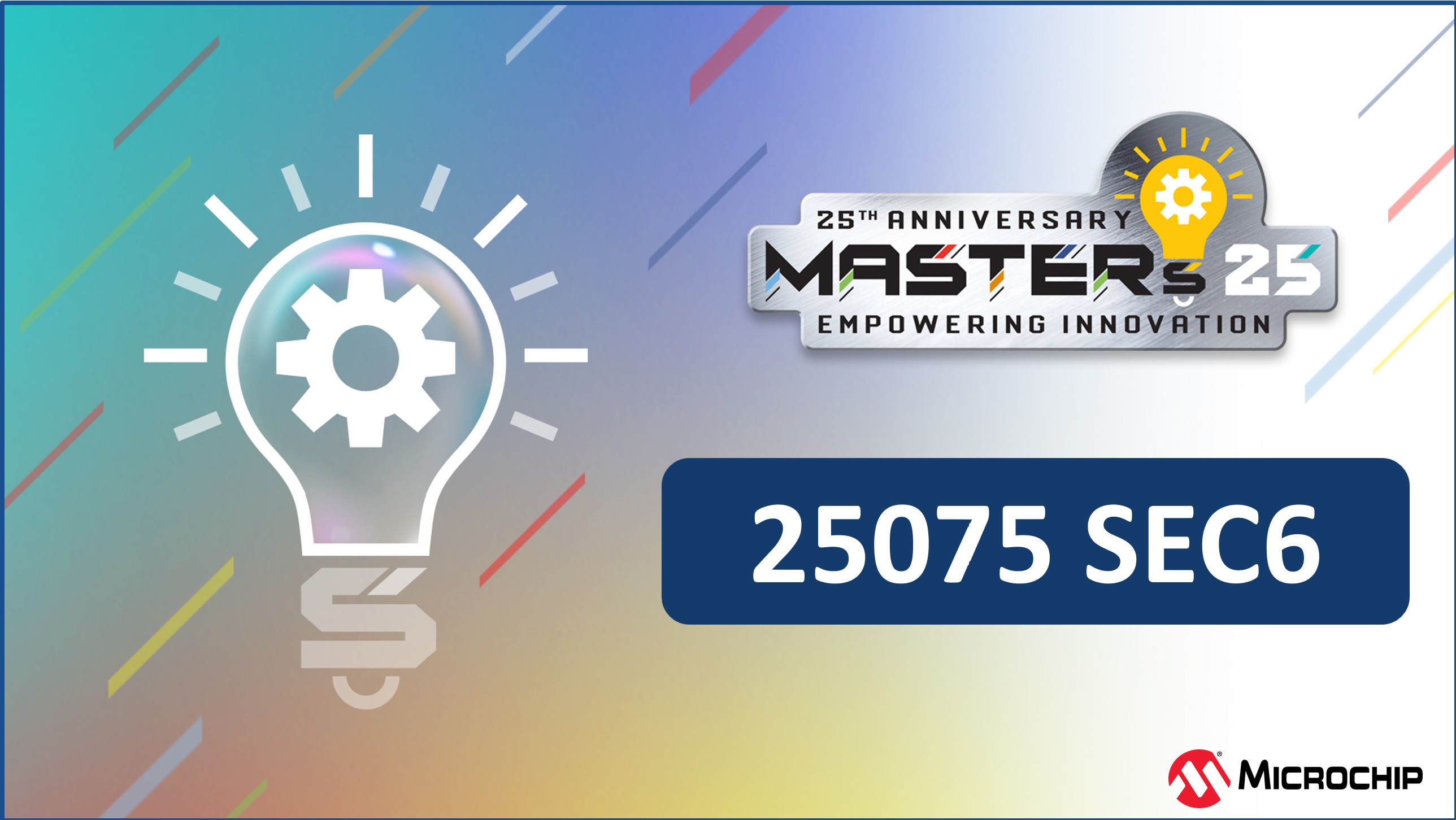
25075 SEC6: Mastering Secure Boot for MPUs (August 2025)
In this class you will learn to secure the boot process on Microchip MPU devices using cryptographic techniques (Hashes, AES, RSA, ECDSA), manage device provisioning and OTP memory, and implement secure boot and authentication for the AT91Bootstrap bootloader.
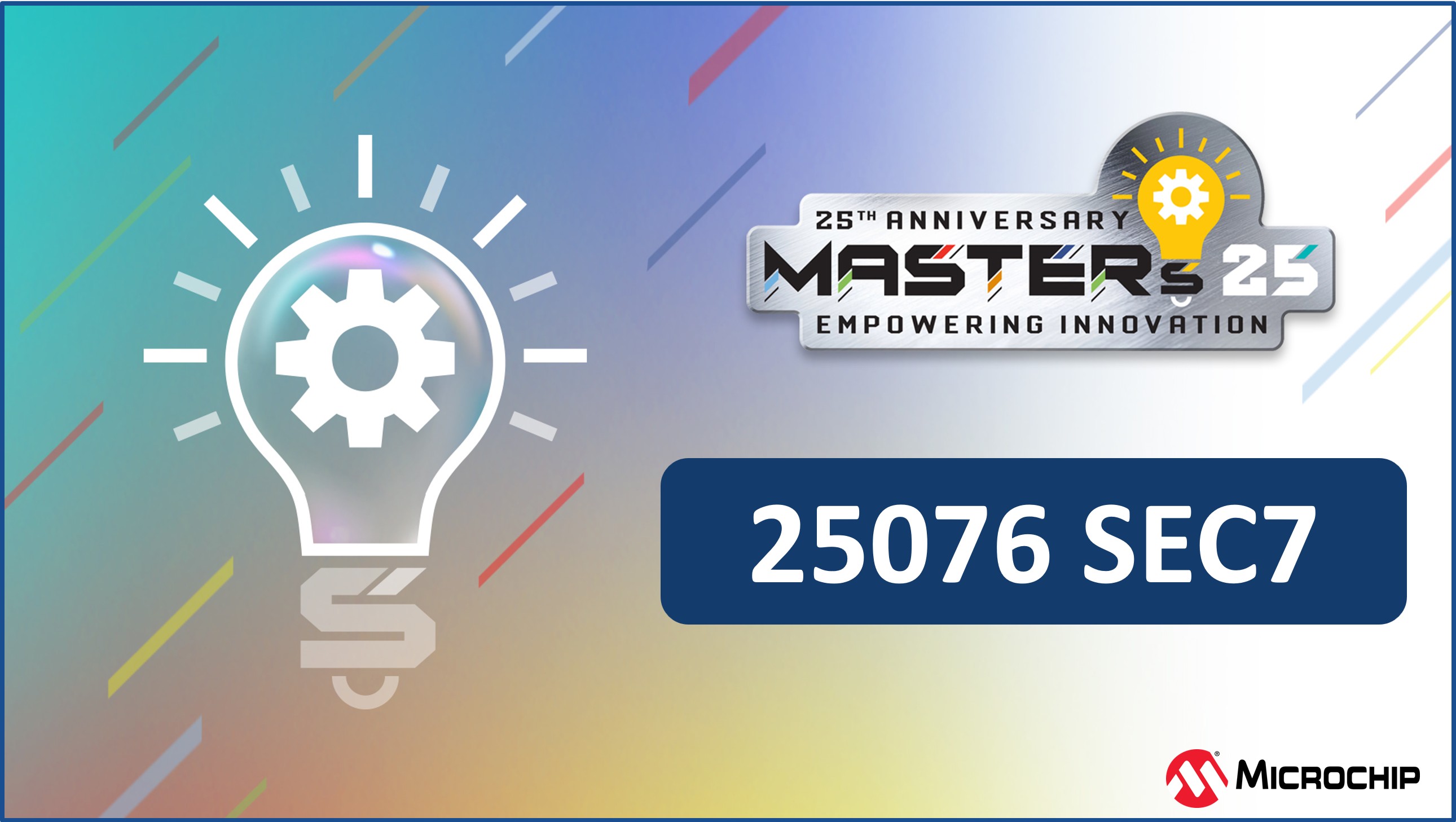
25076 SEC7: Firmware-Over-The-Air Updates made Easy, Secure and Scalable (August 2025)
In this class you will learn secure firmware management for Firmware-Over-The-Air (FOTA) updates, including the challenges of device security, pitfalls of DIY strategies, and professional solutions using Microchip and Kudelski Keystream, with hands-on experience in code signing, regulatory compliance, and deploying updates using the ECC608 TrustManaged device and managed FOTA services.
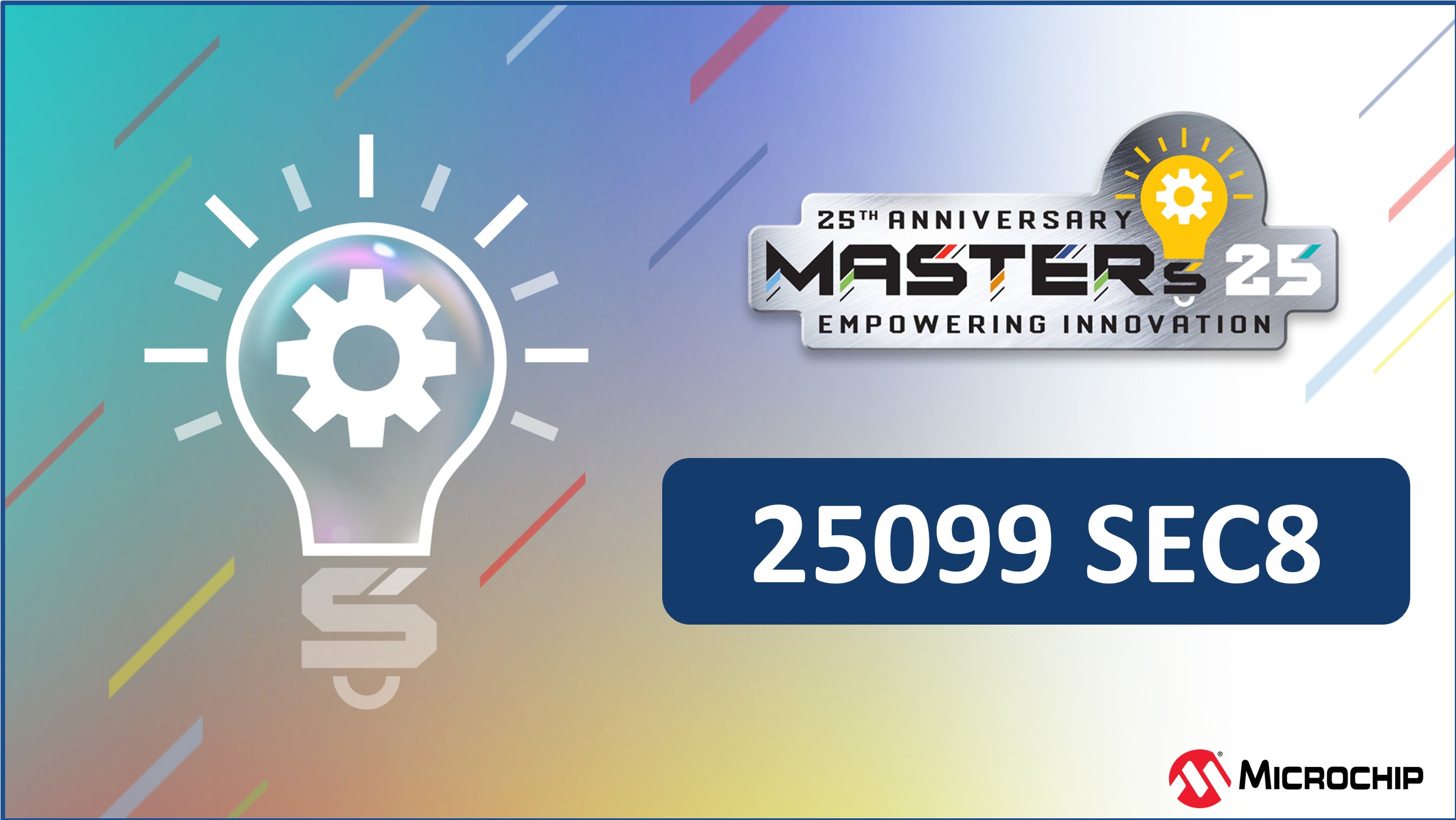
25099 SEC8: Cyber Resilience Act (August 2025)
In this class you will learn how to design embedded products for hostile cyber environments by implementing features such as Key Management, Secure Boot, Vulnerability Management, Threat and Risk Analysis, SBoM, and Threat Modeling, while understanding new regulatory requirements for availability, authenticity, integrity, and confidentiality, and mastering the processes needed for secure, cyber resilient products.
